Check out the best shots from Sunday night's historic game between the Broncos and 49ers.

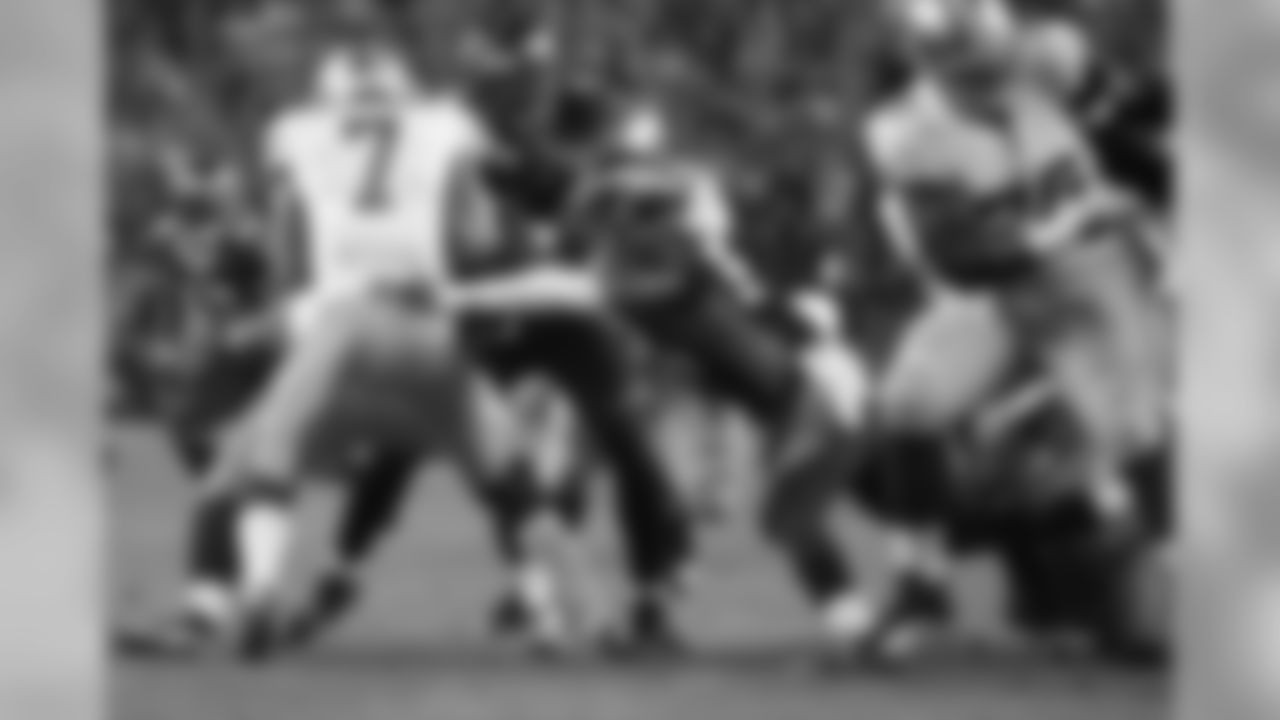
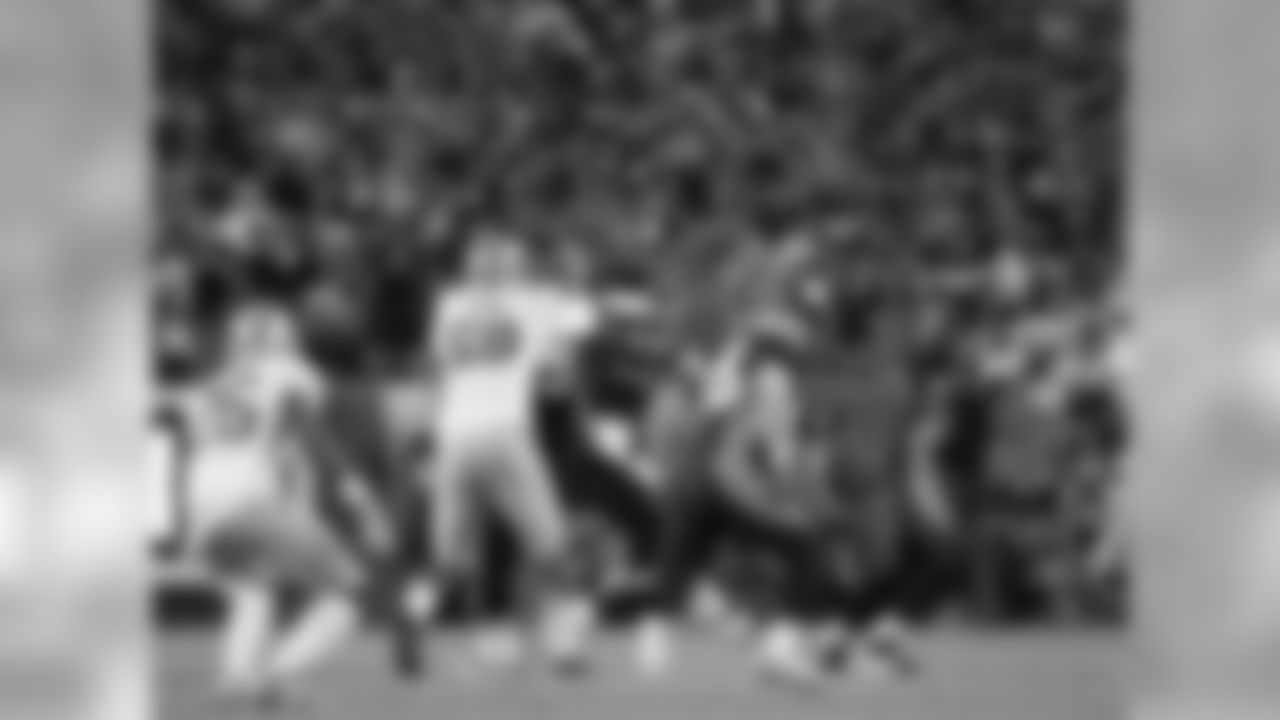
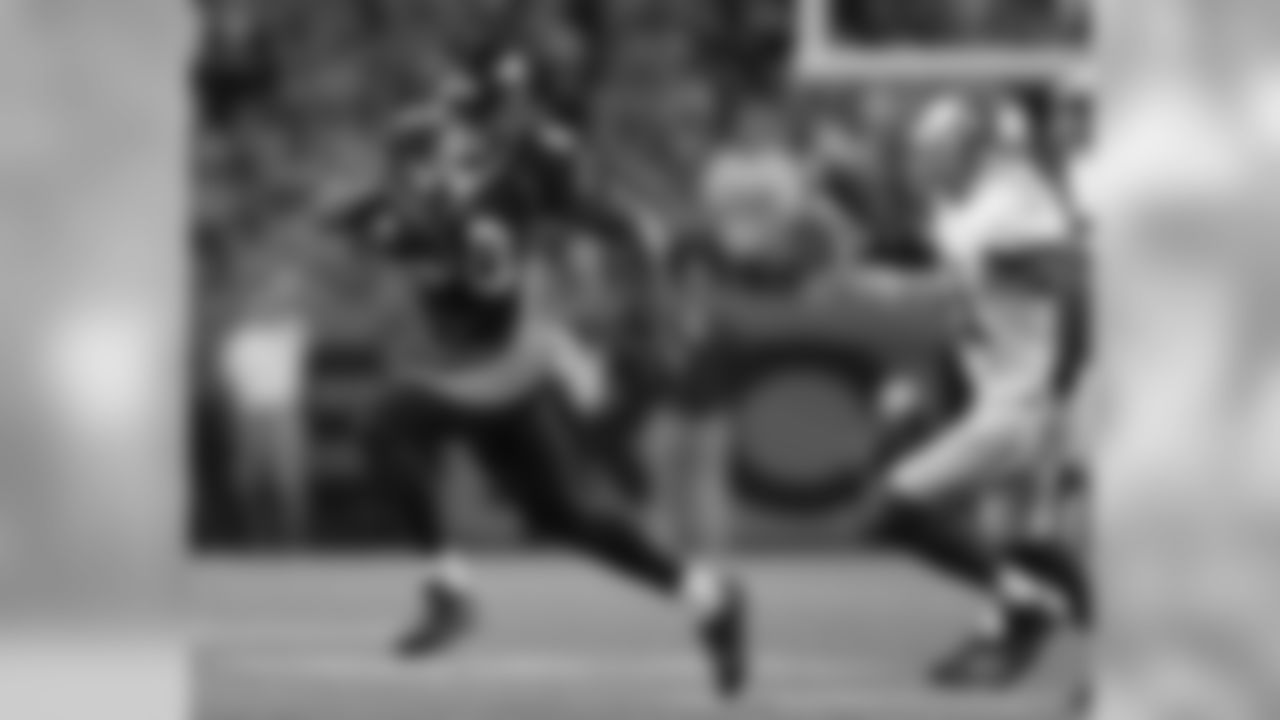
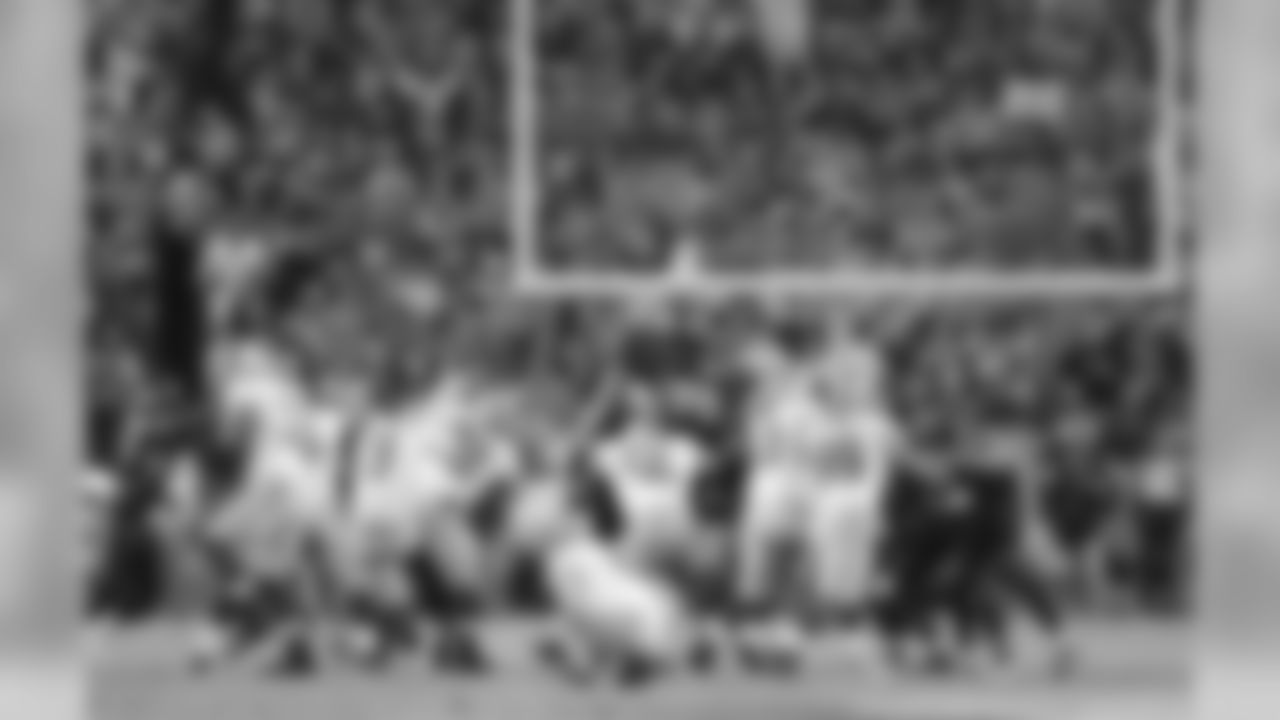
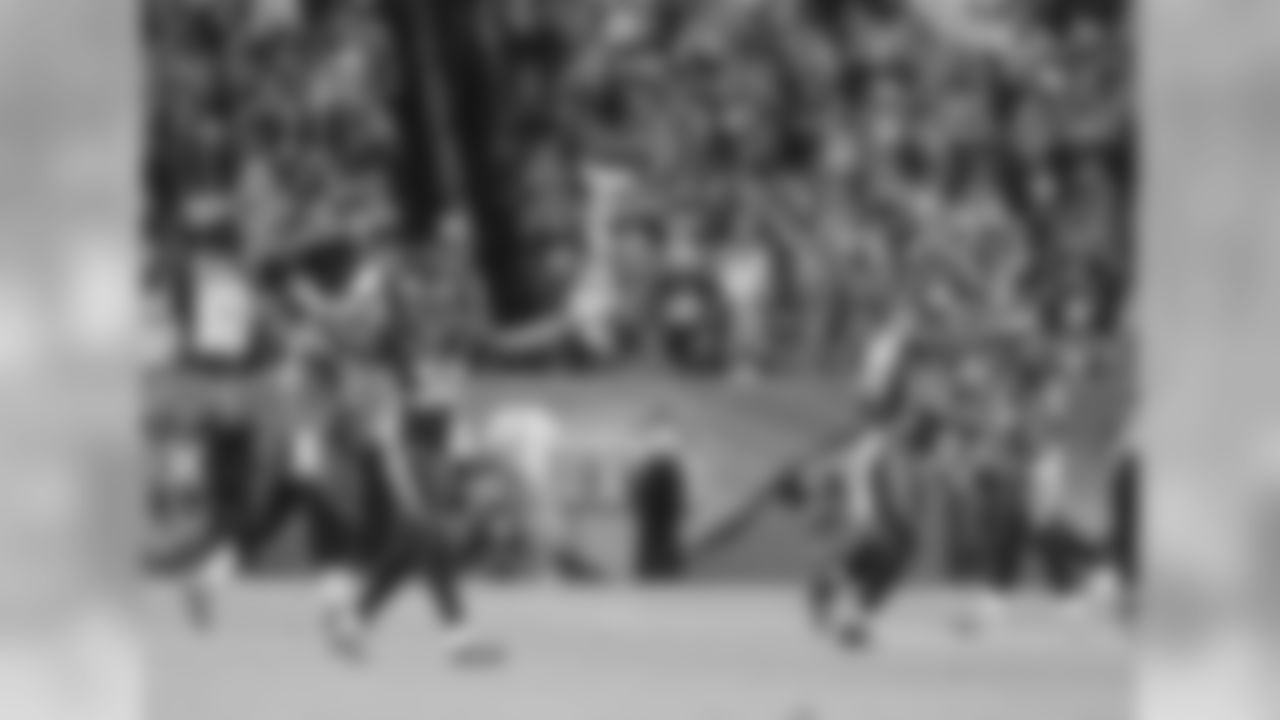
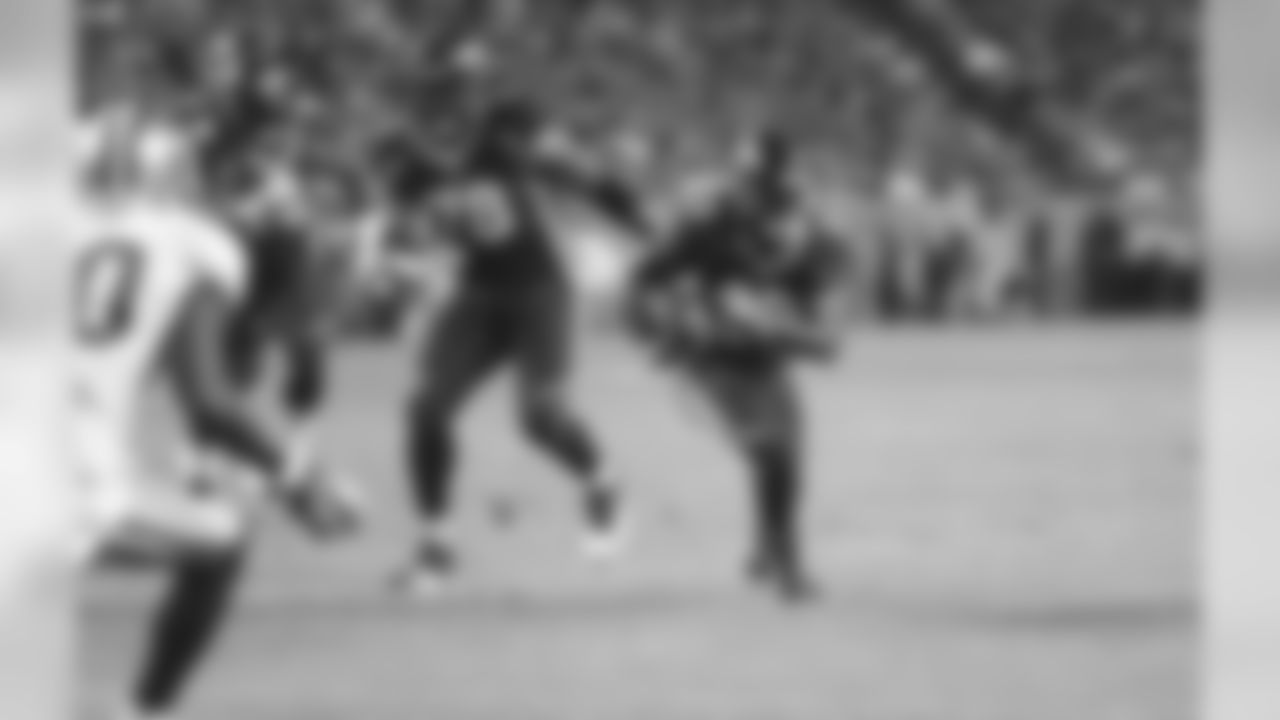
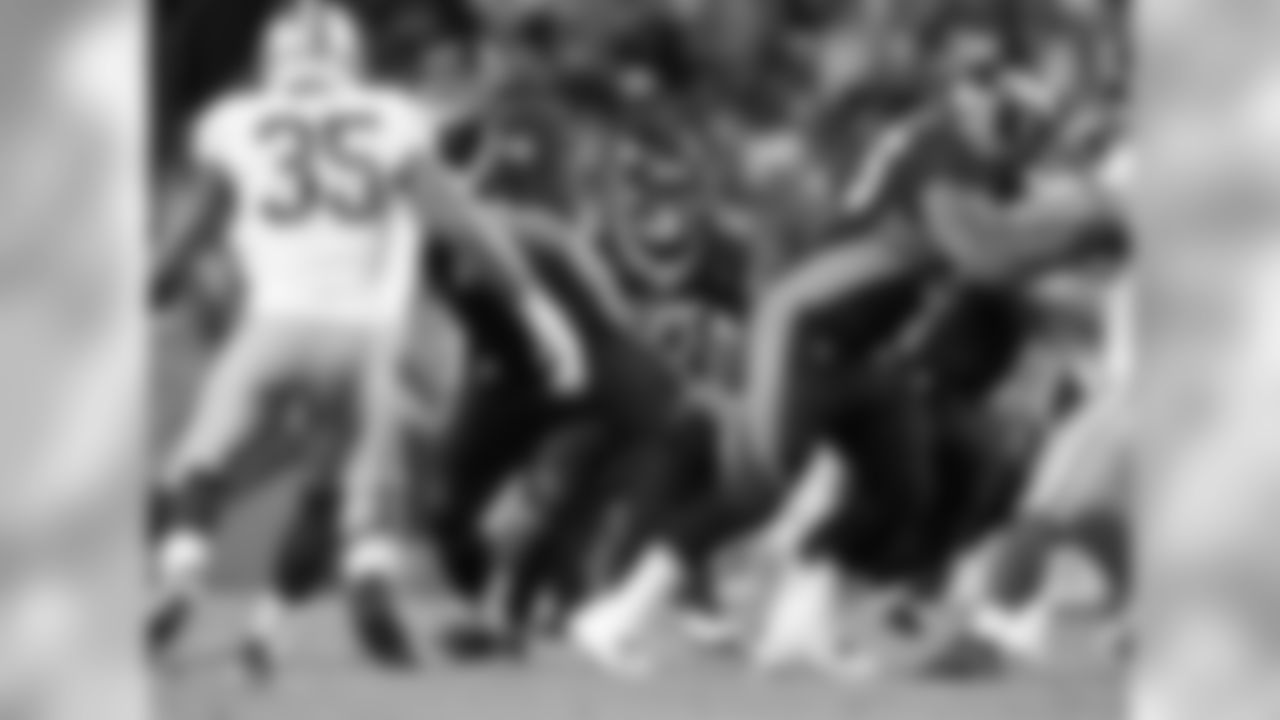
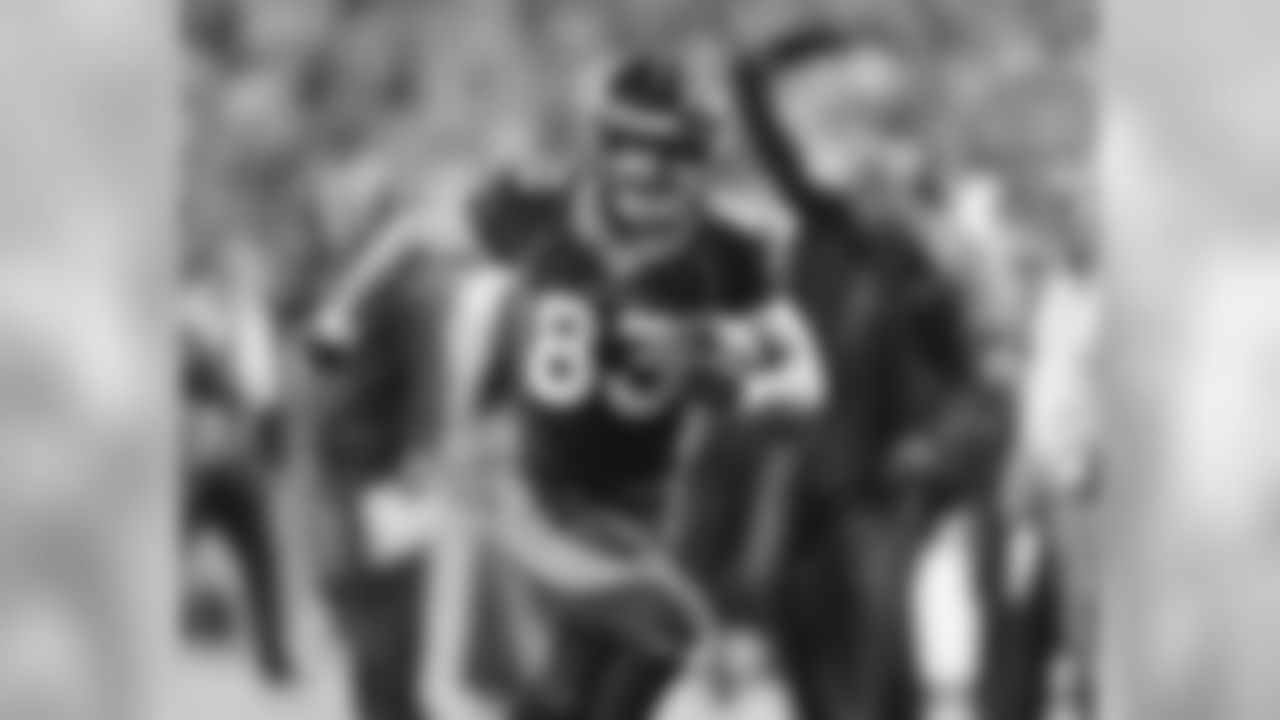
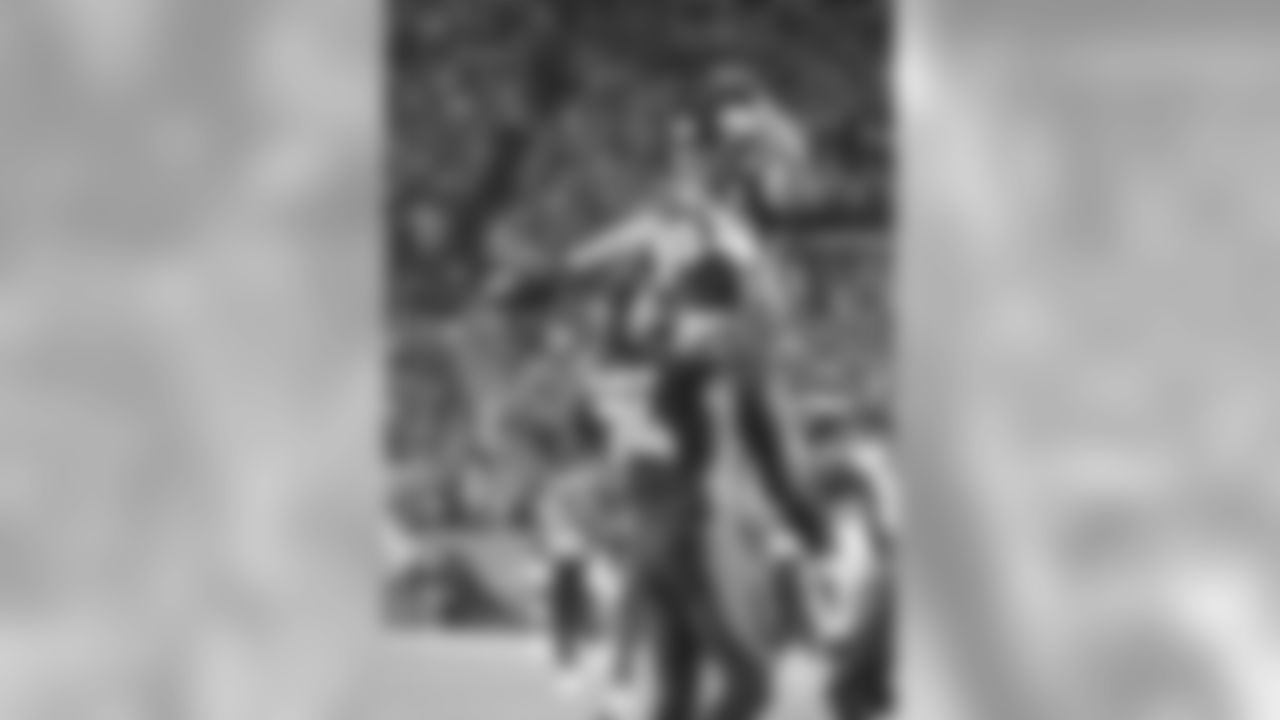
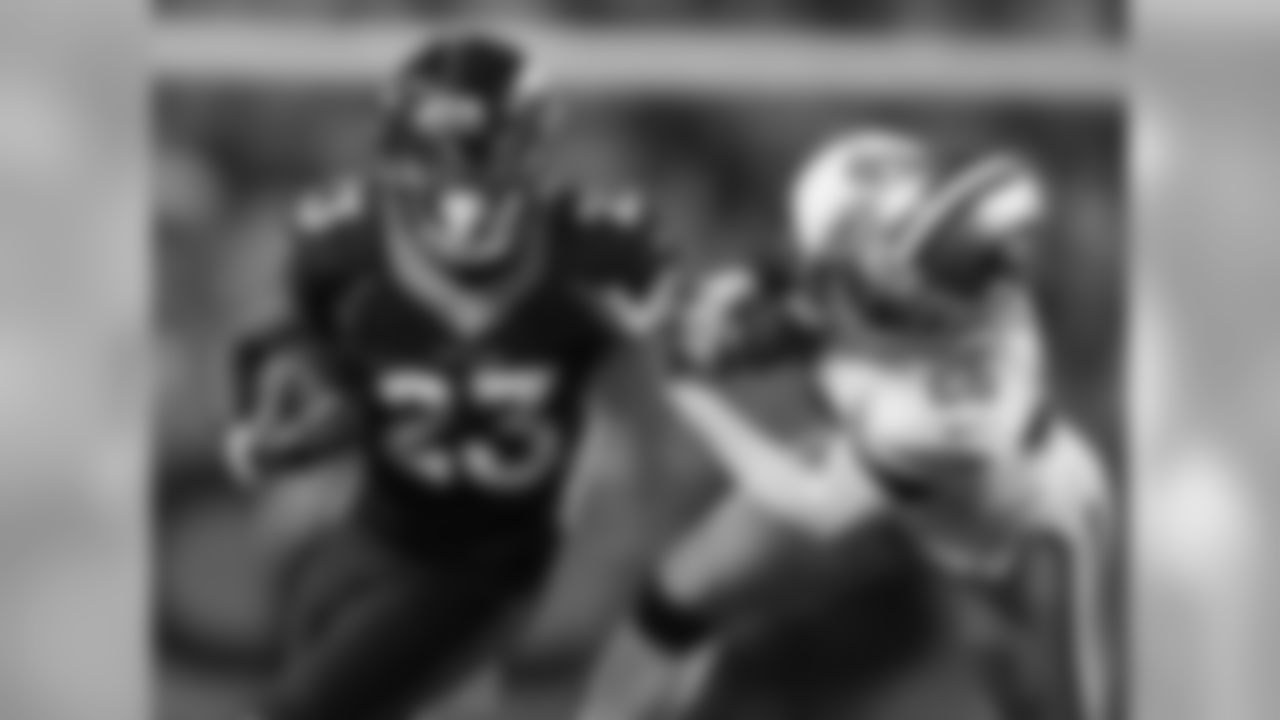
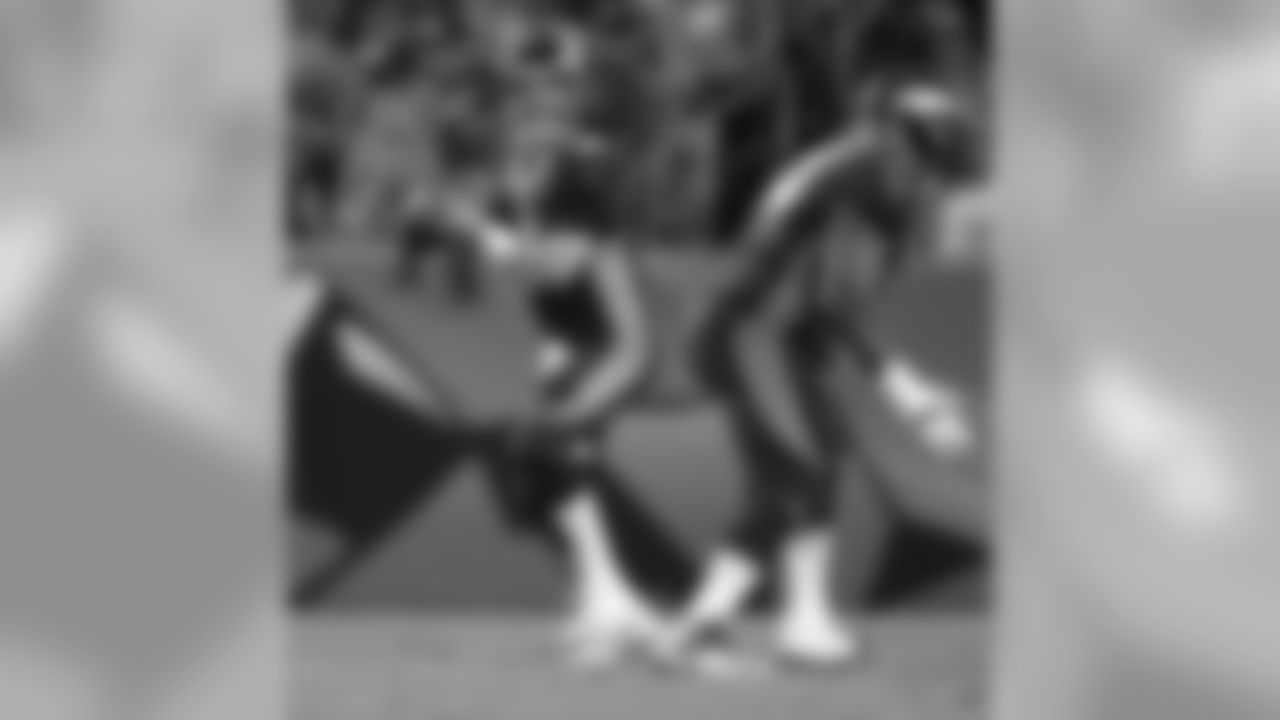

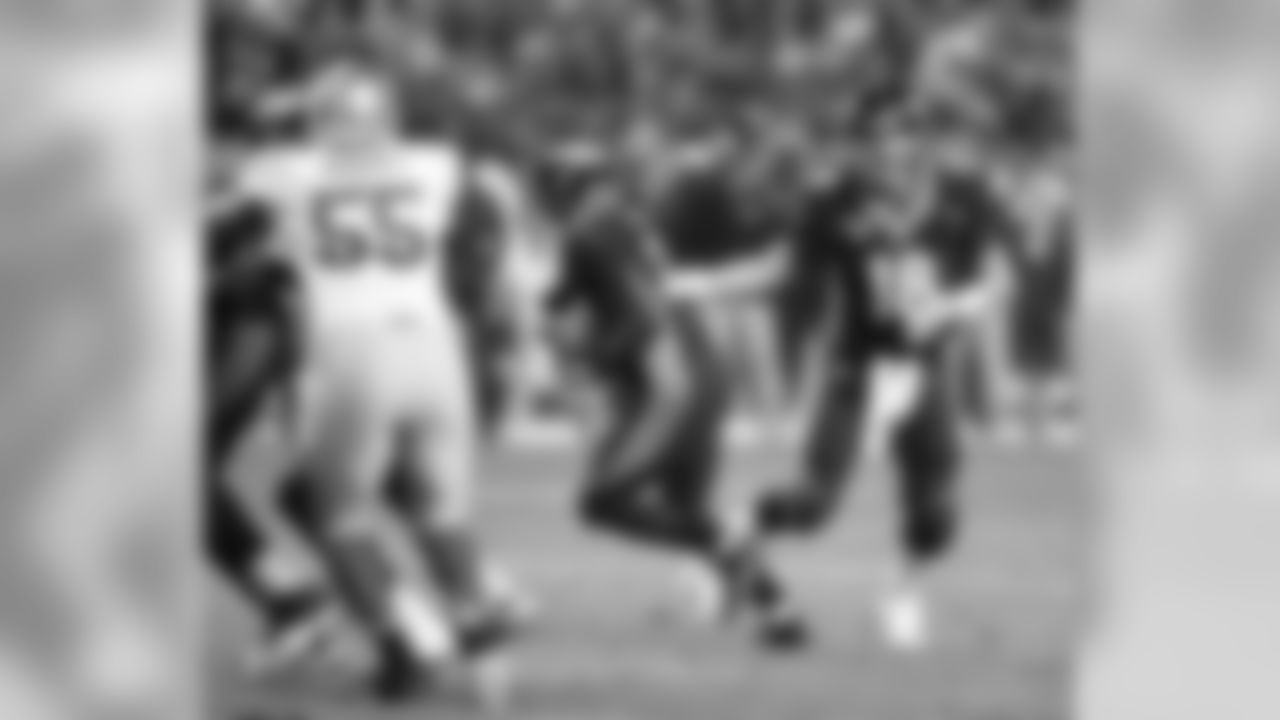
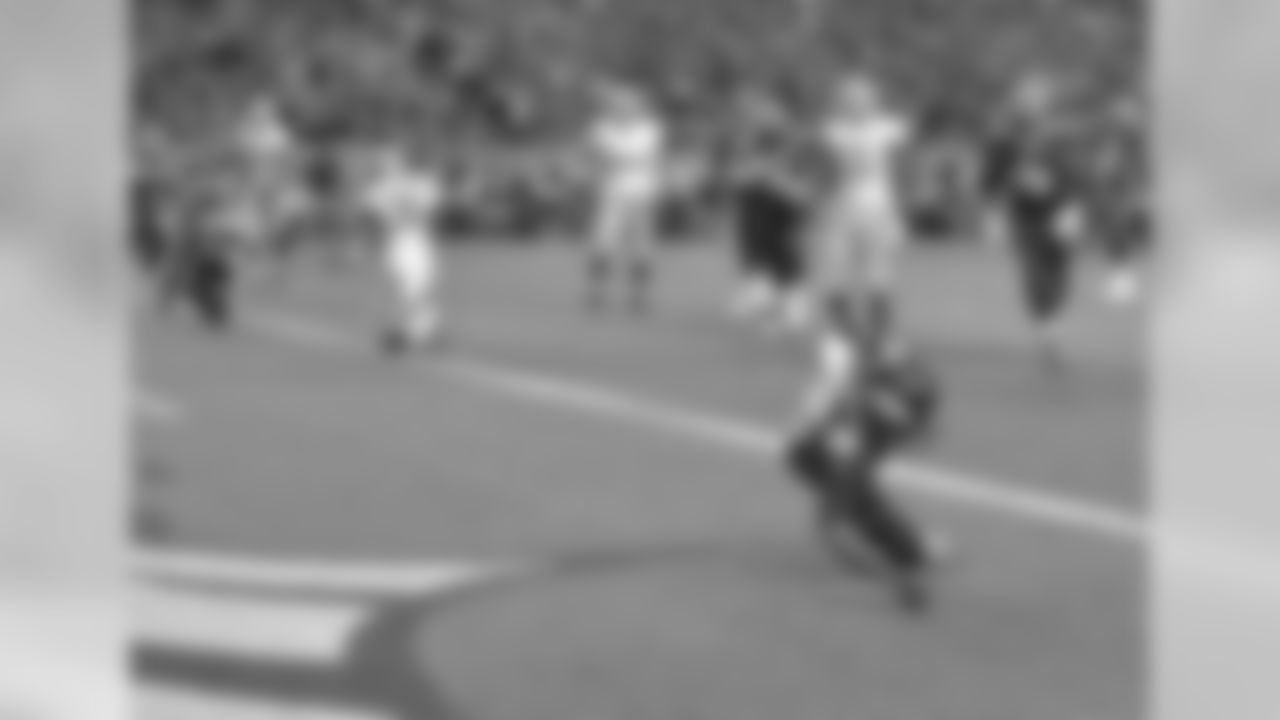
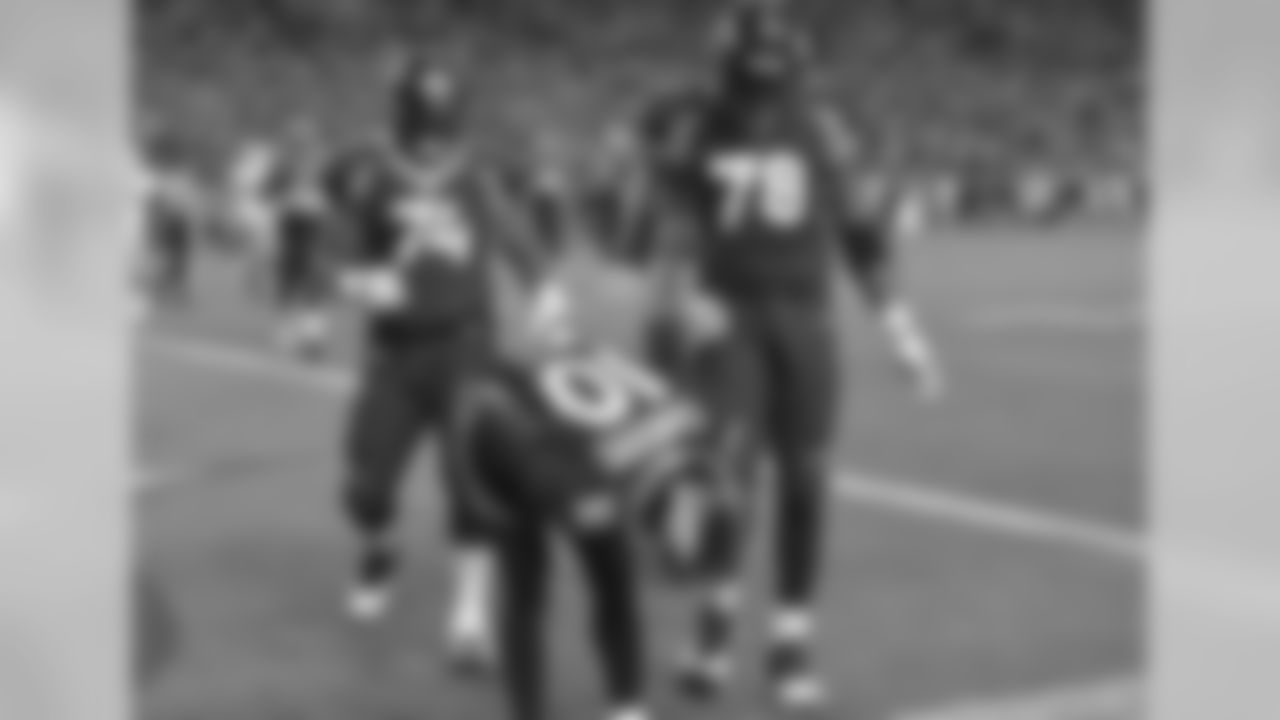
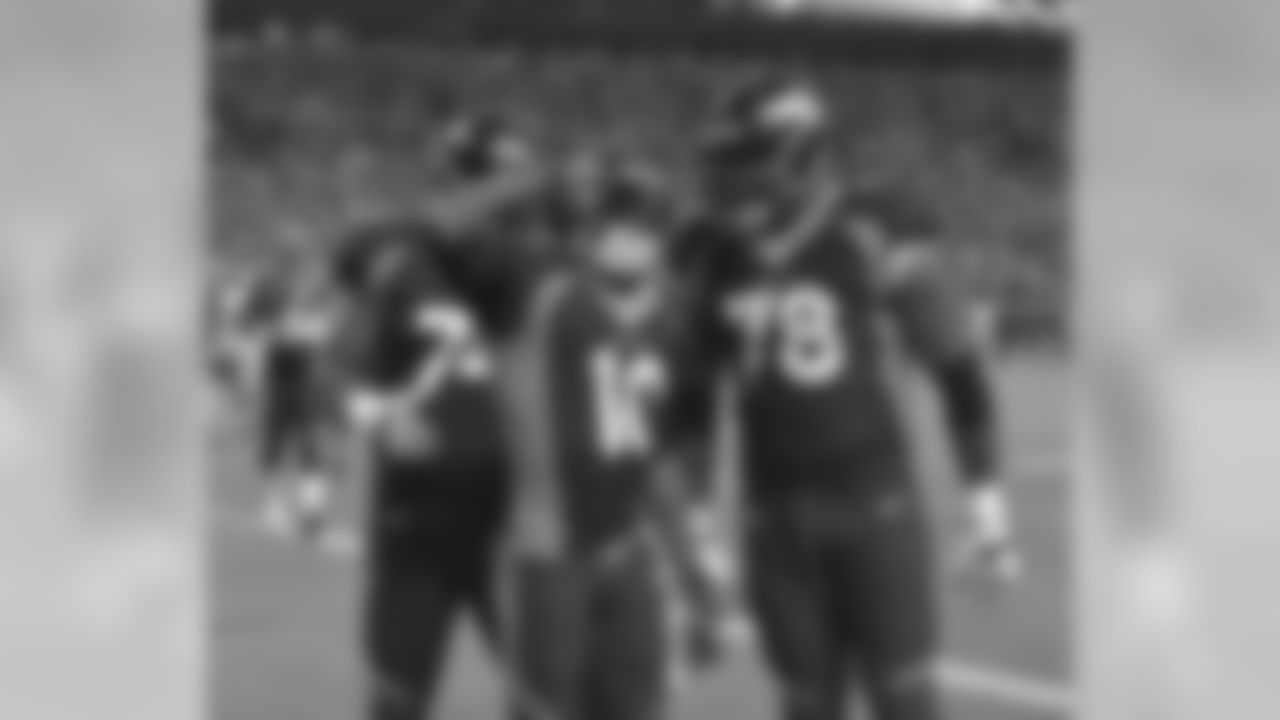
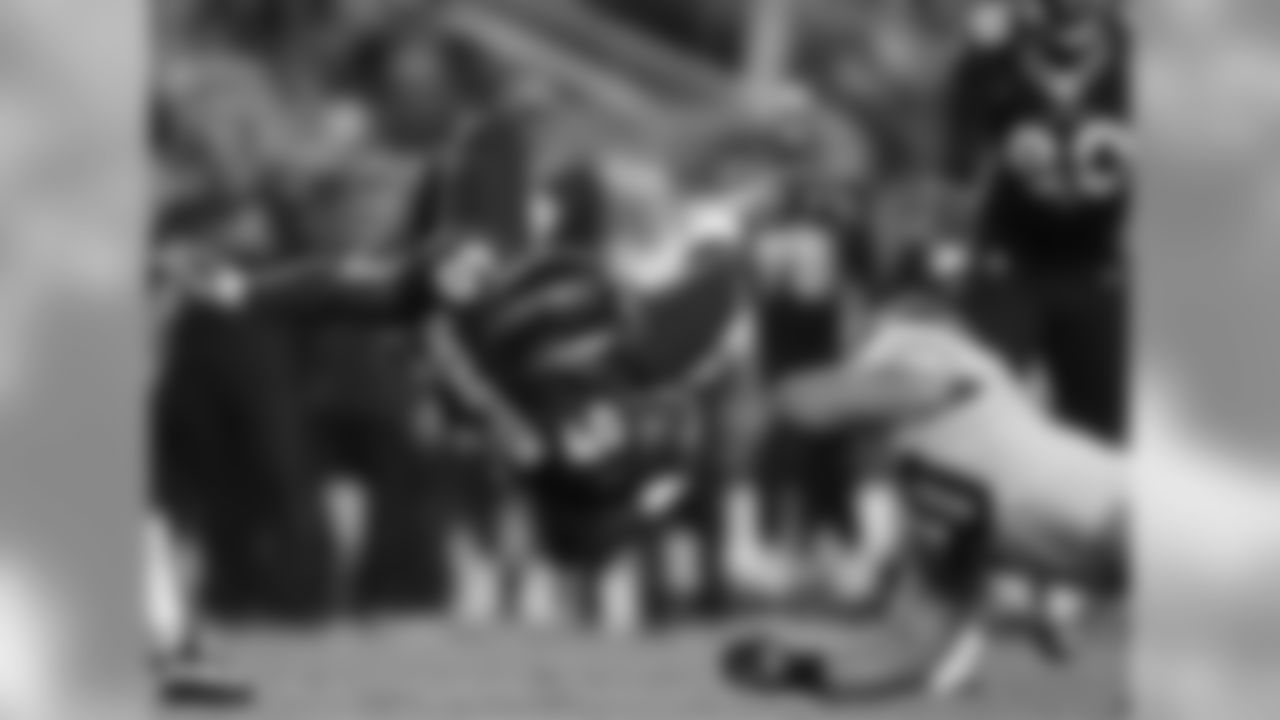
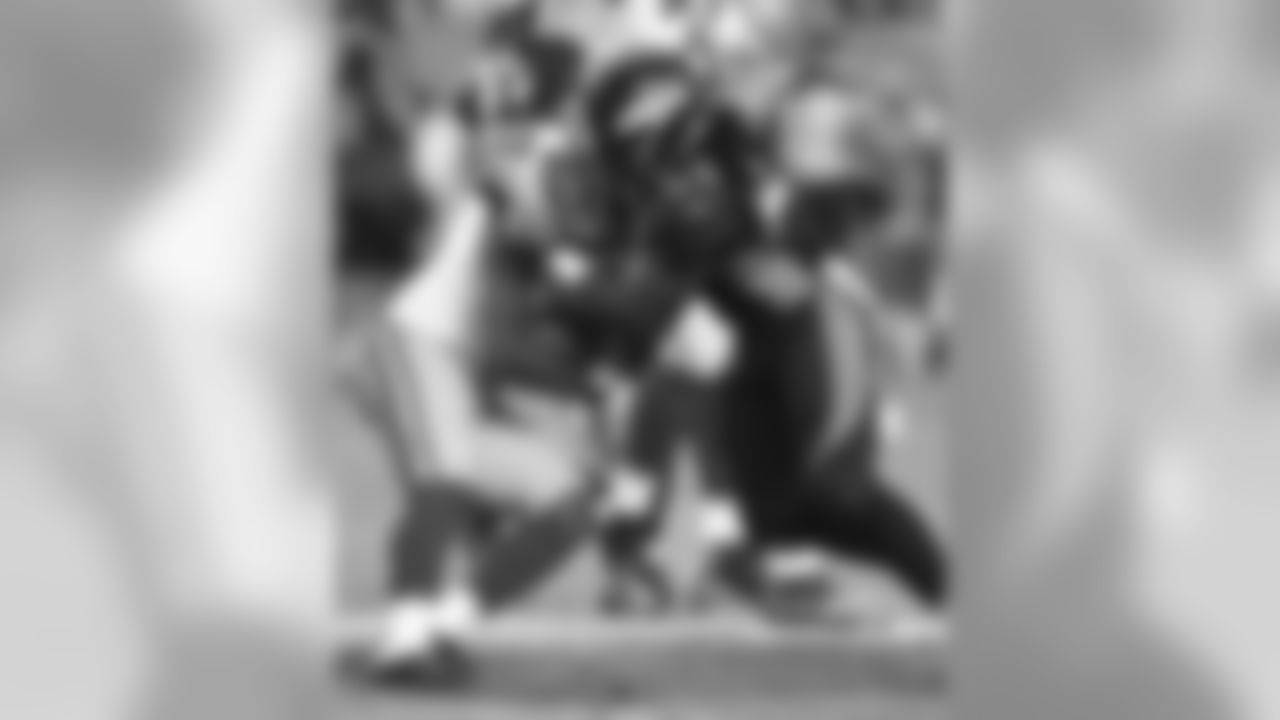
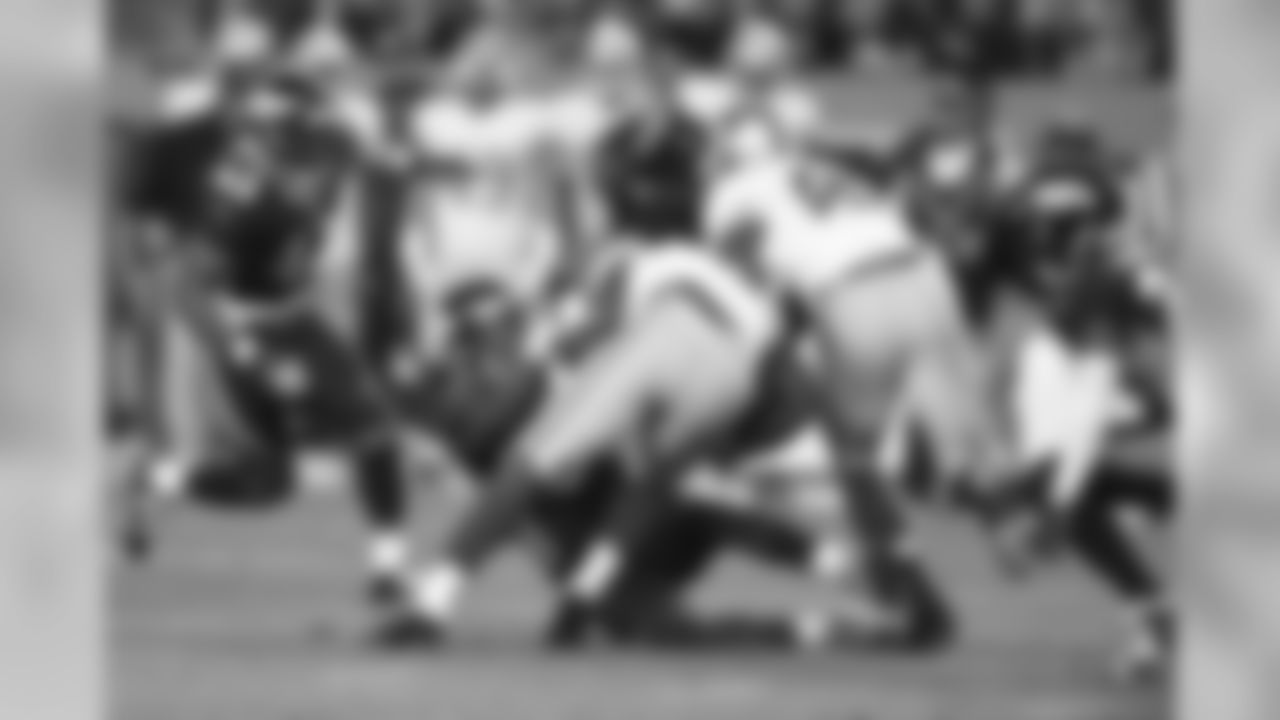
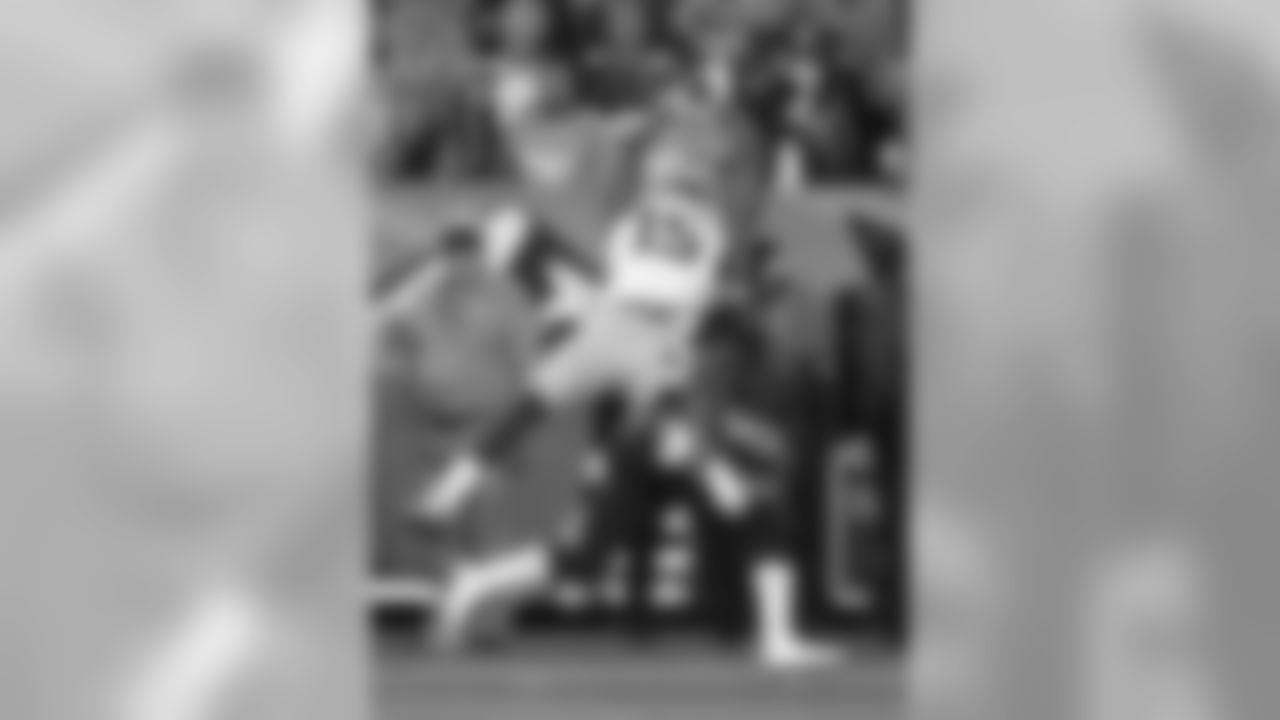
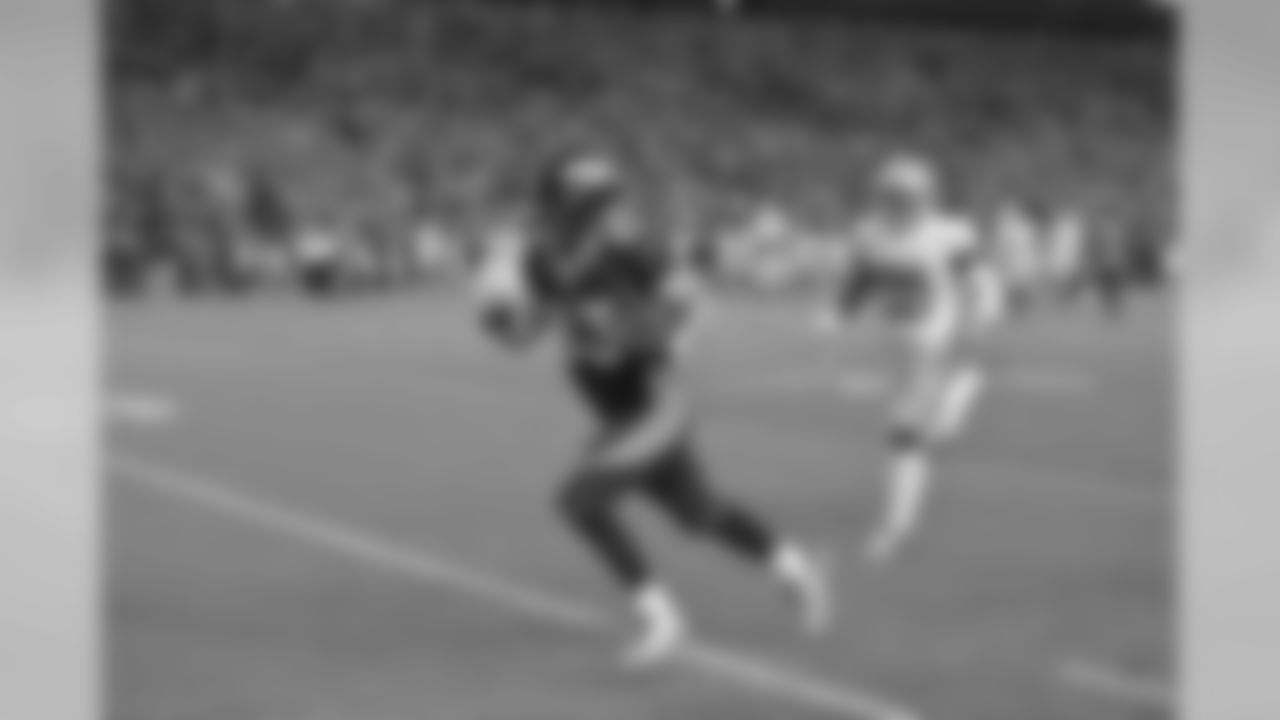
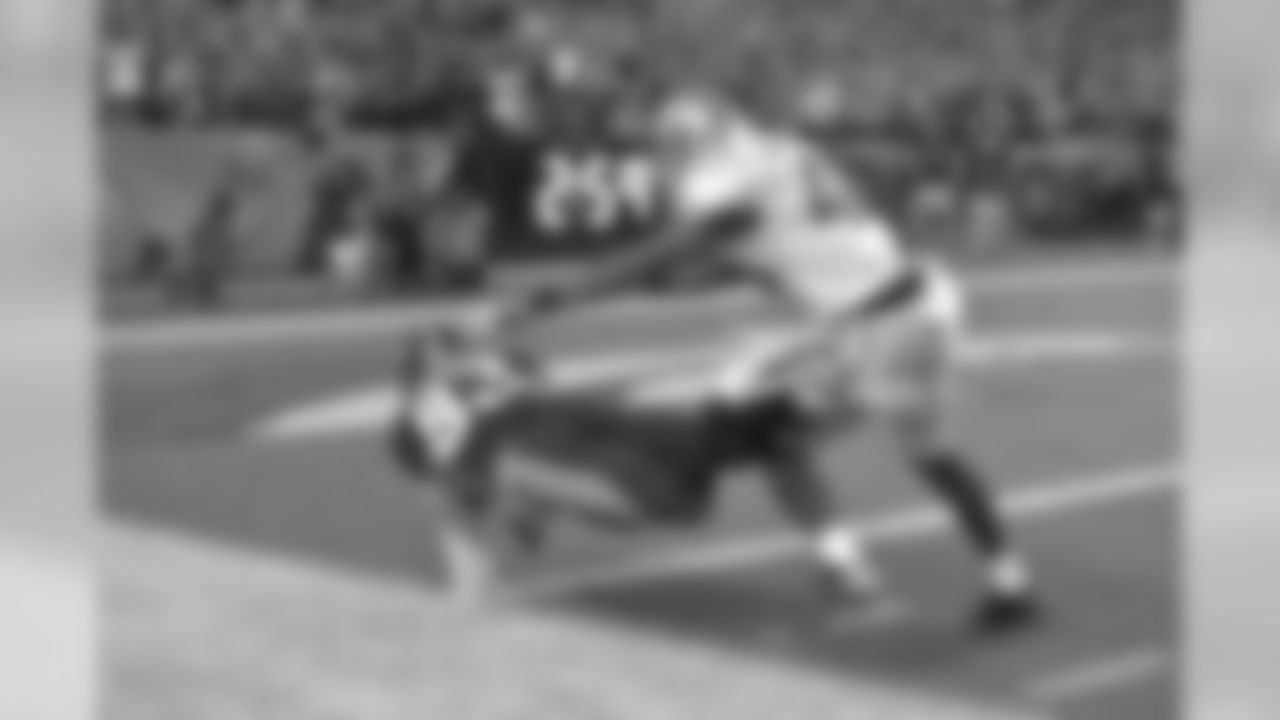
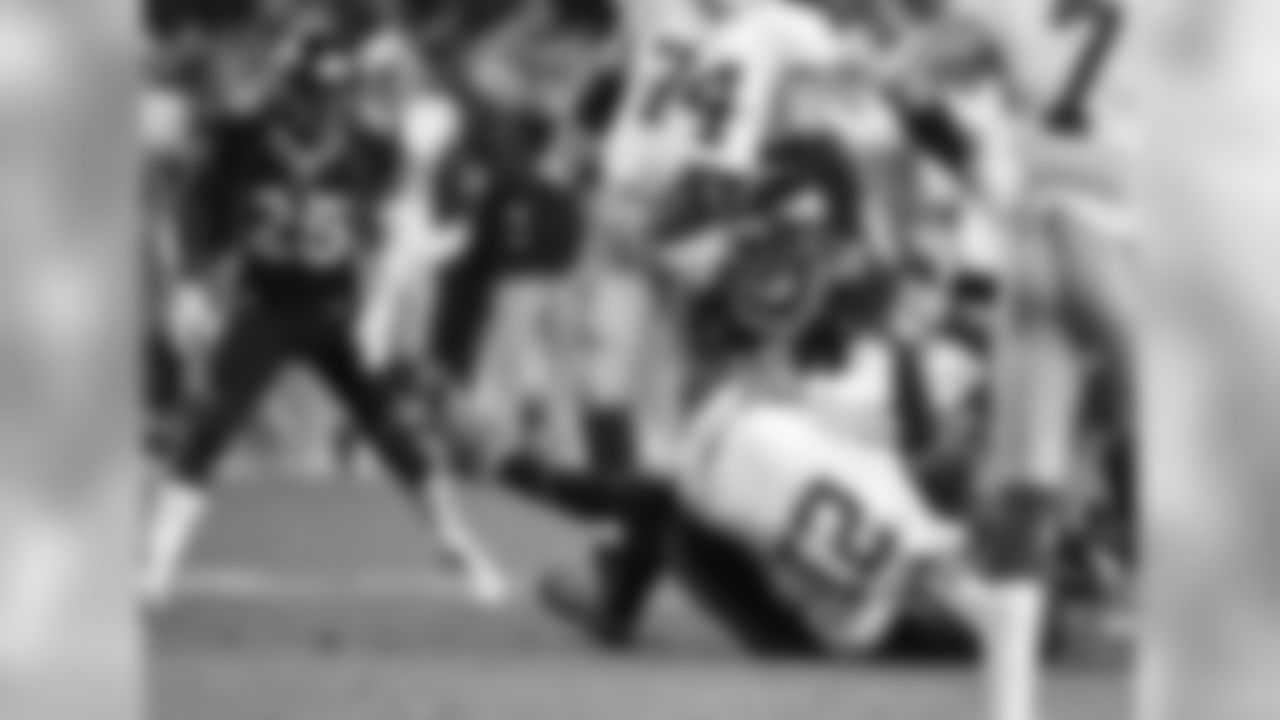
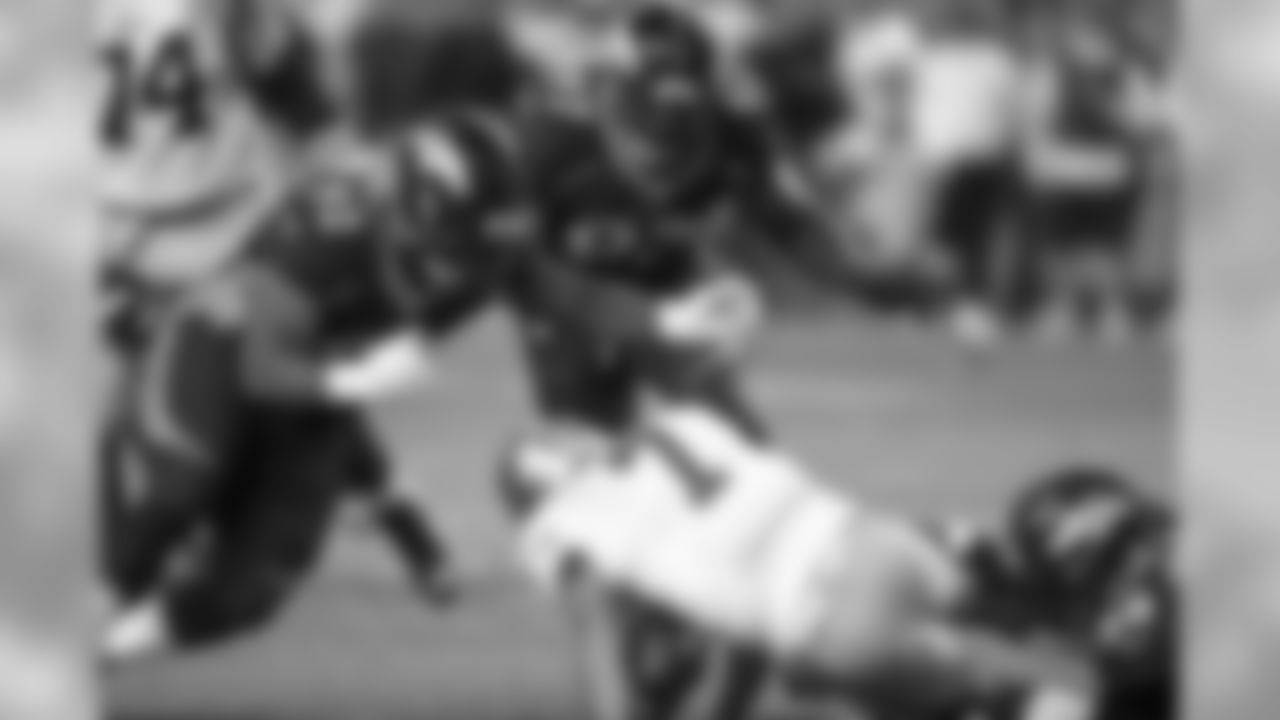
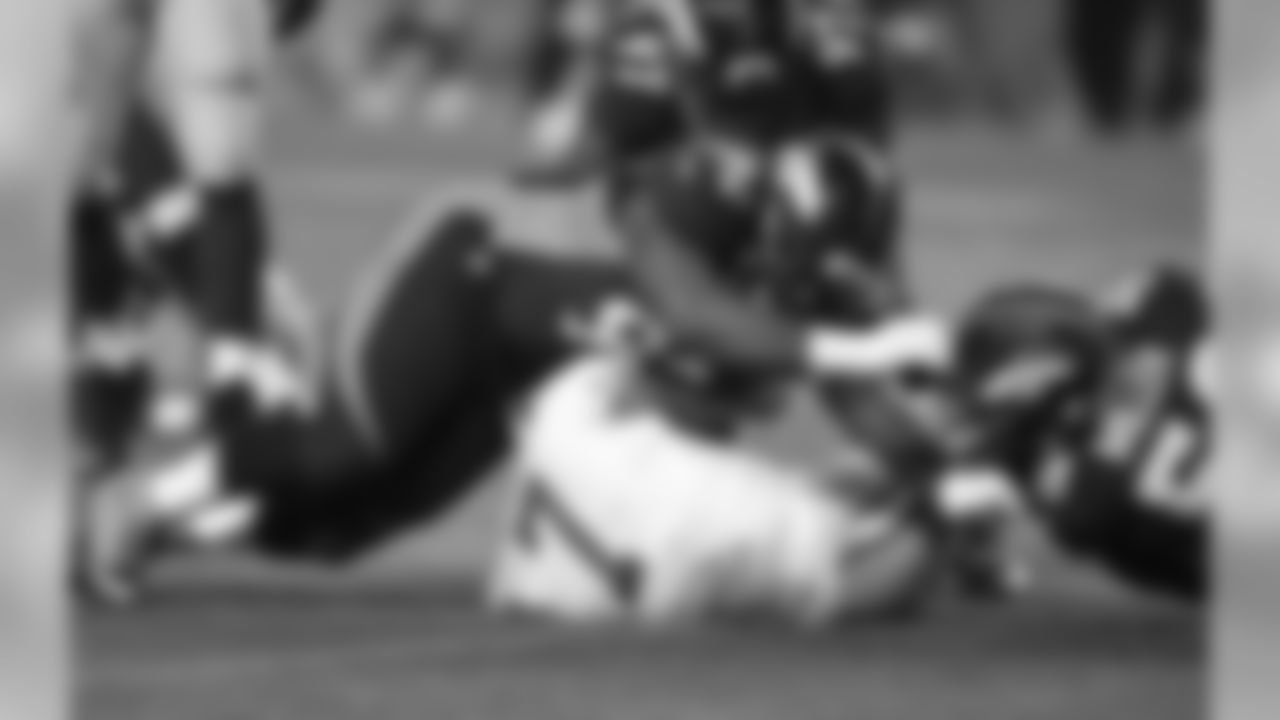
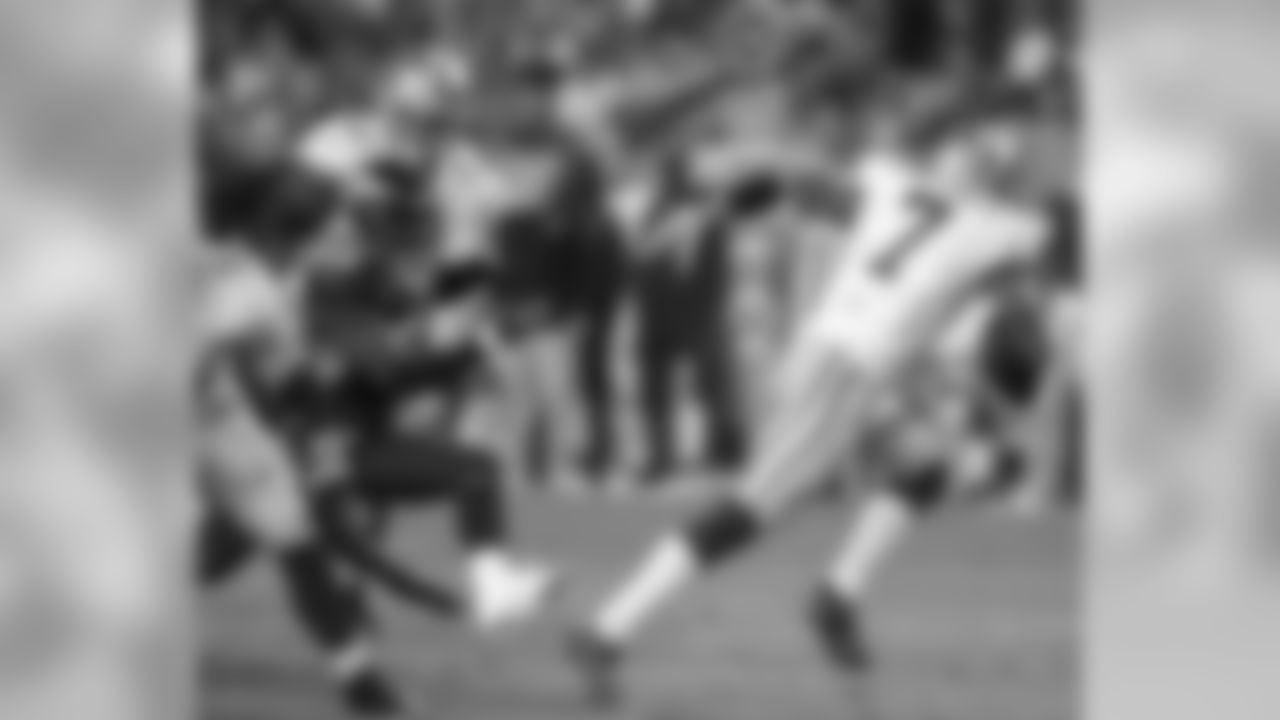


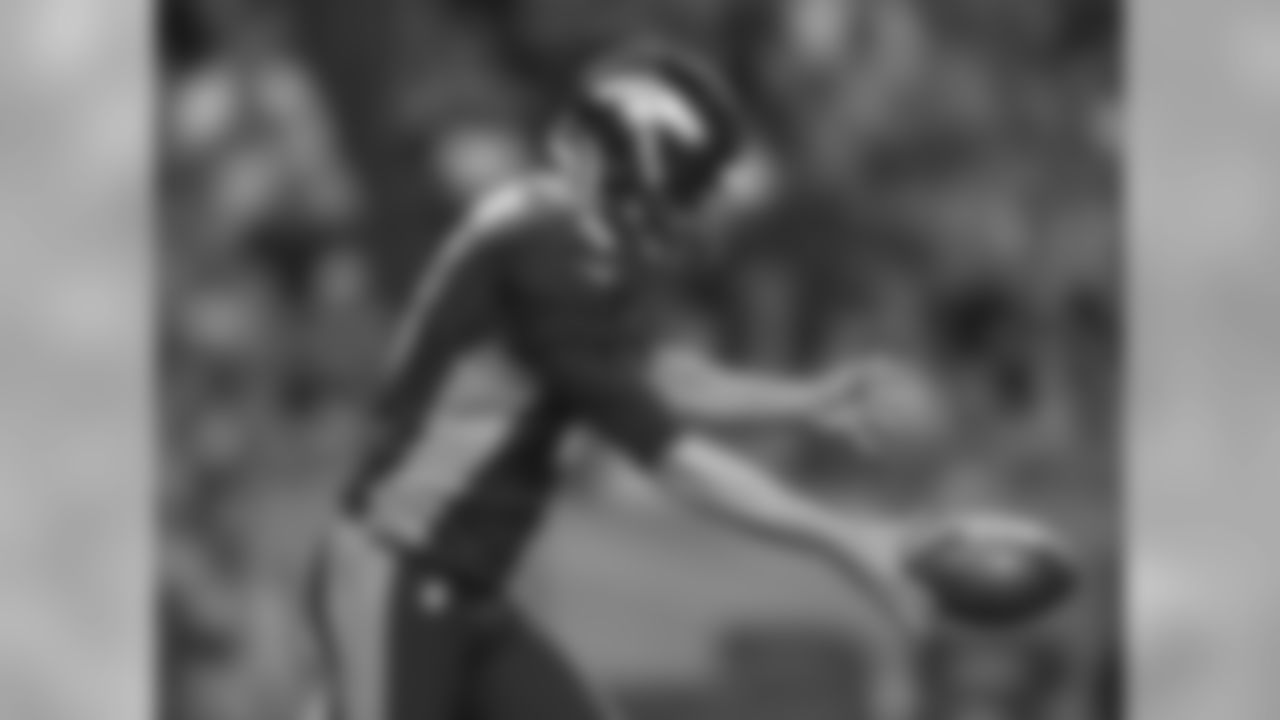
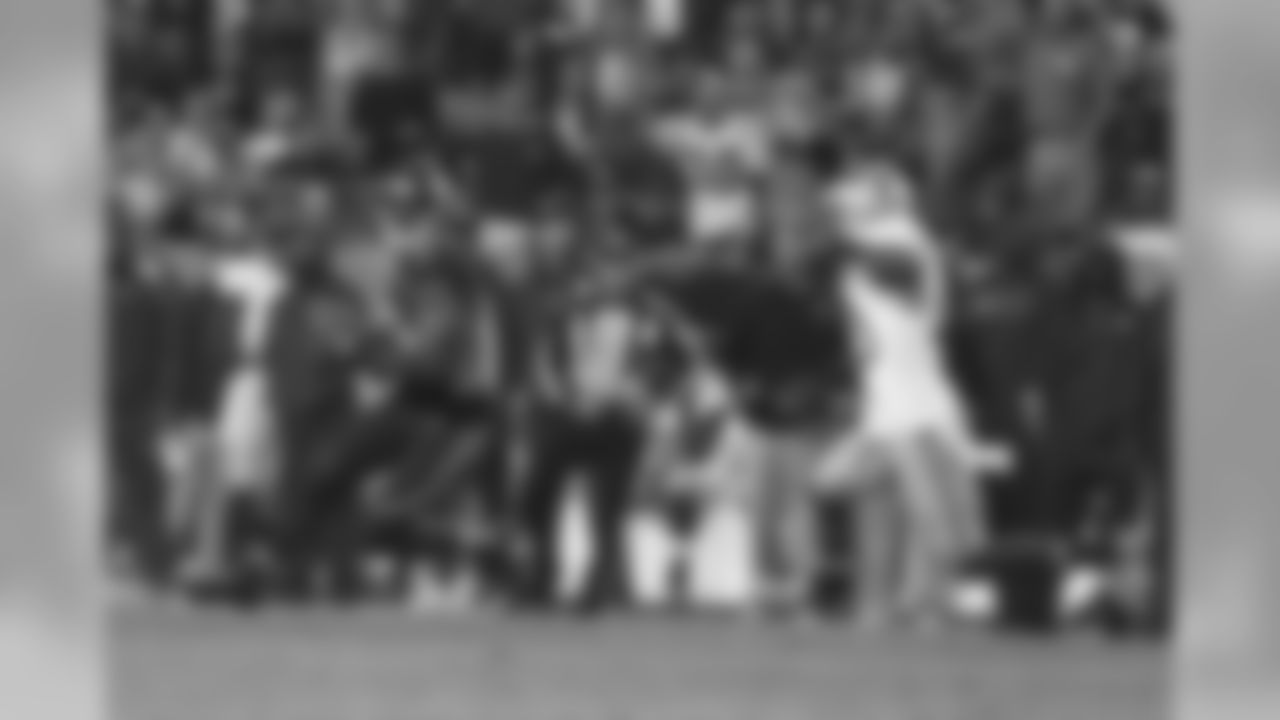
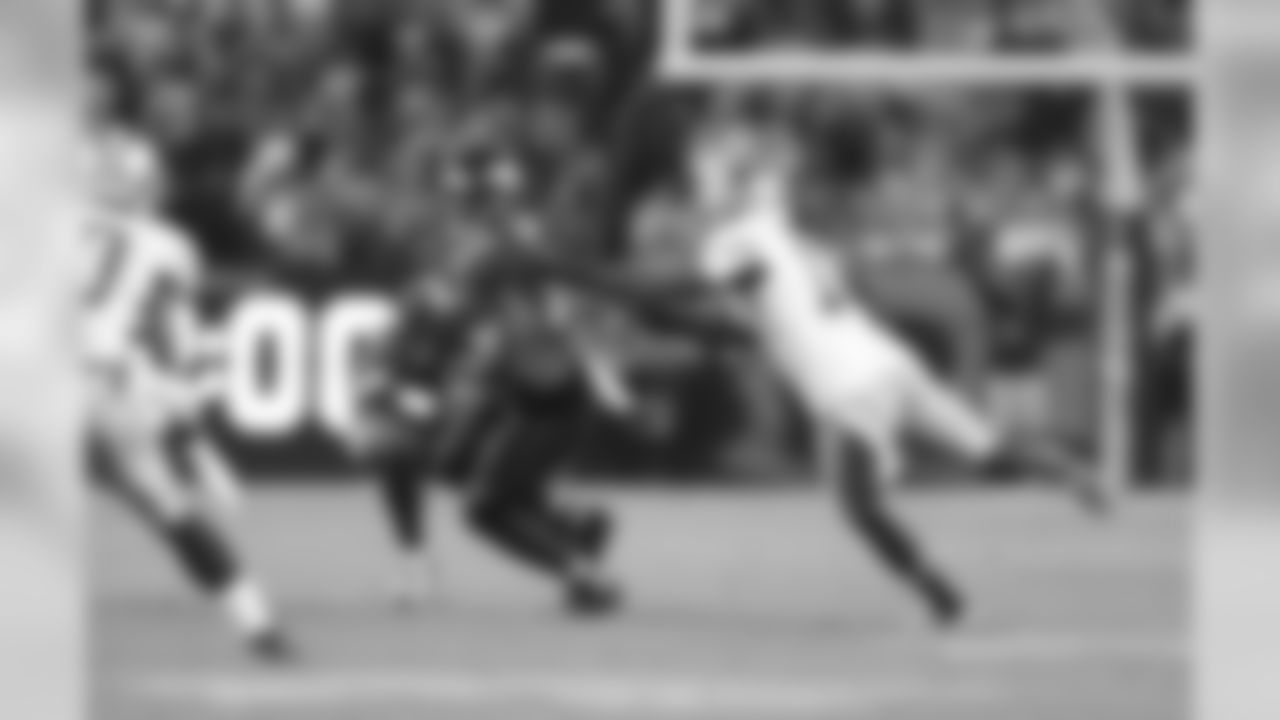
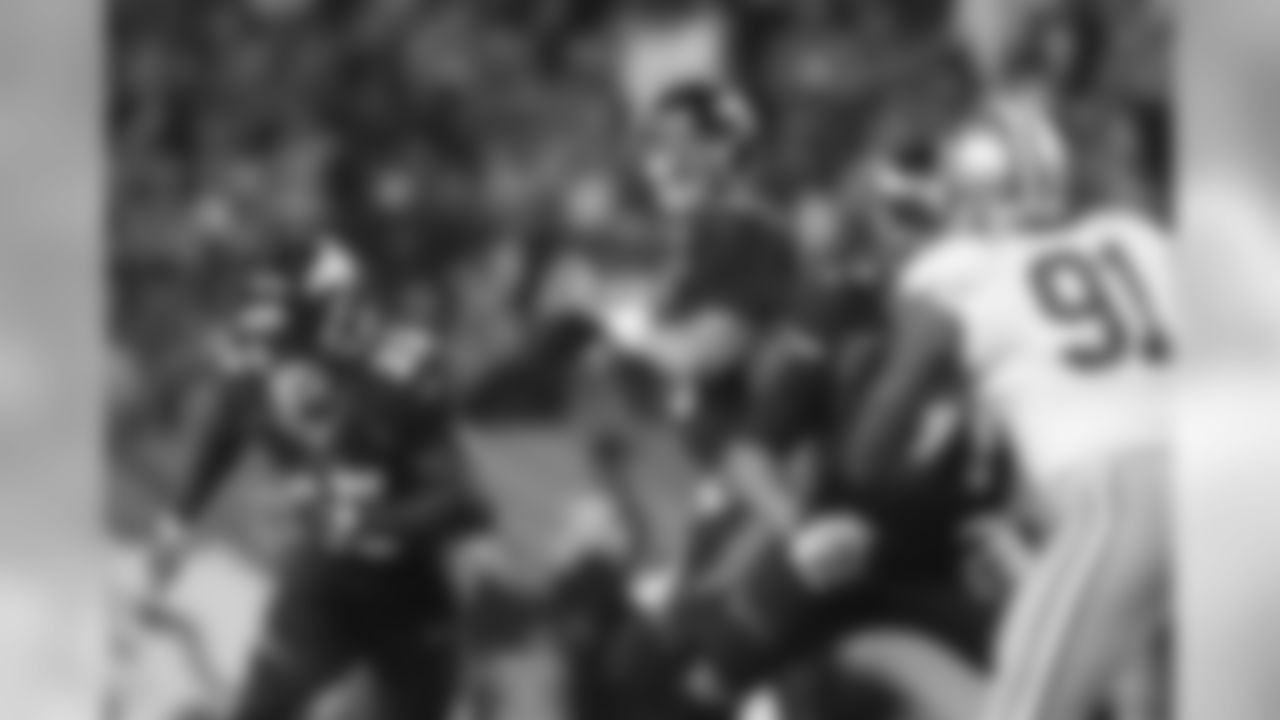
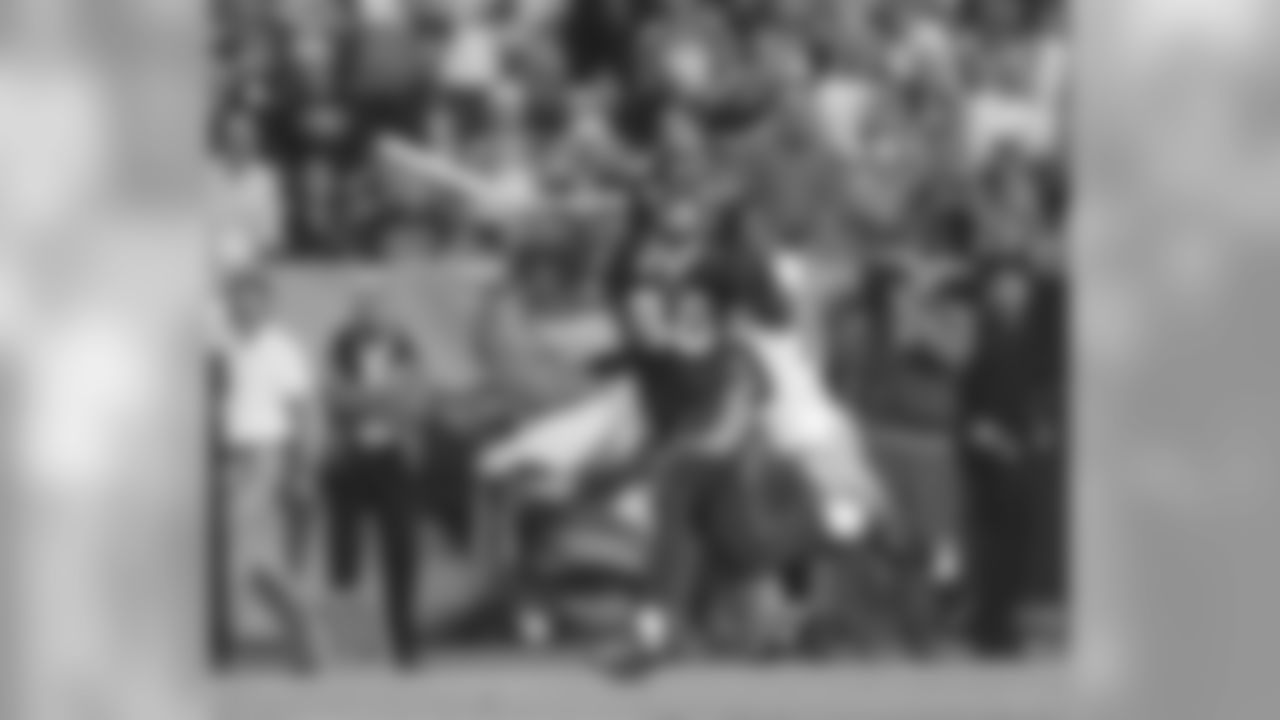
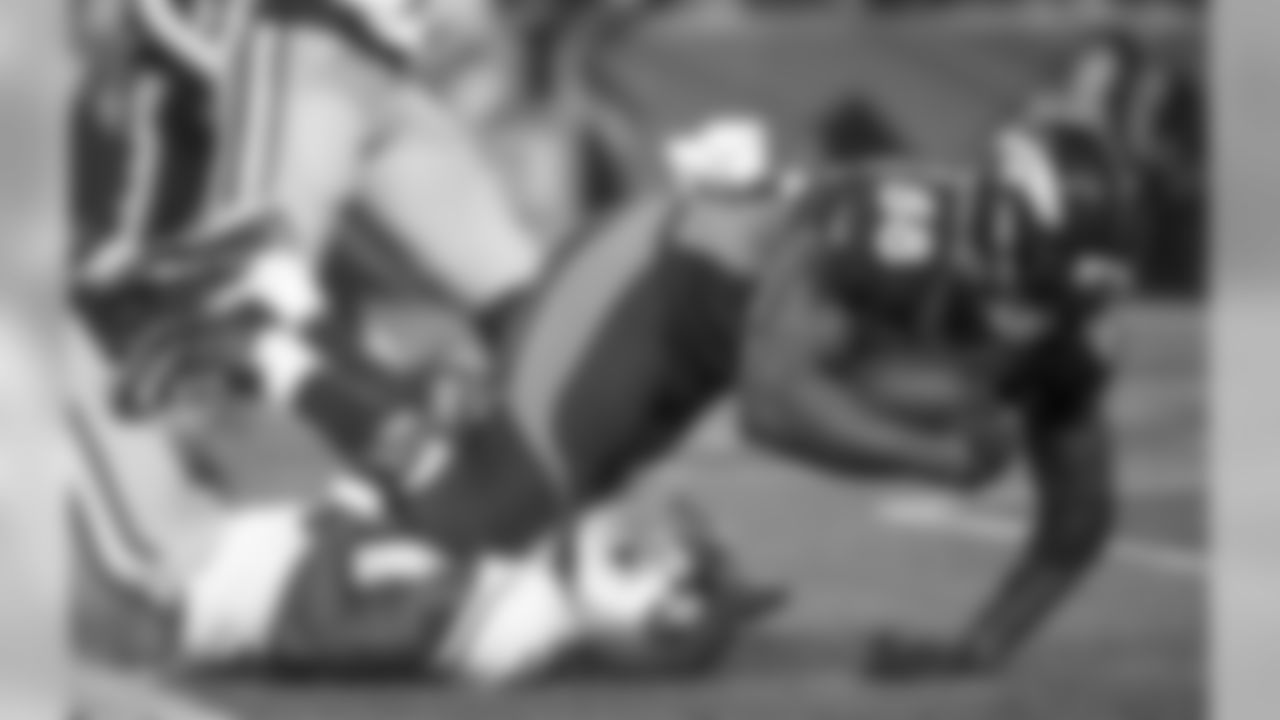
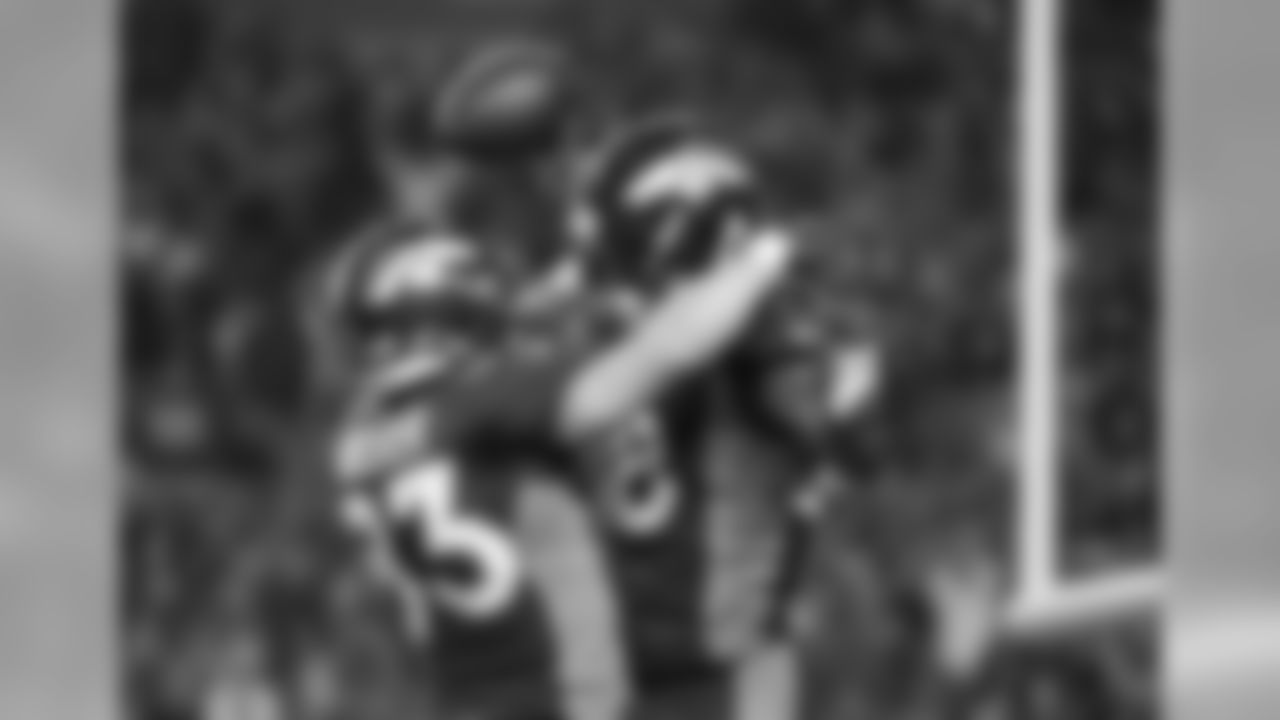
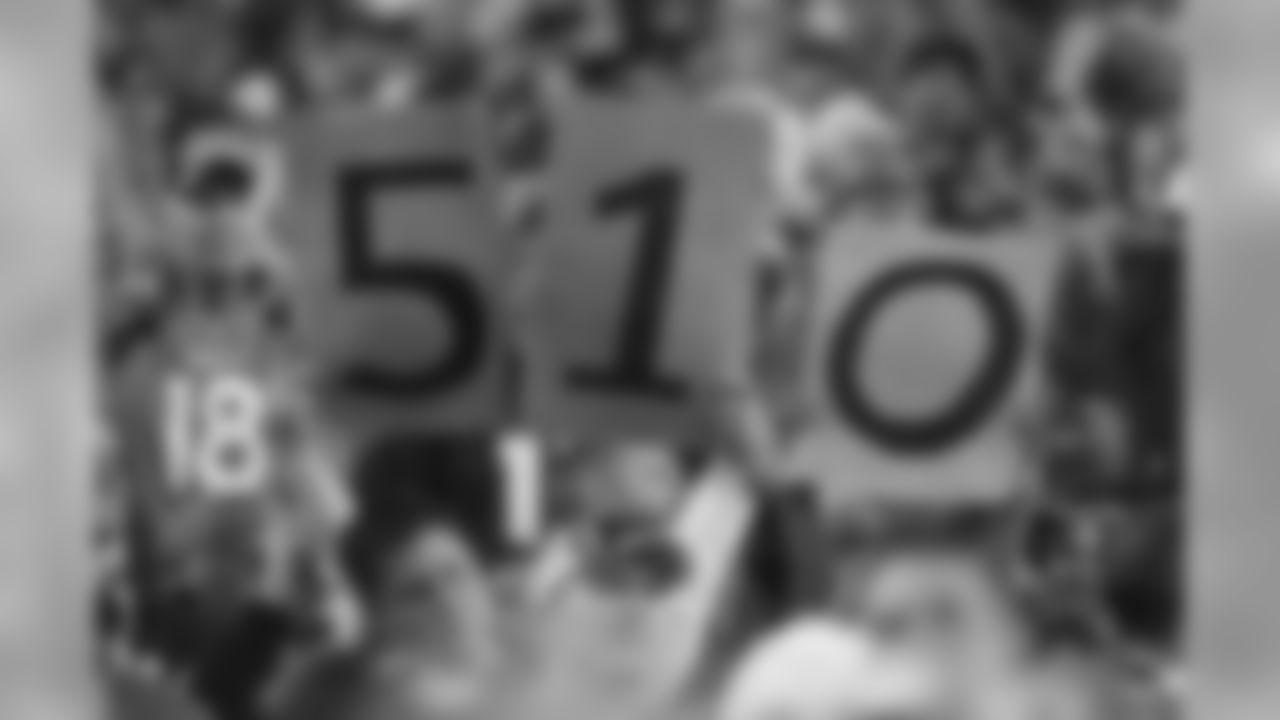
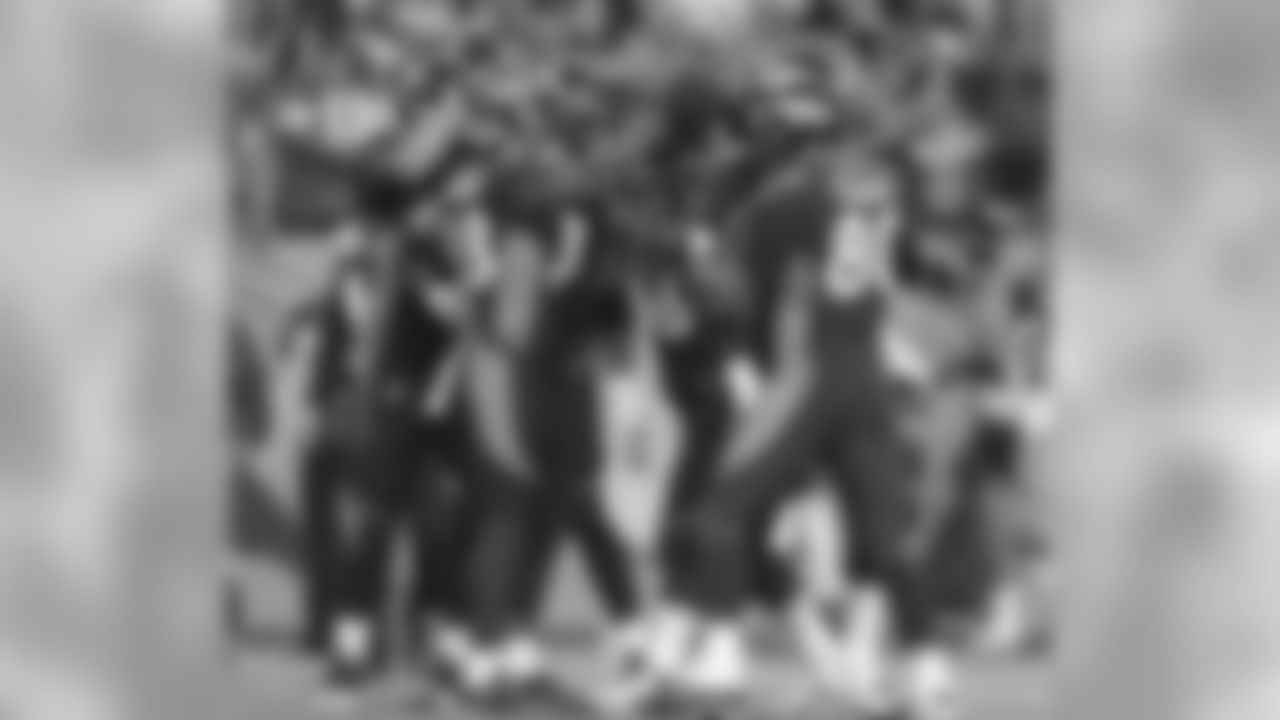
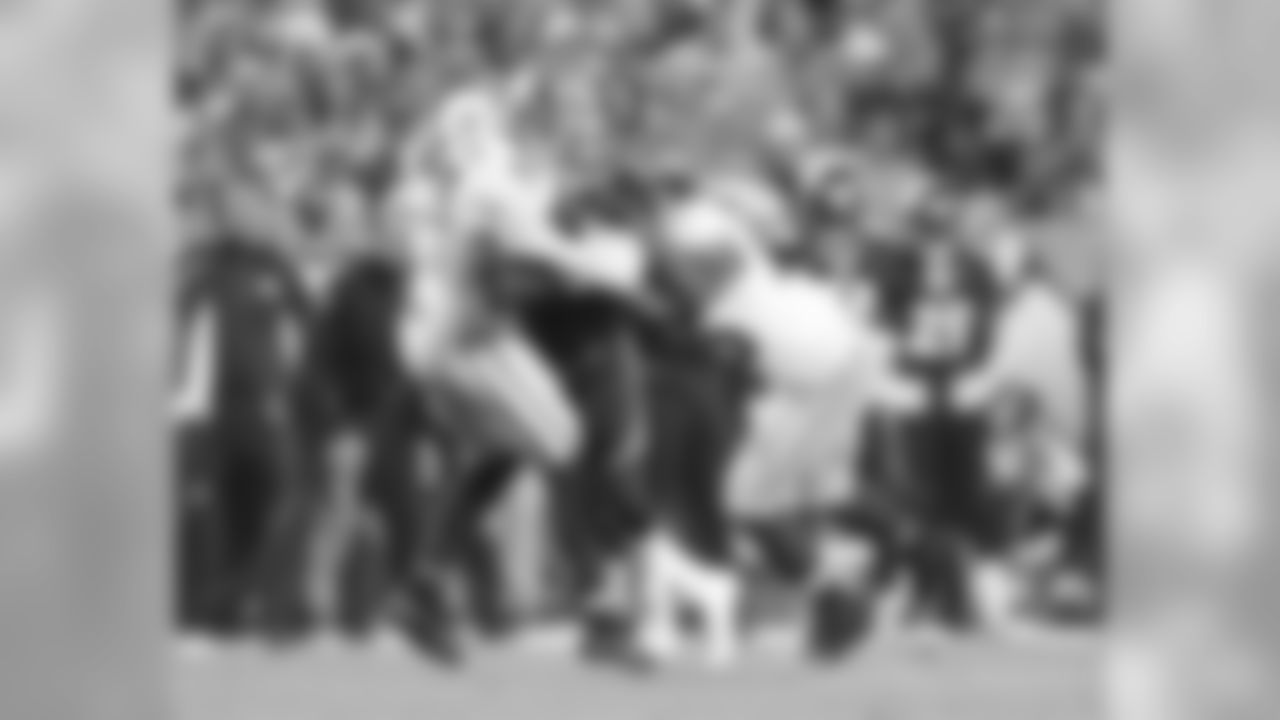
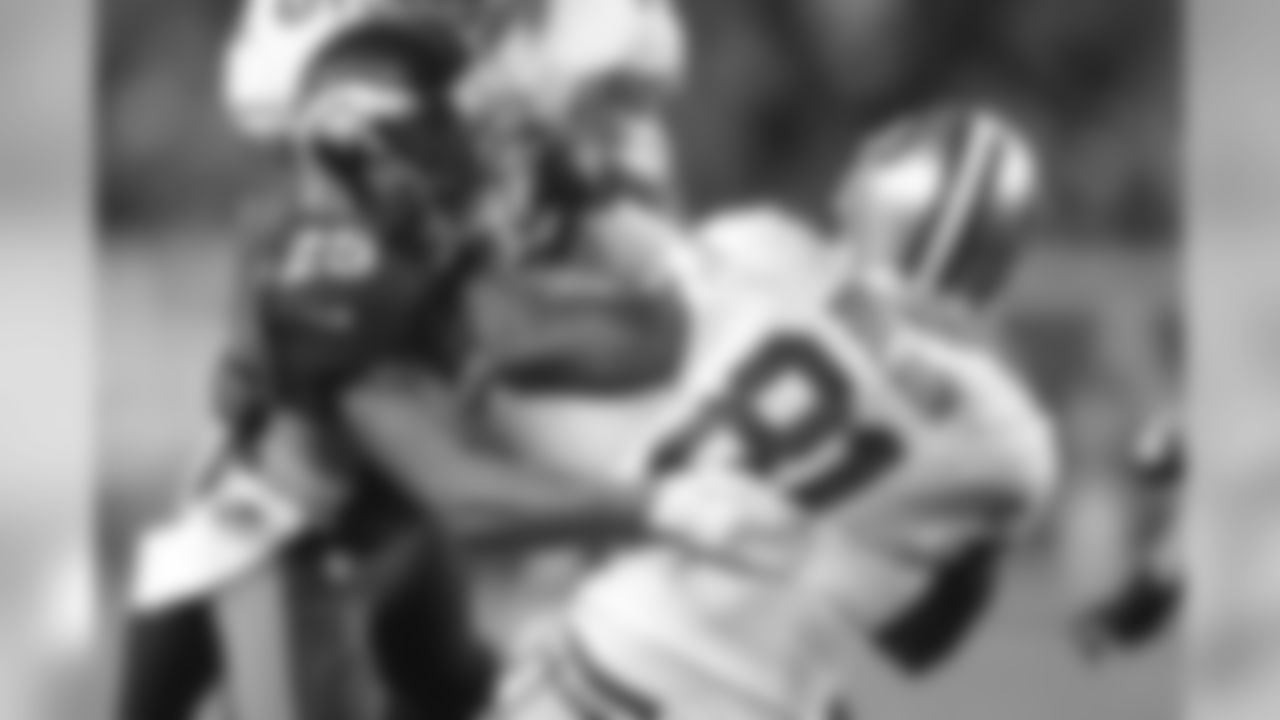
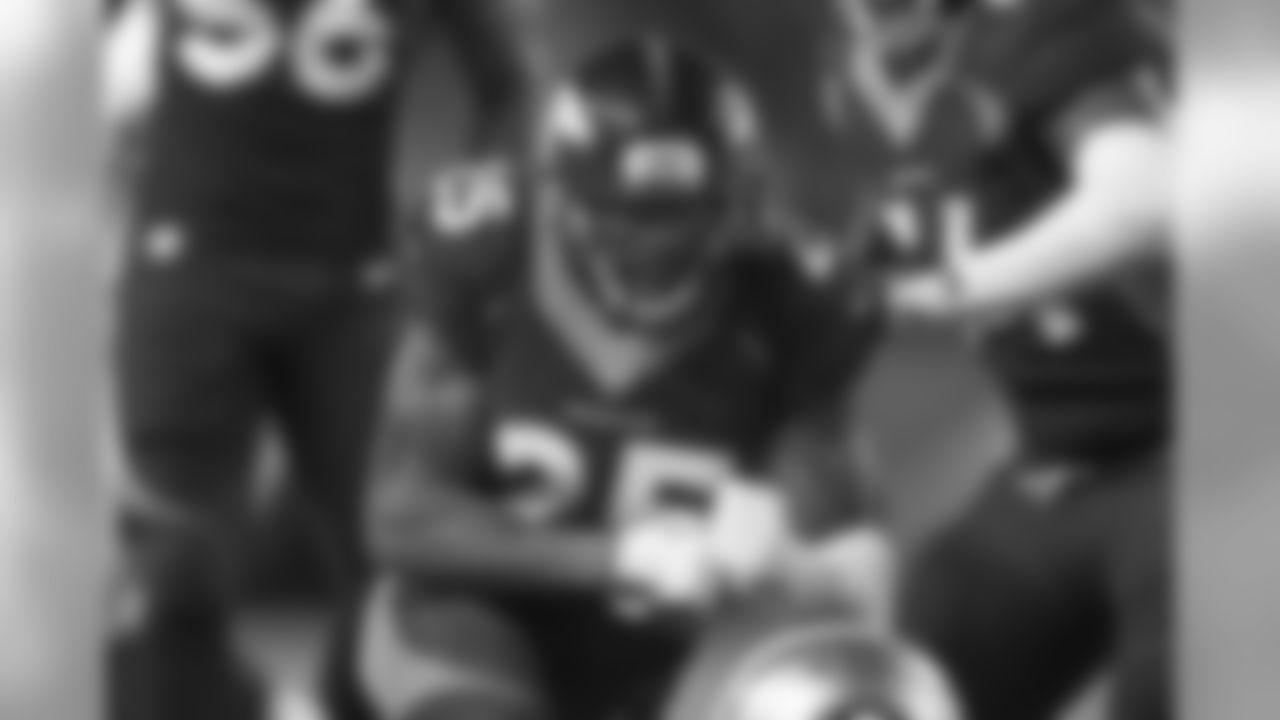
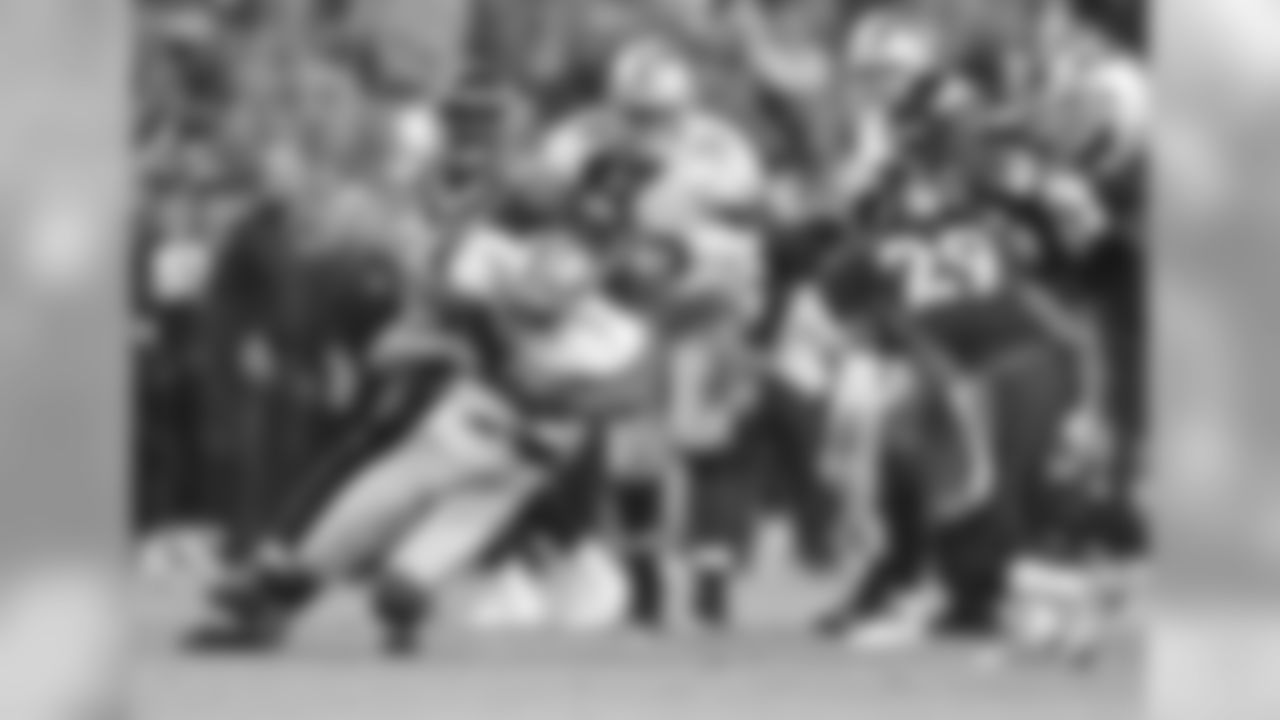
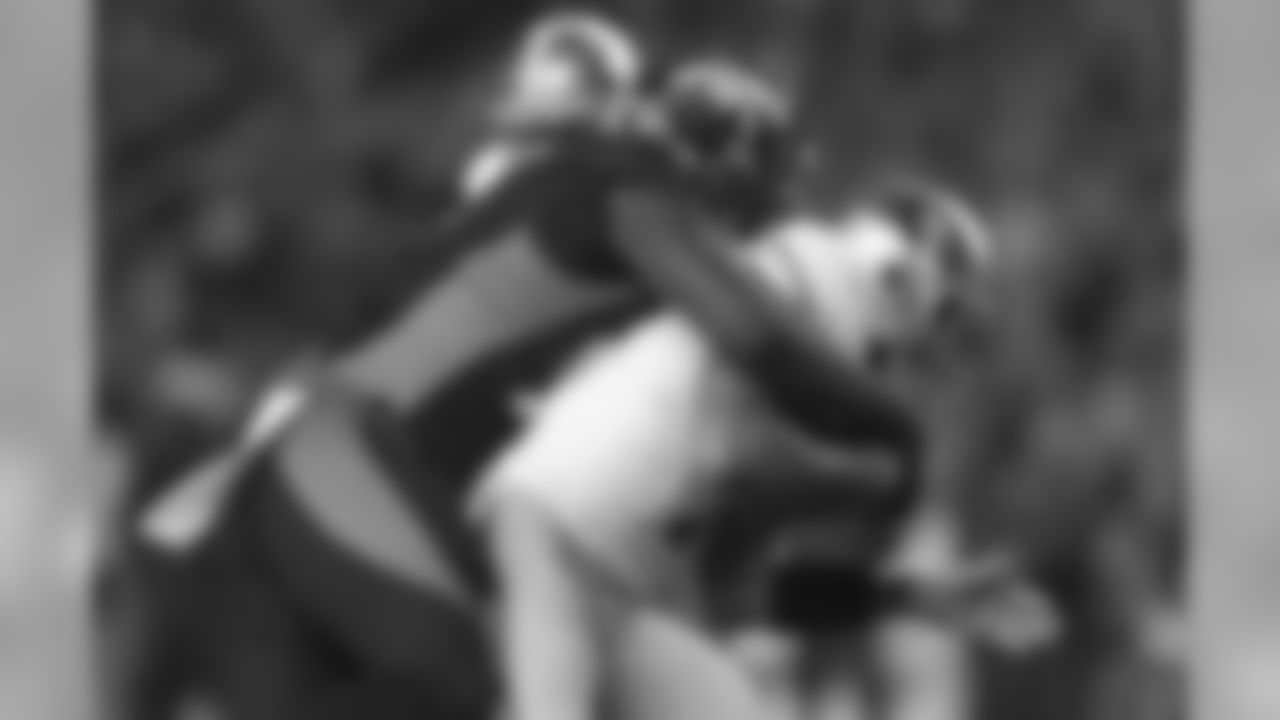
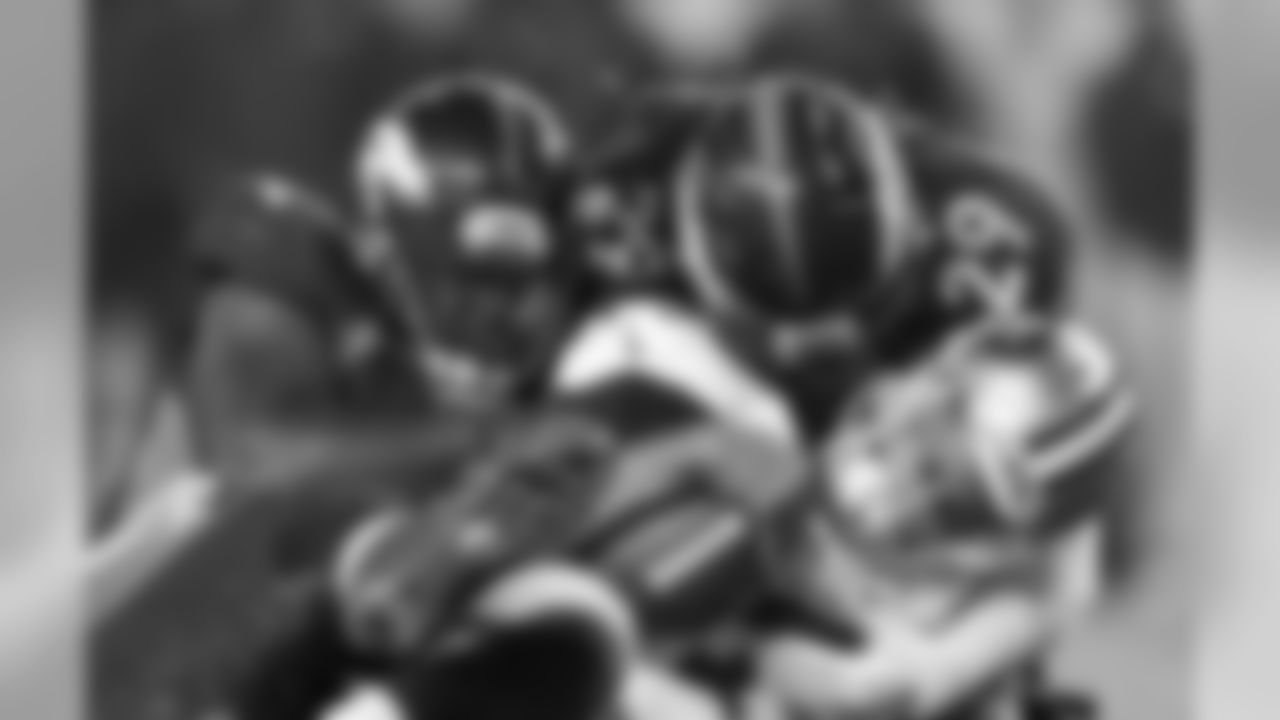
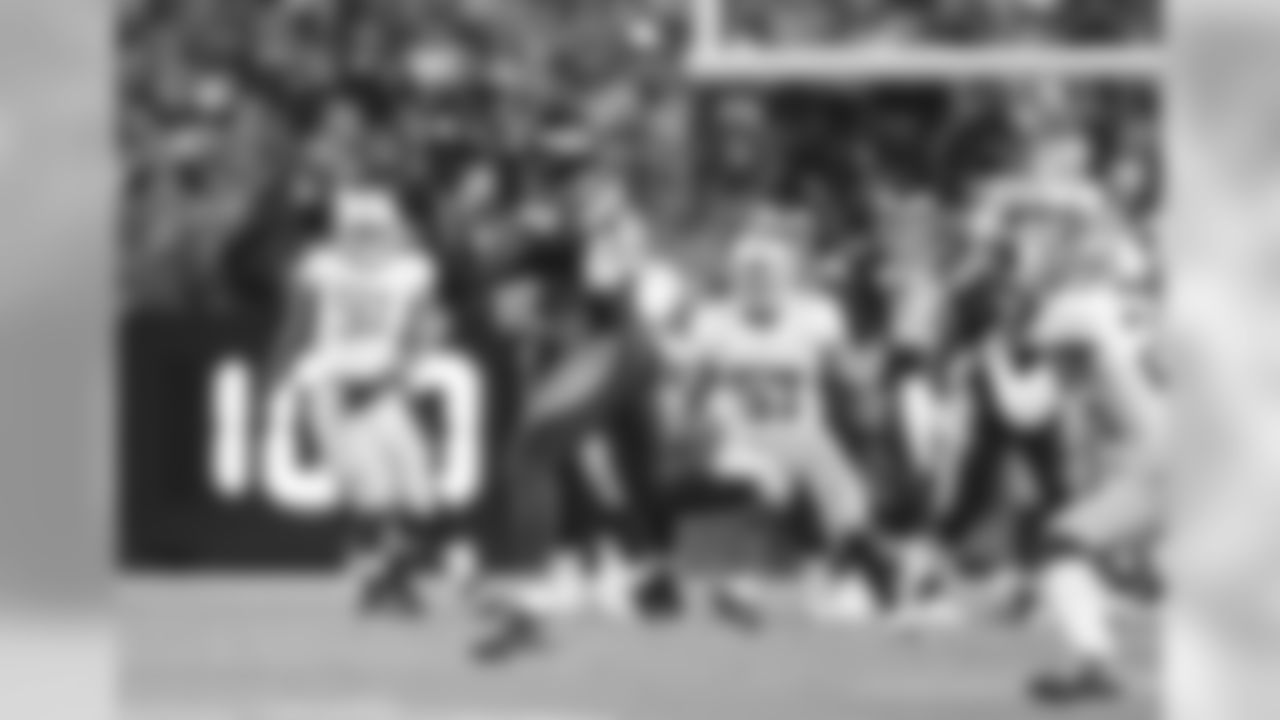
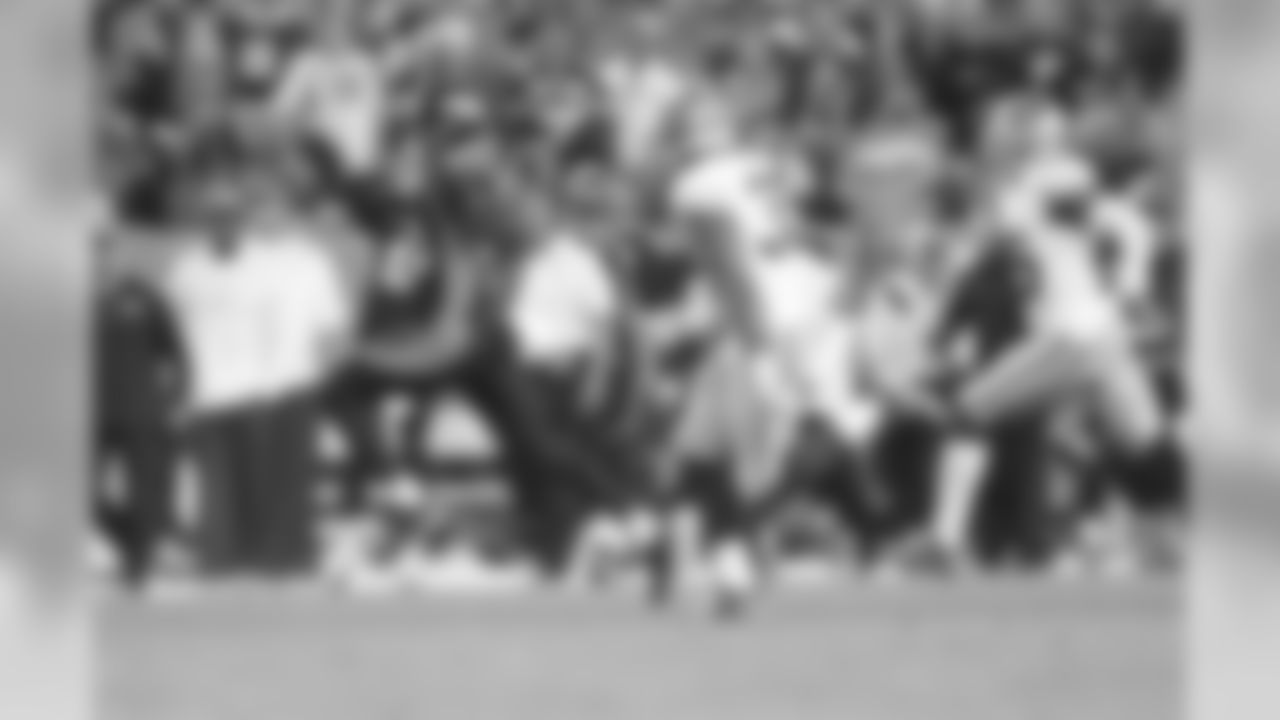
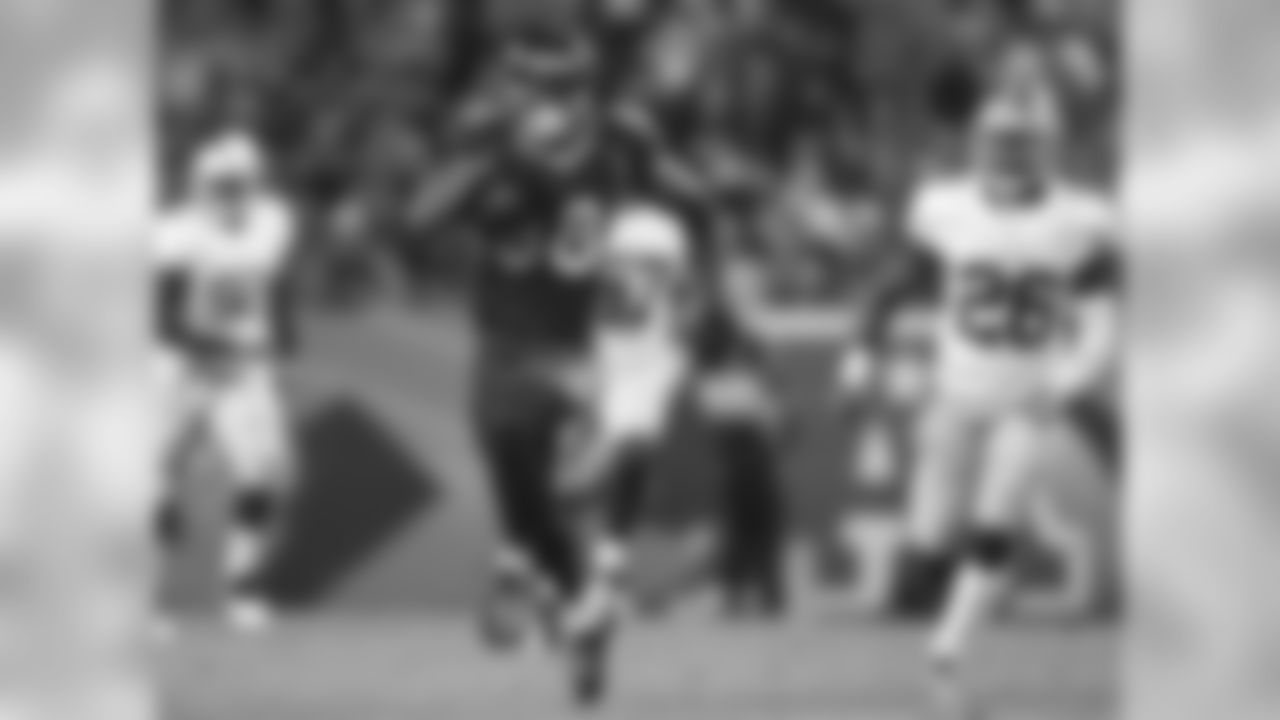
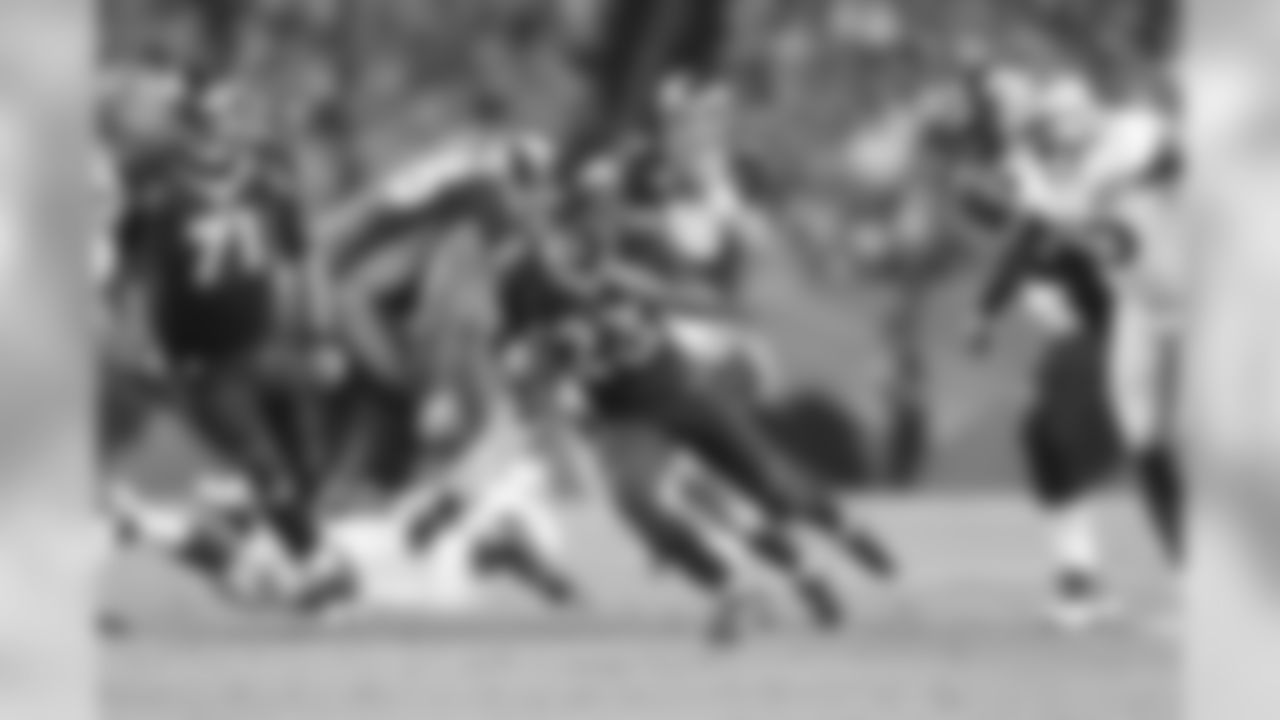
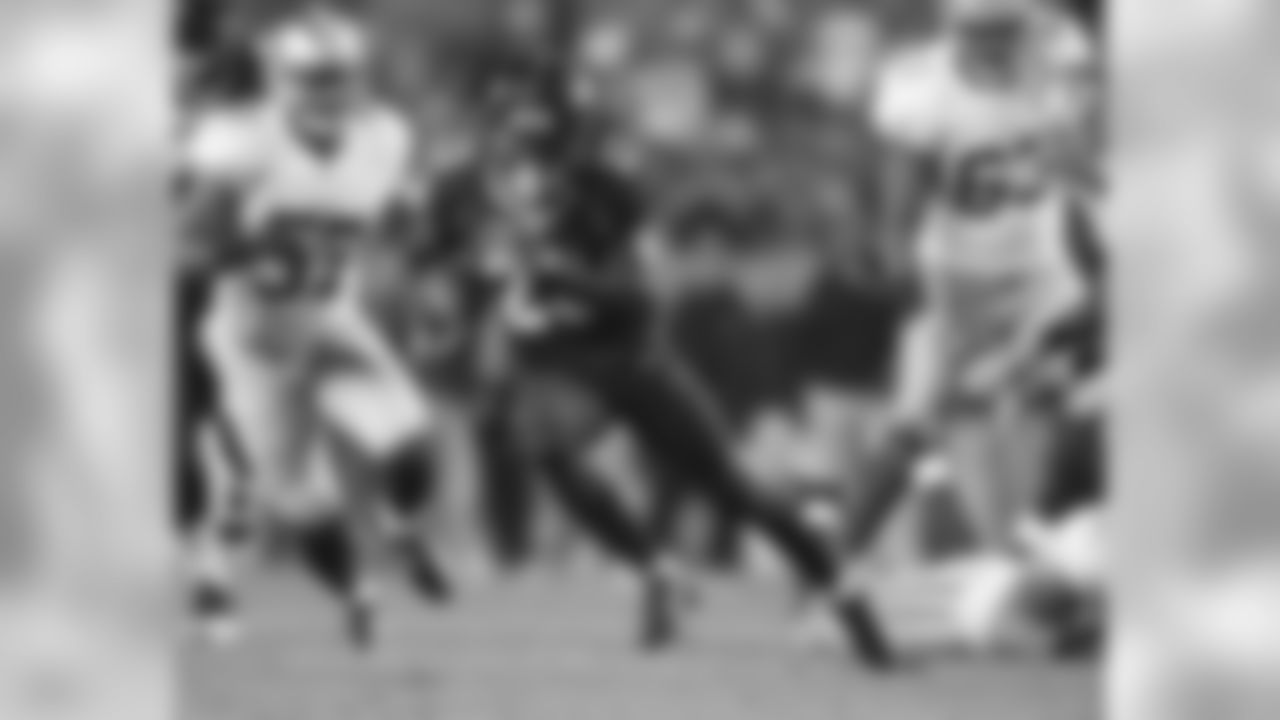
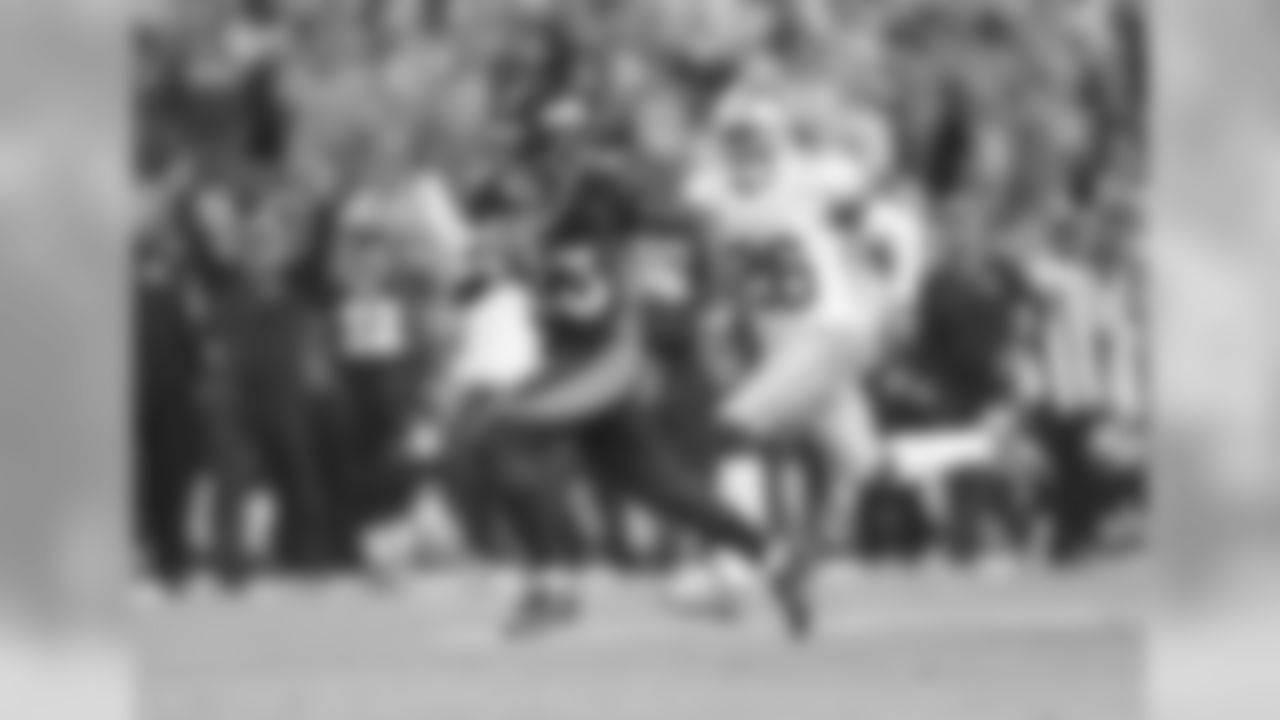
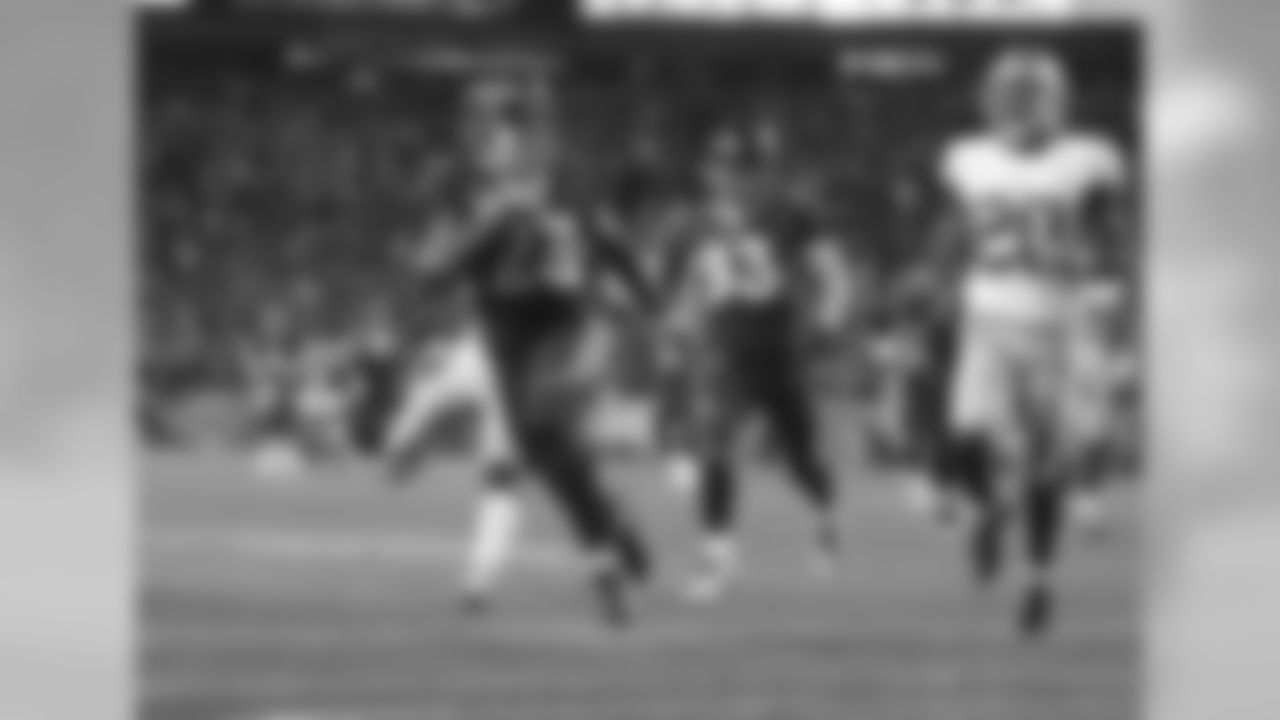
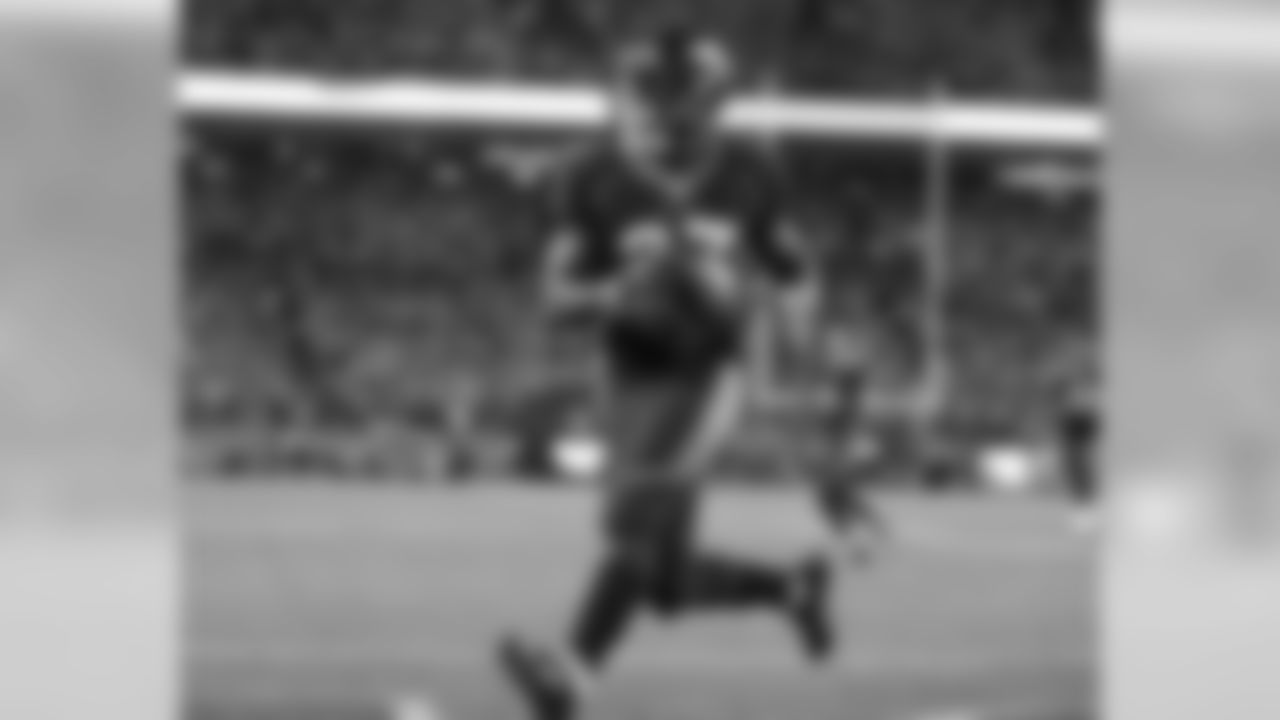
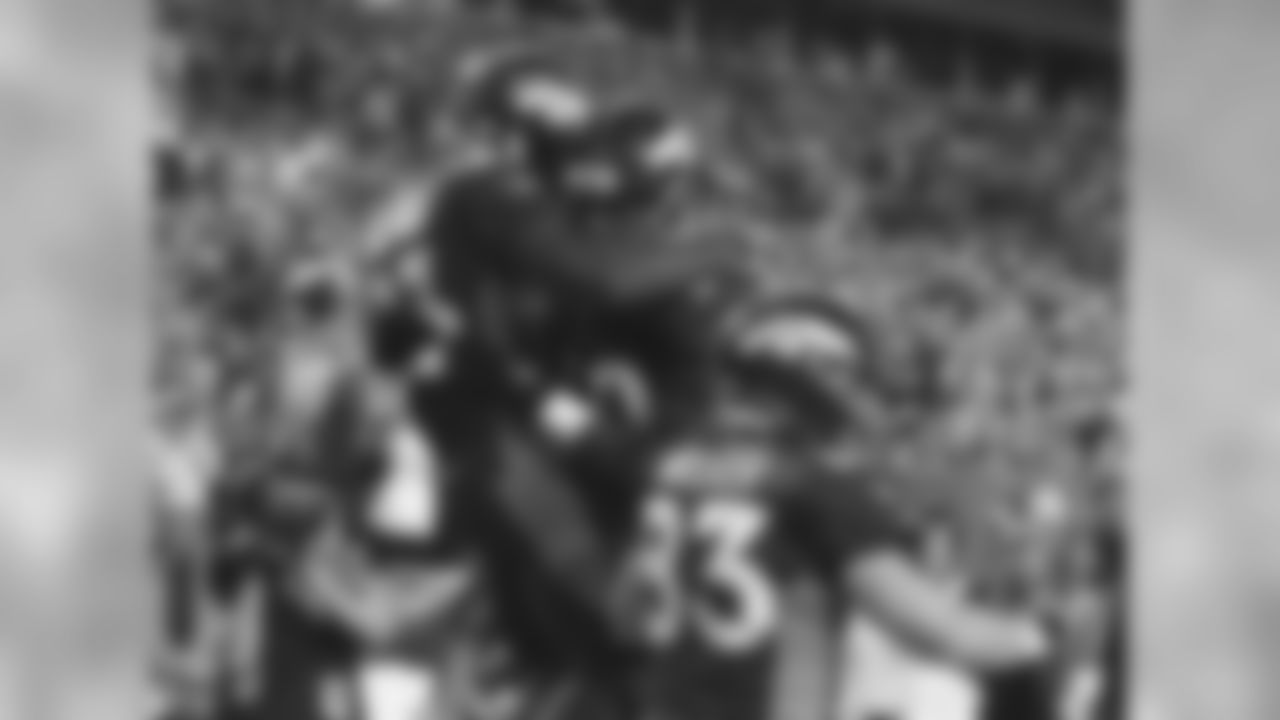
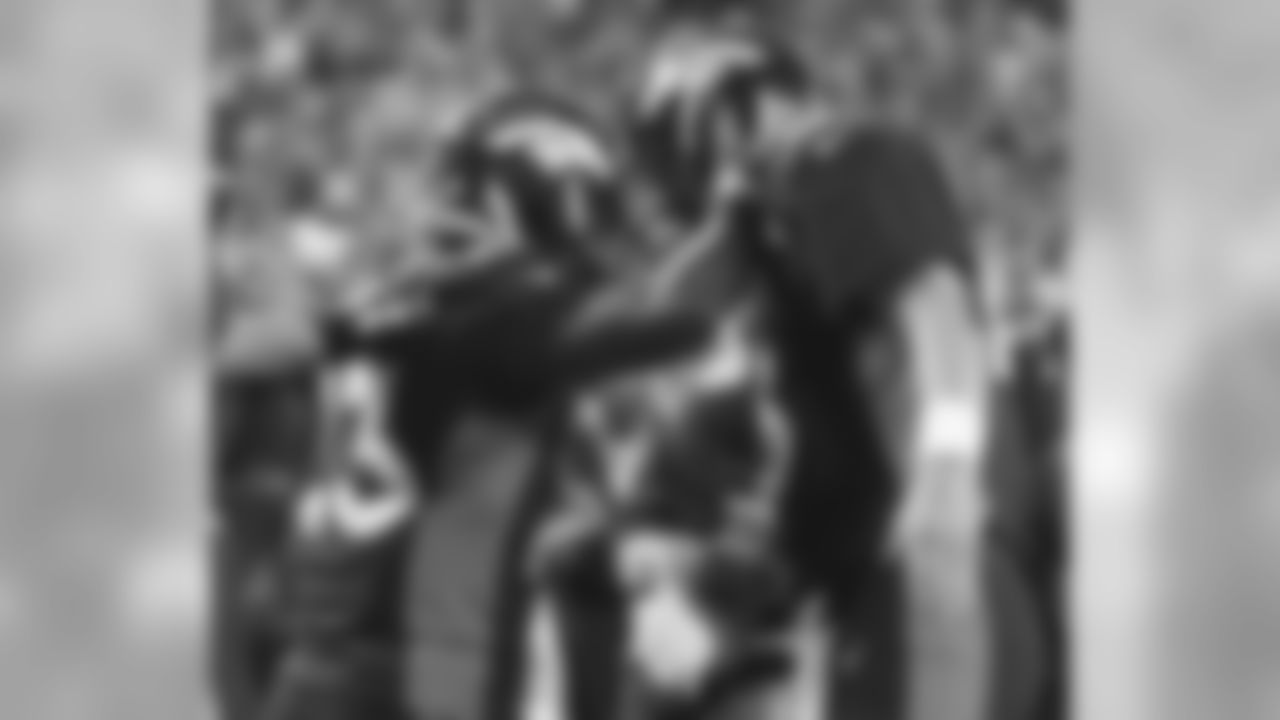
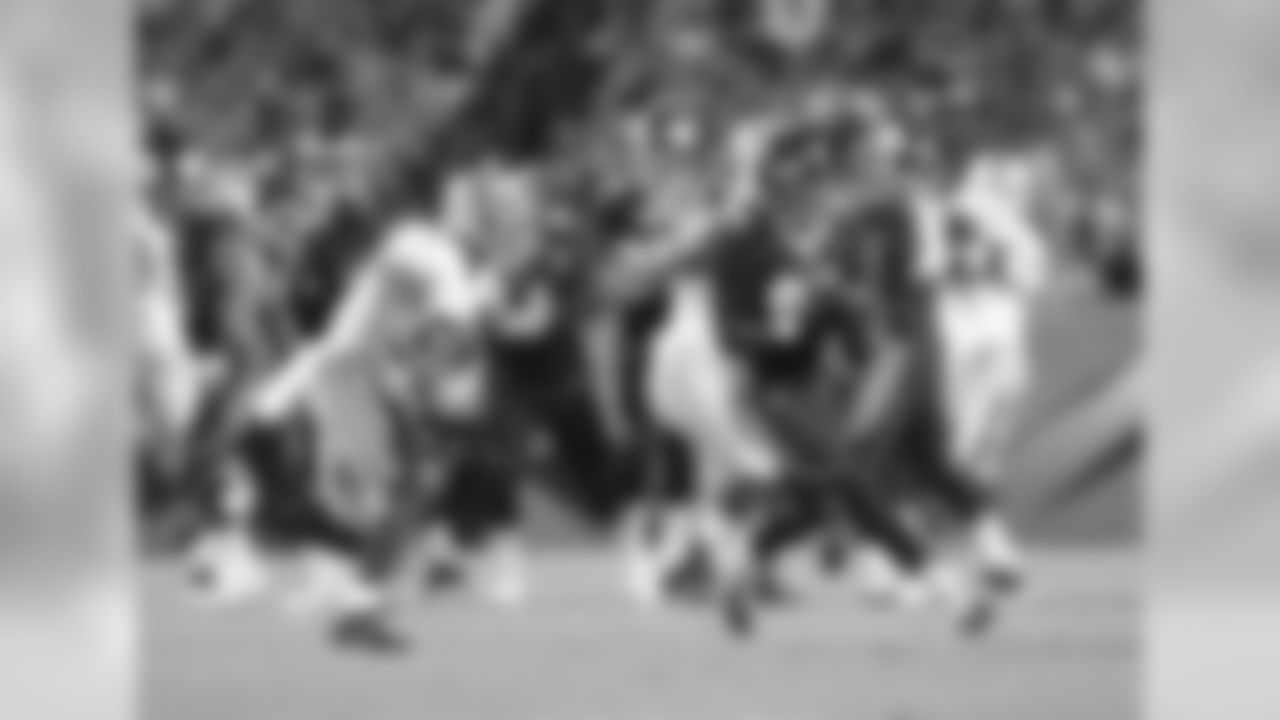
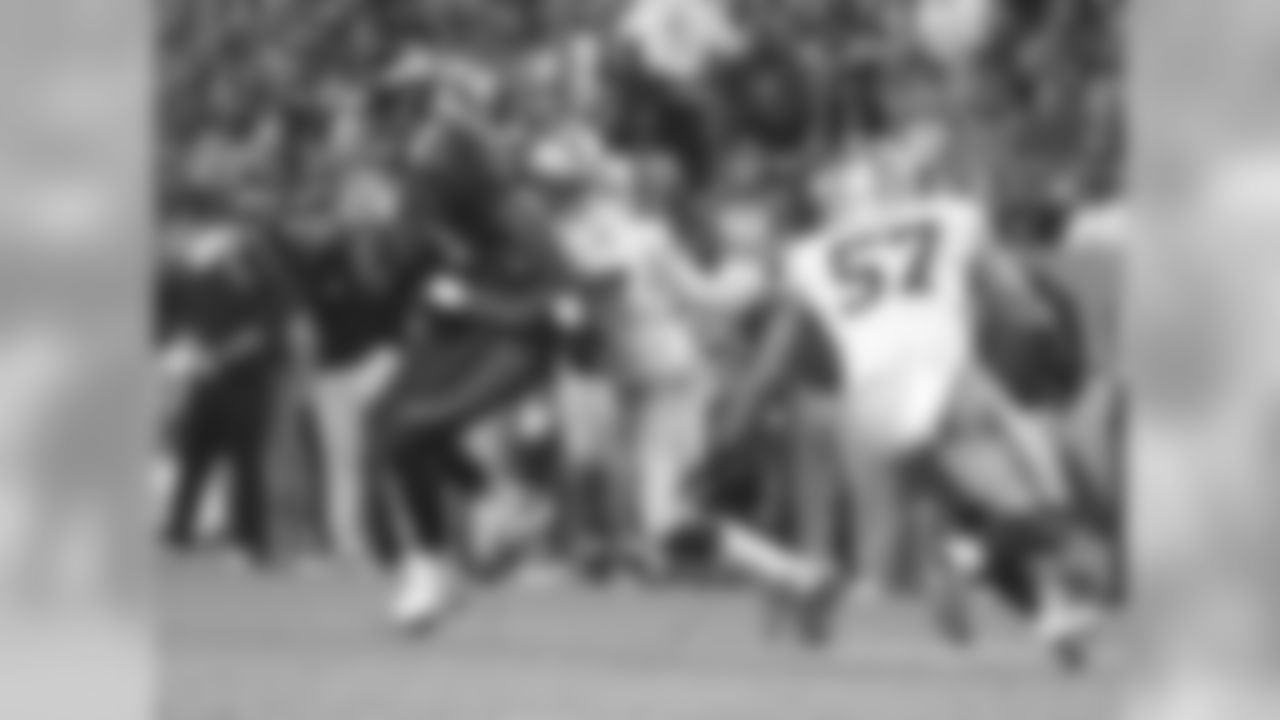
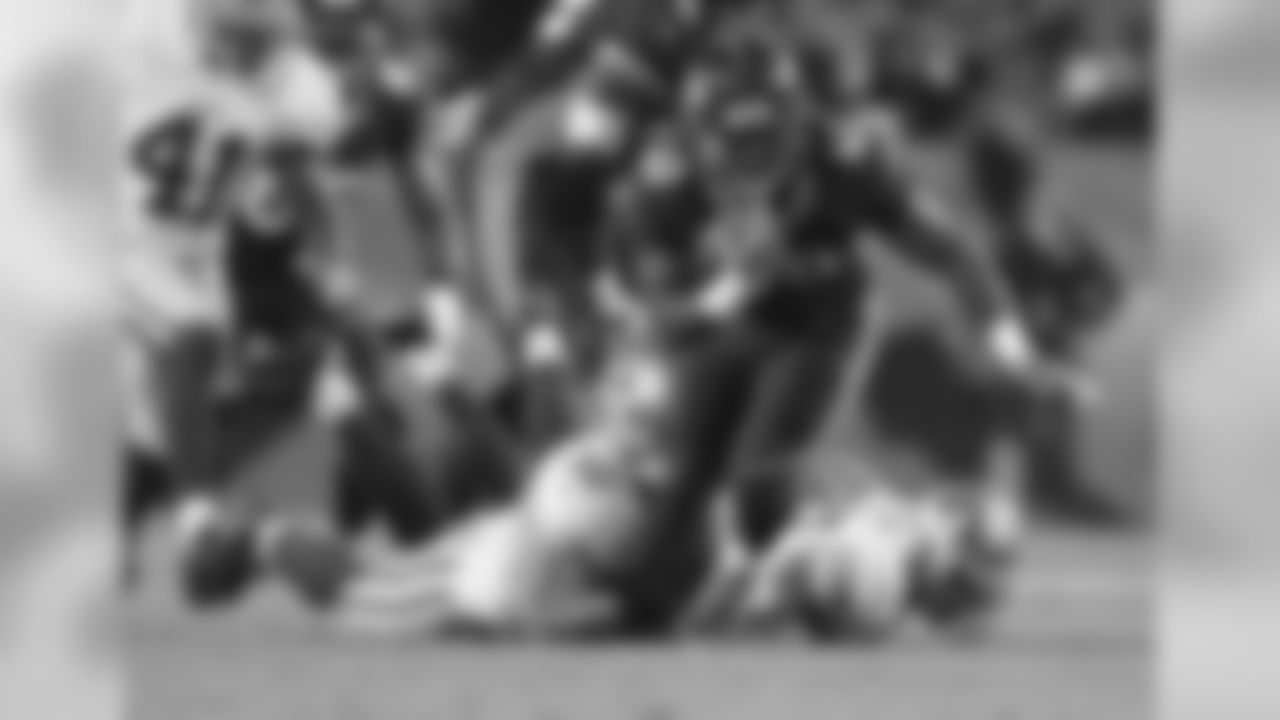
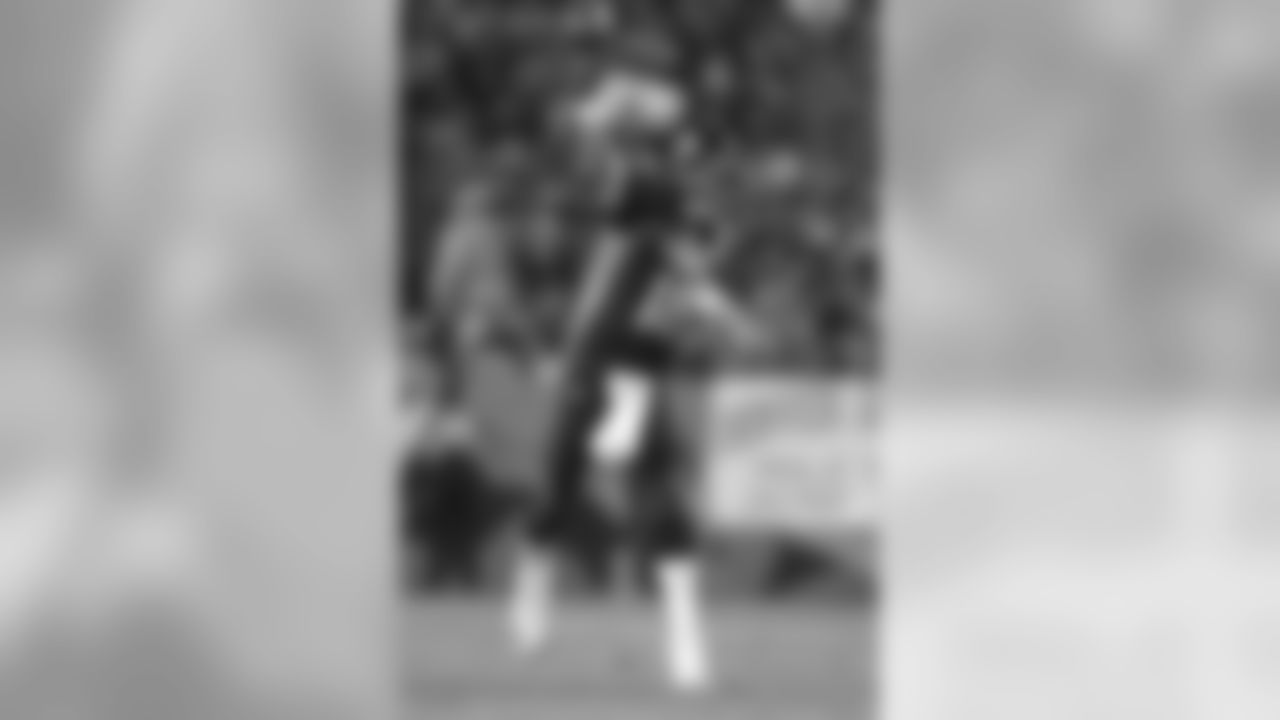
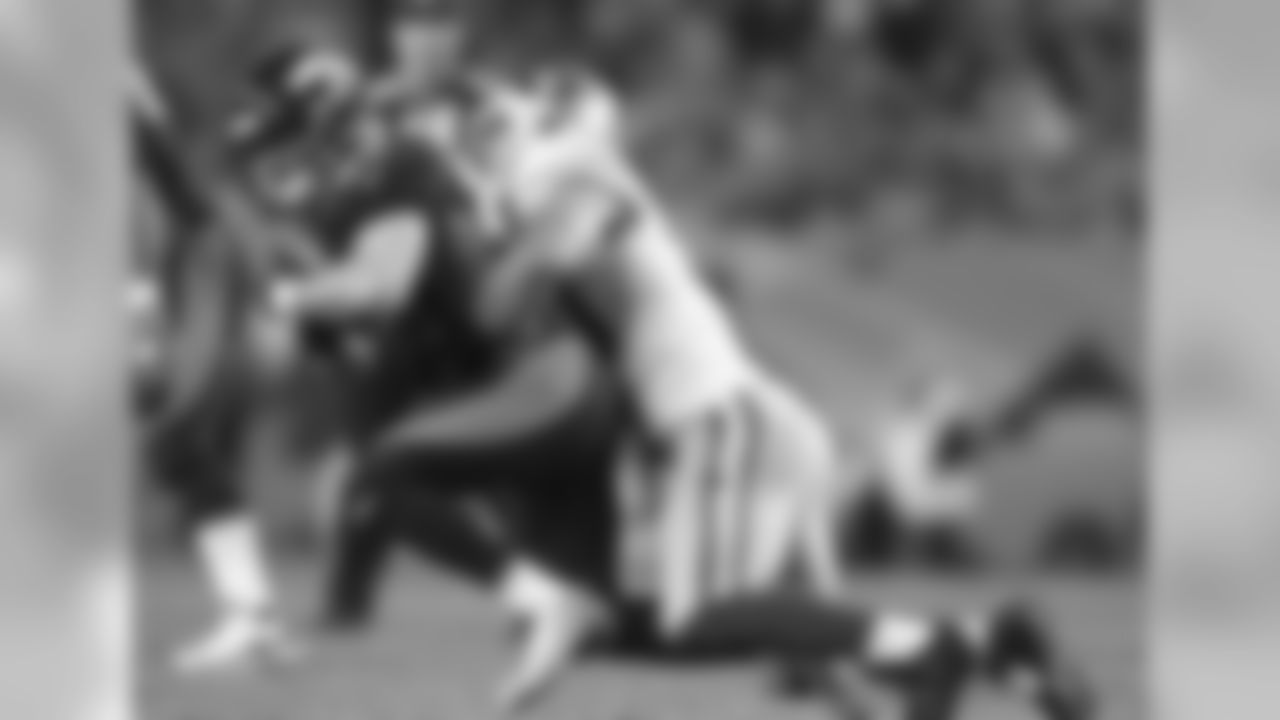
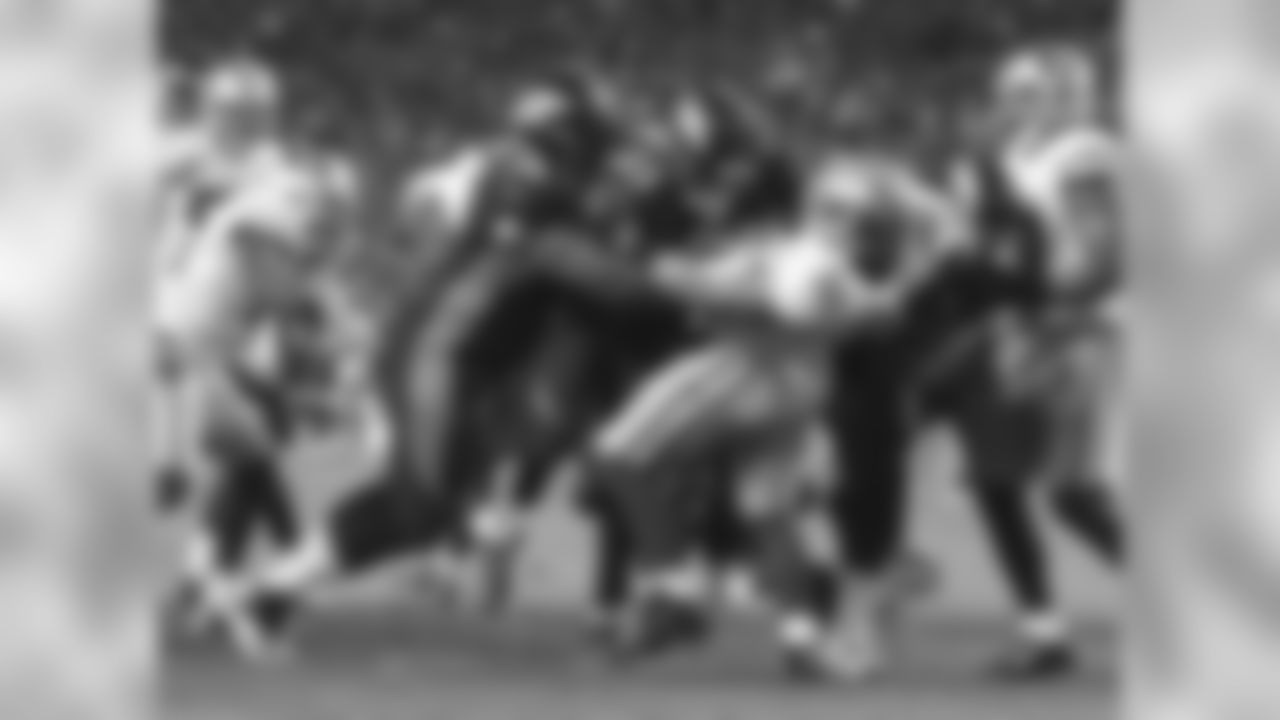
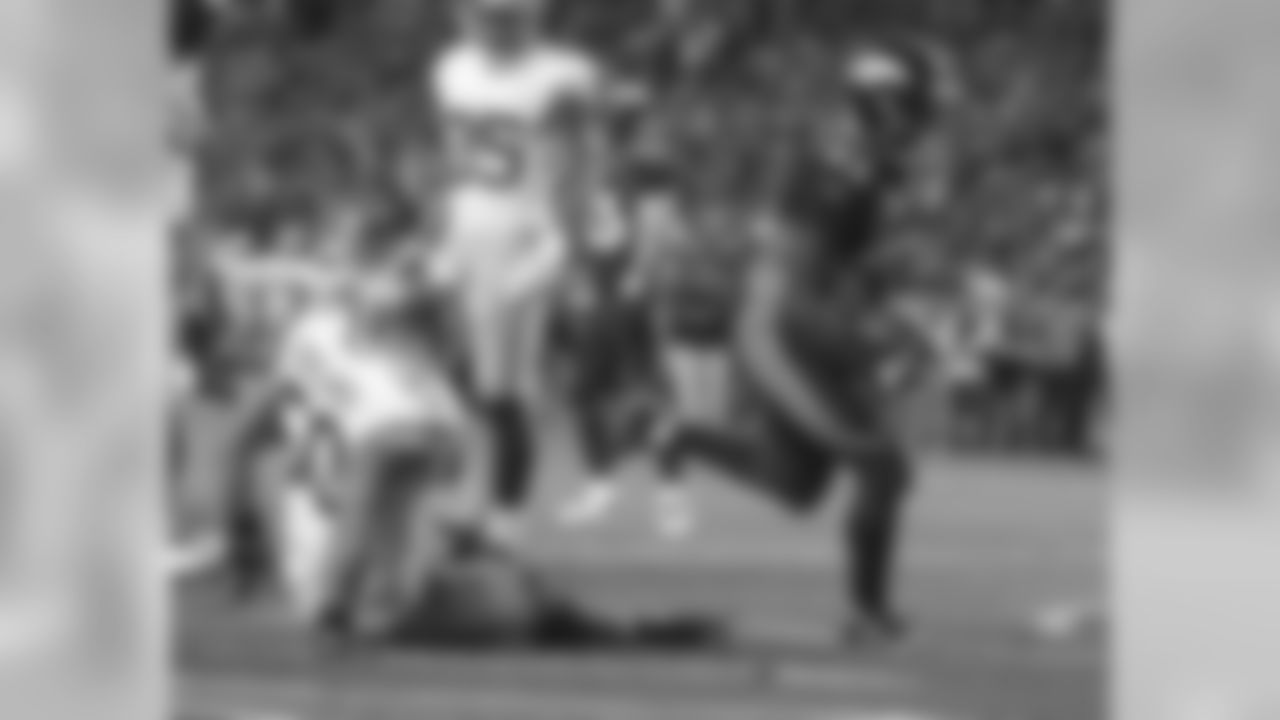
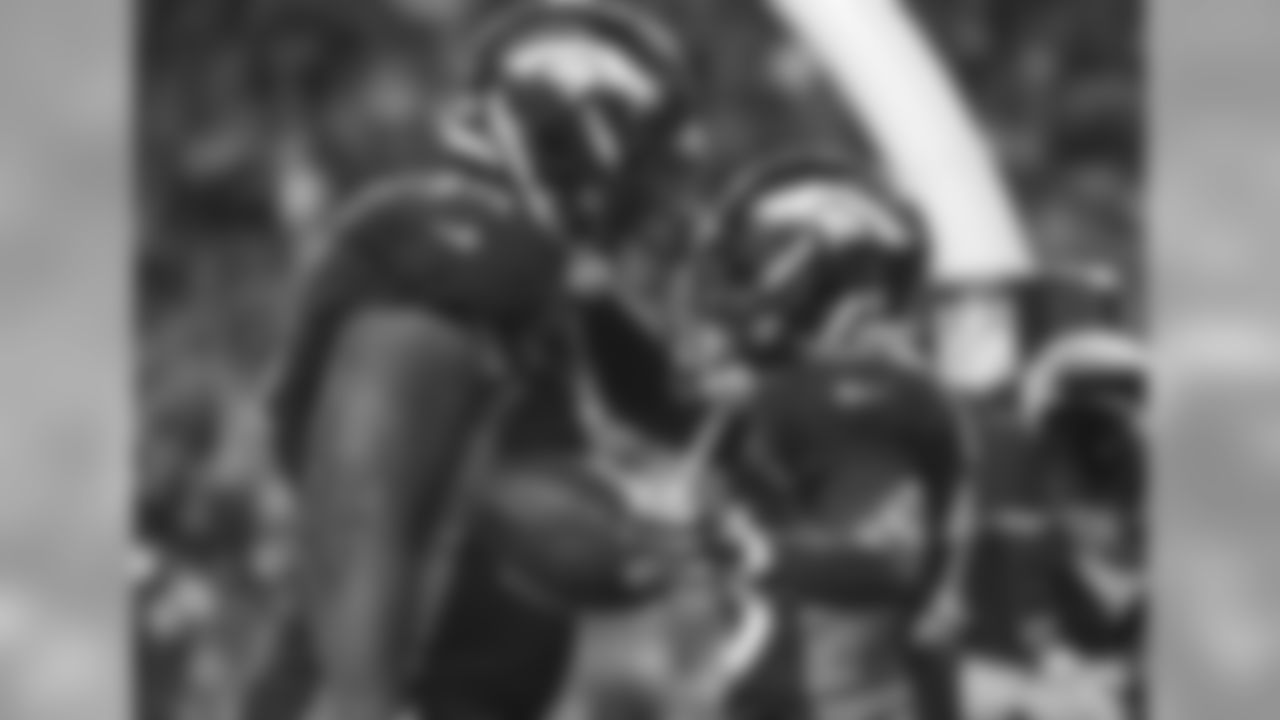
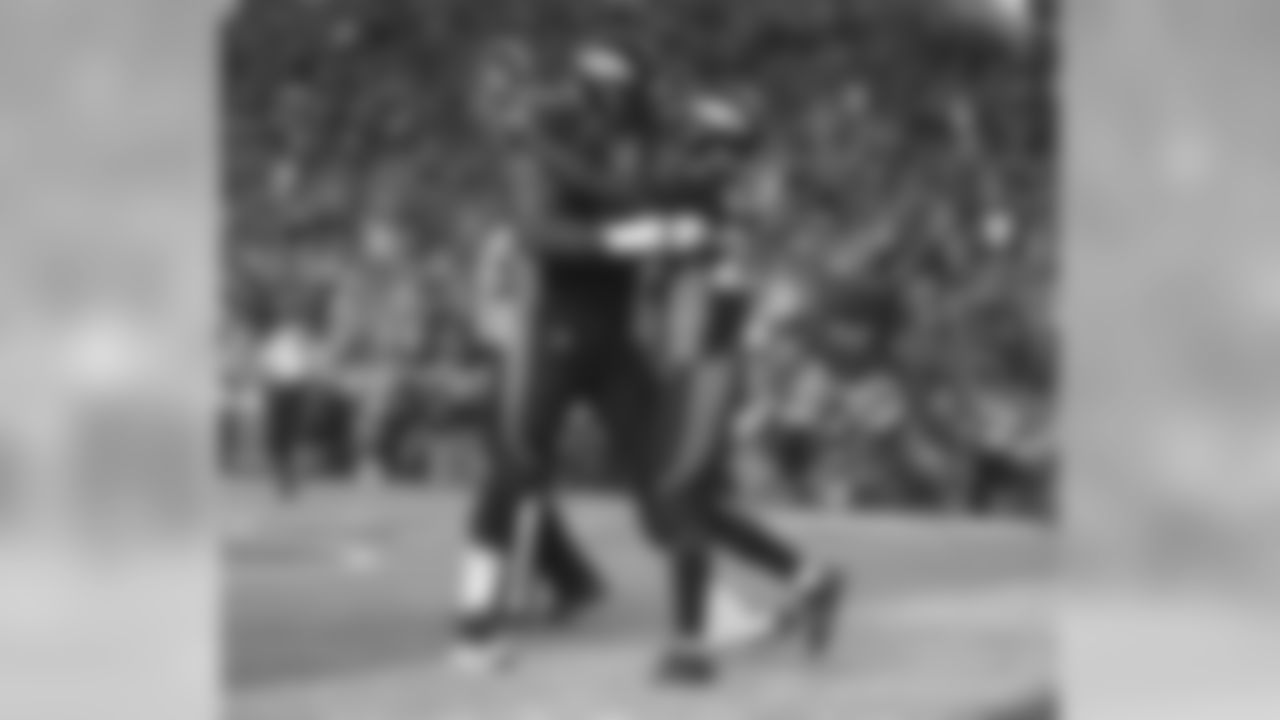
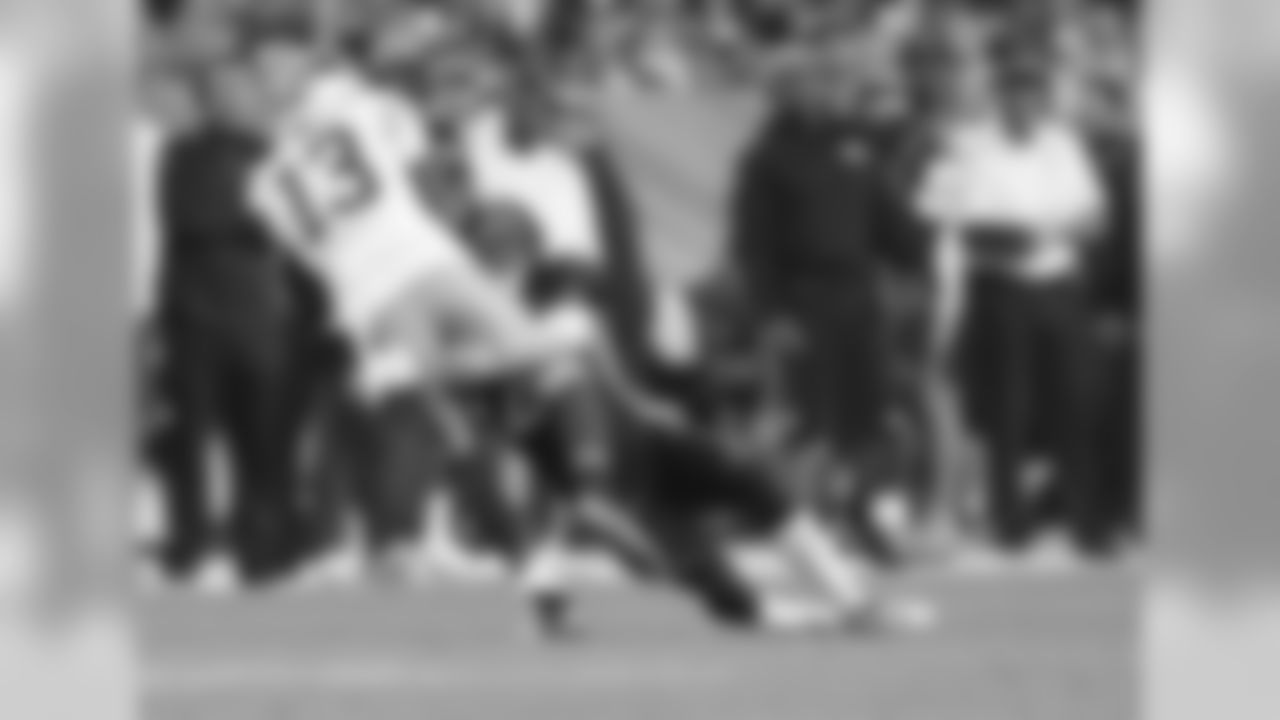
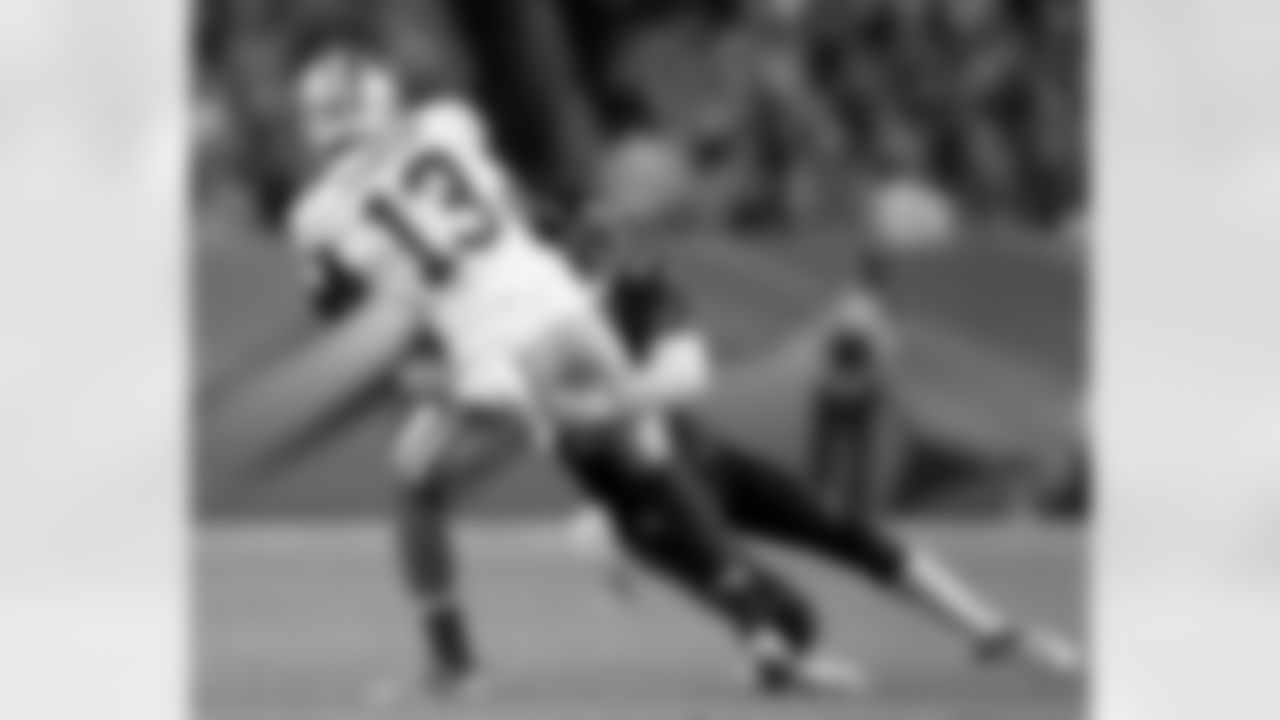

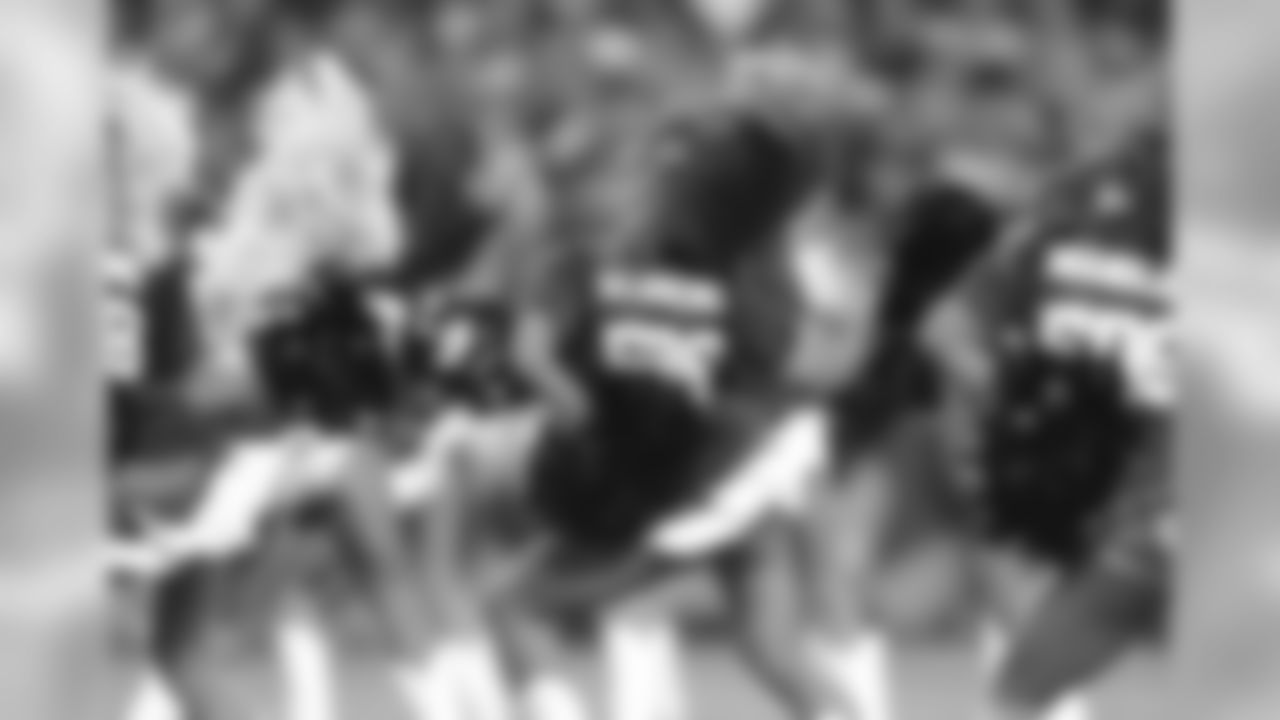
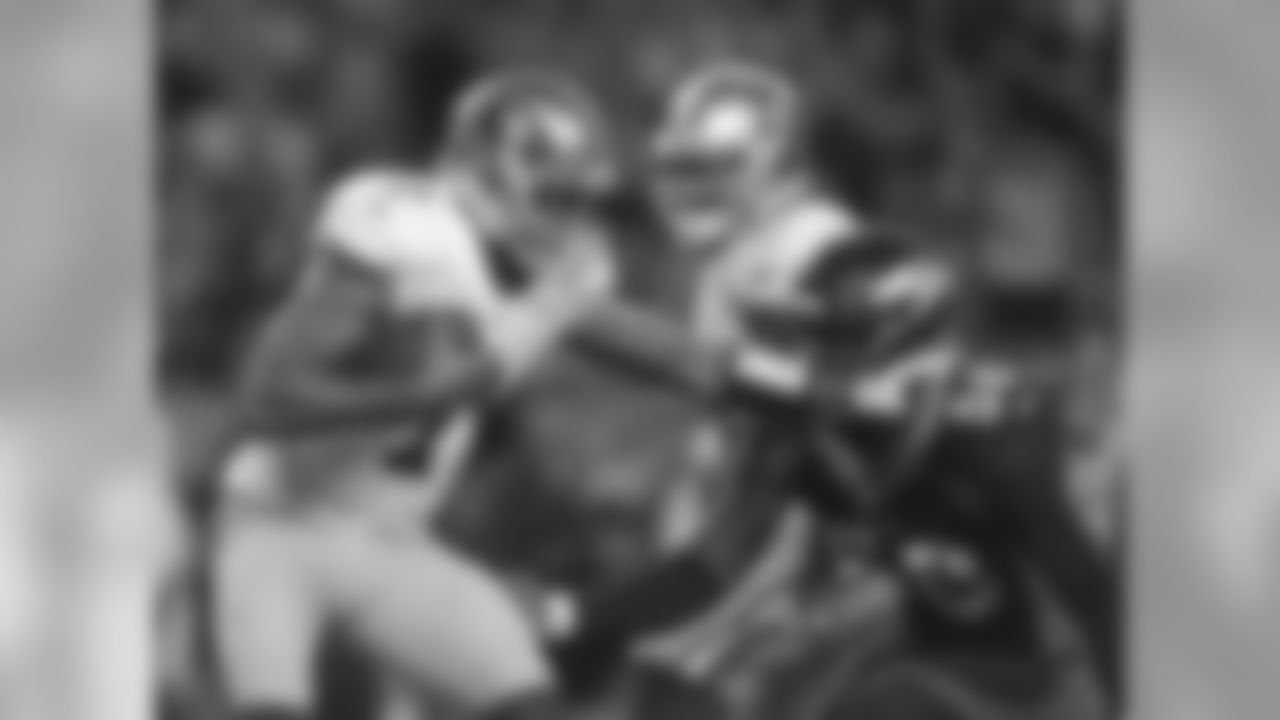
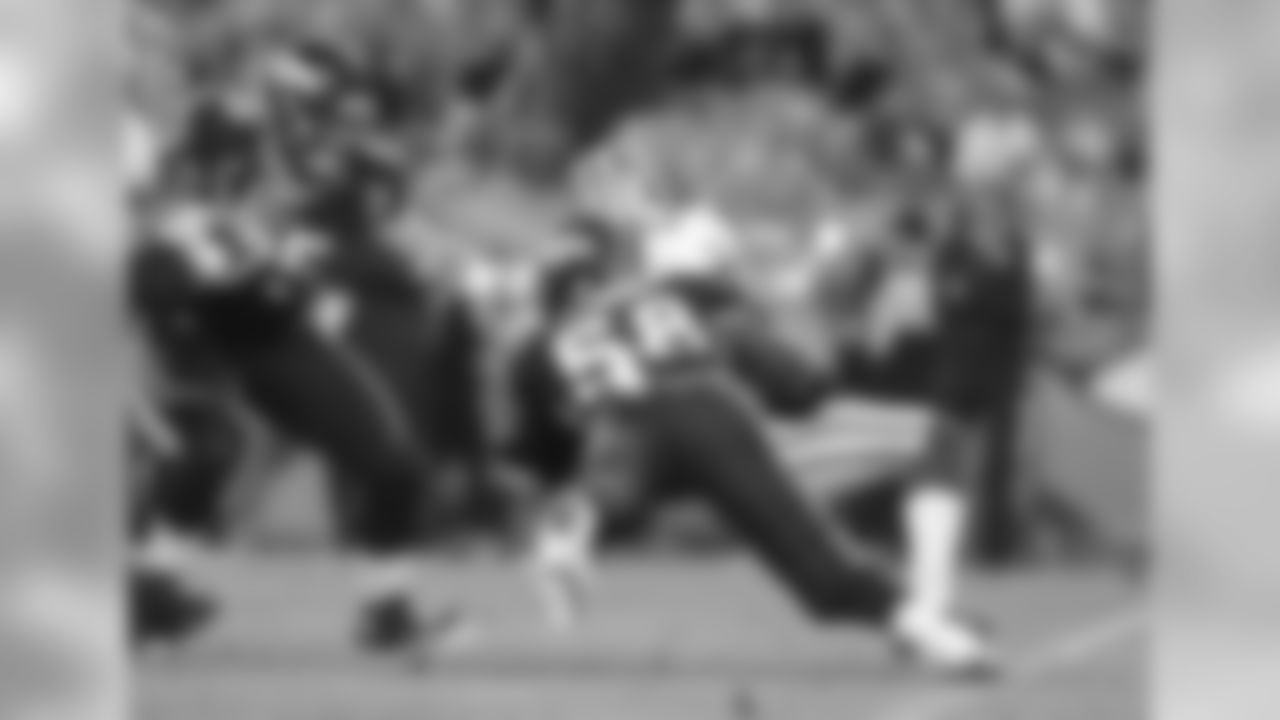
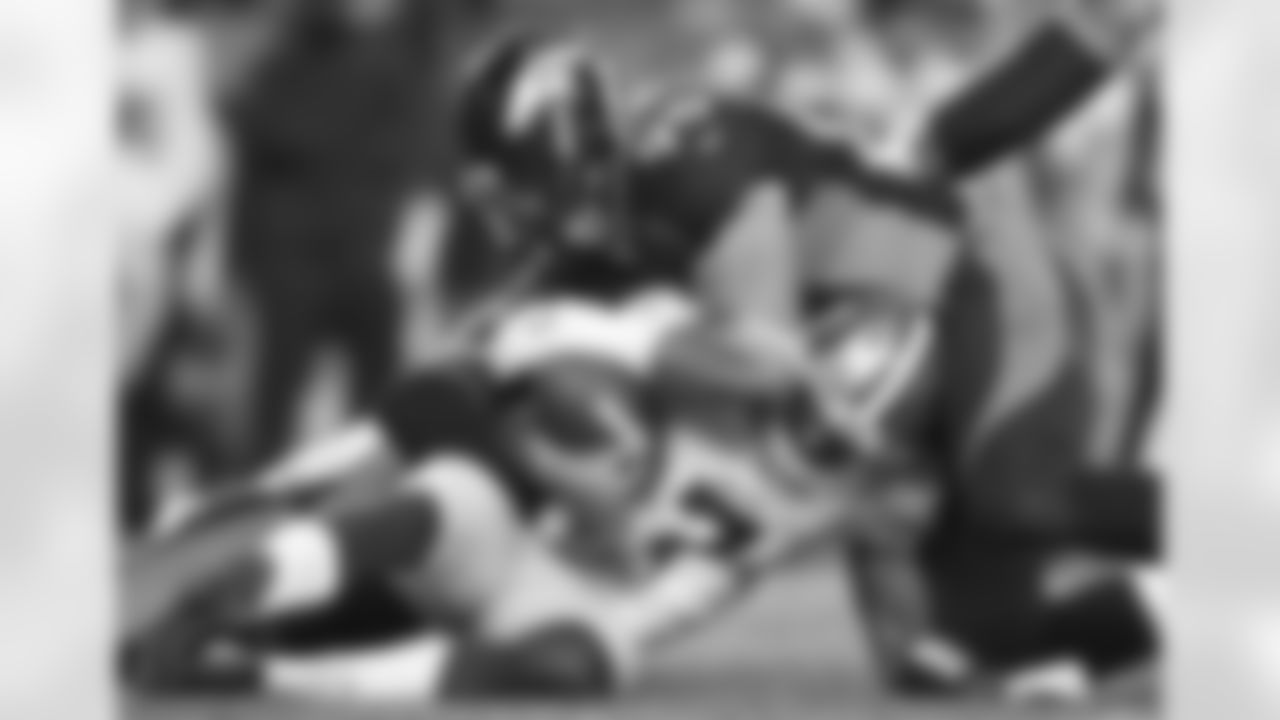
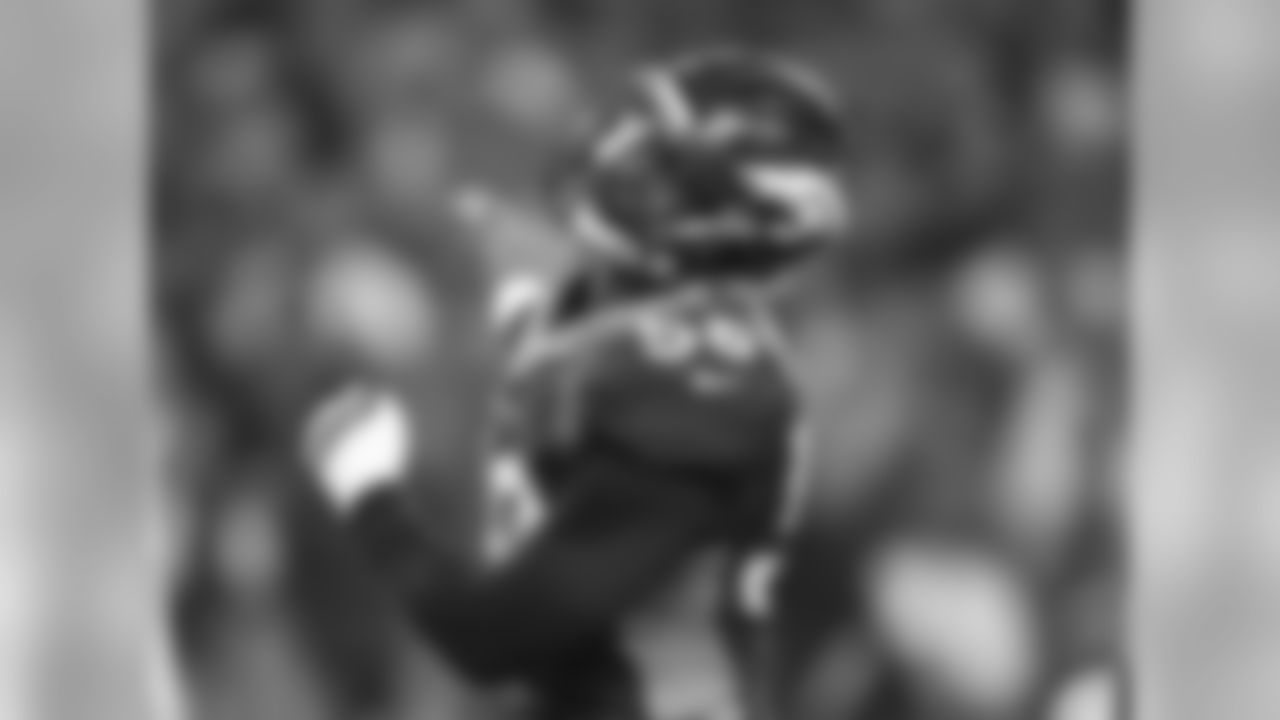
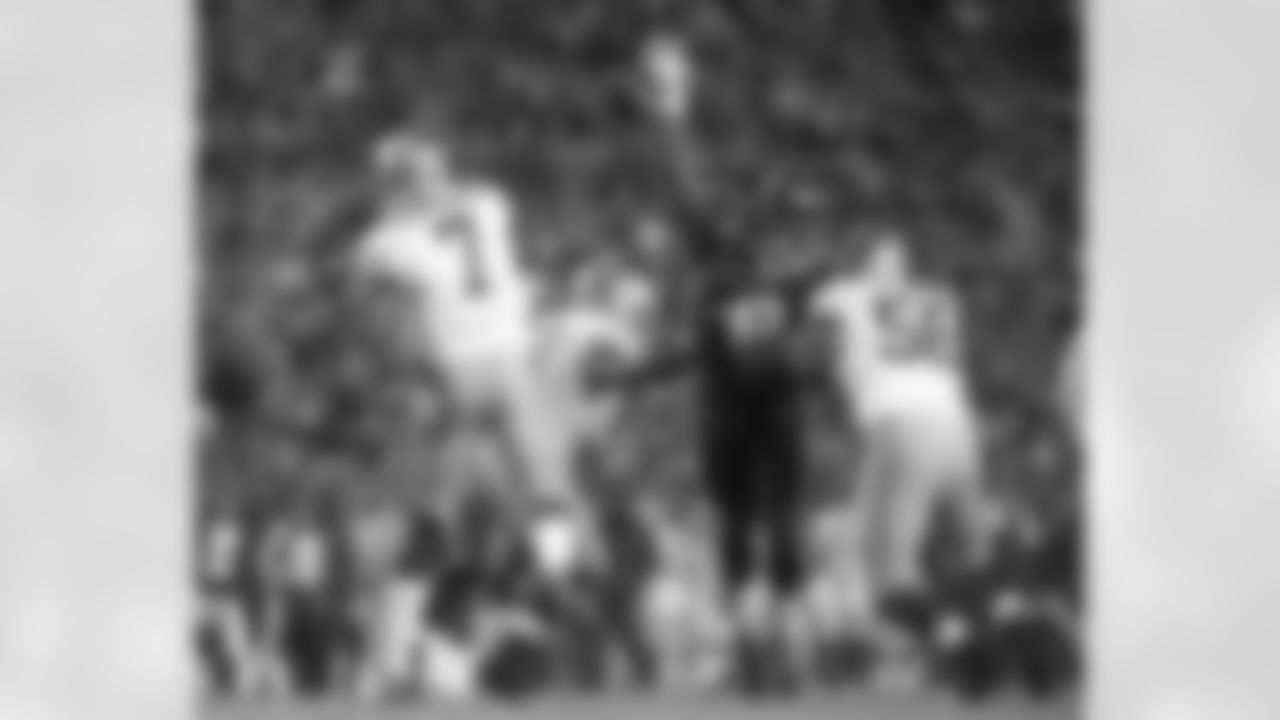
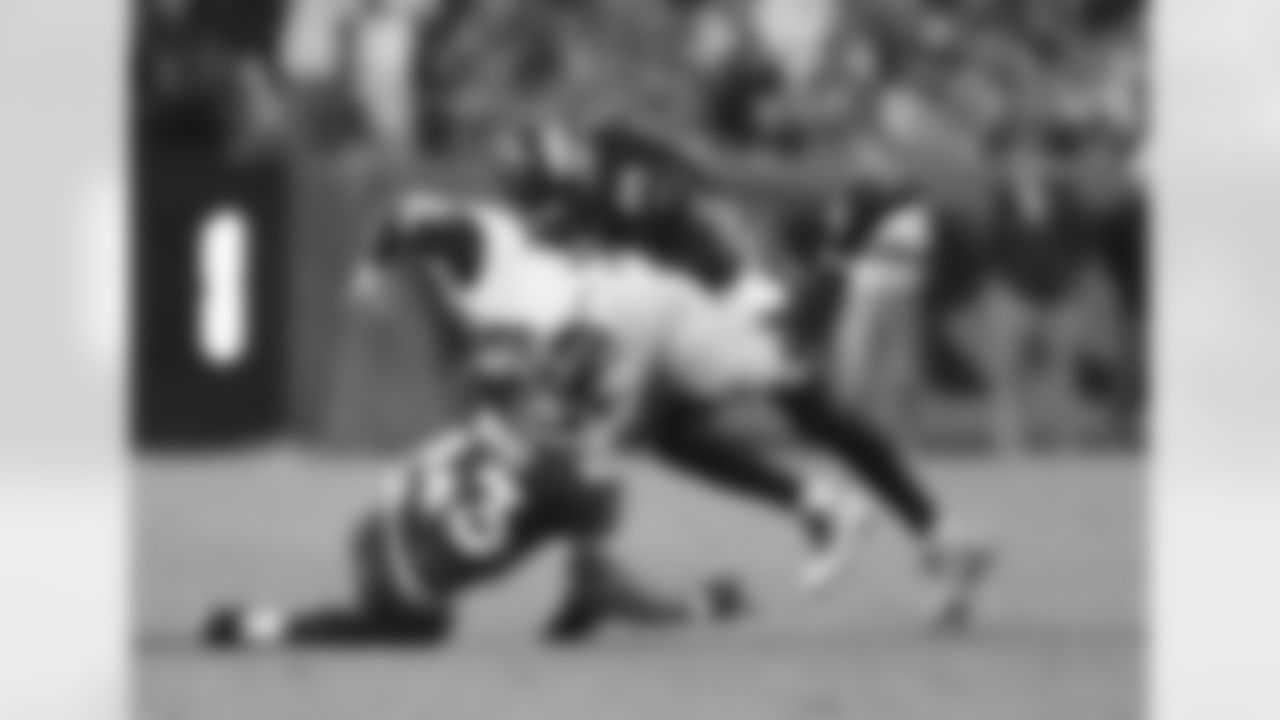
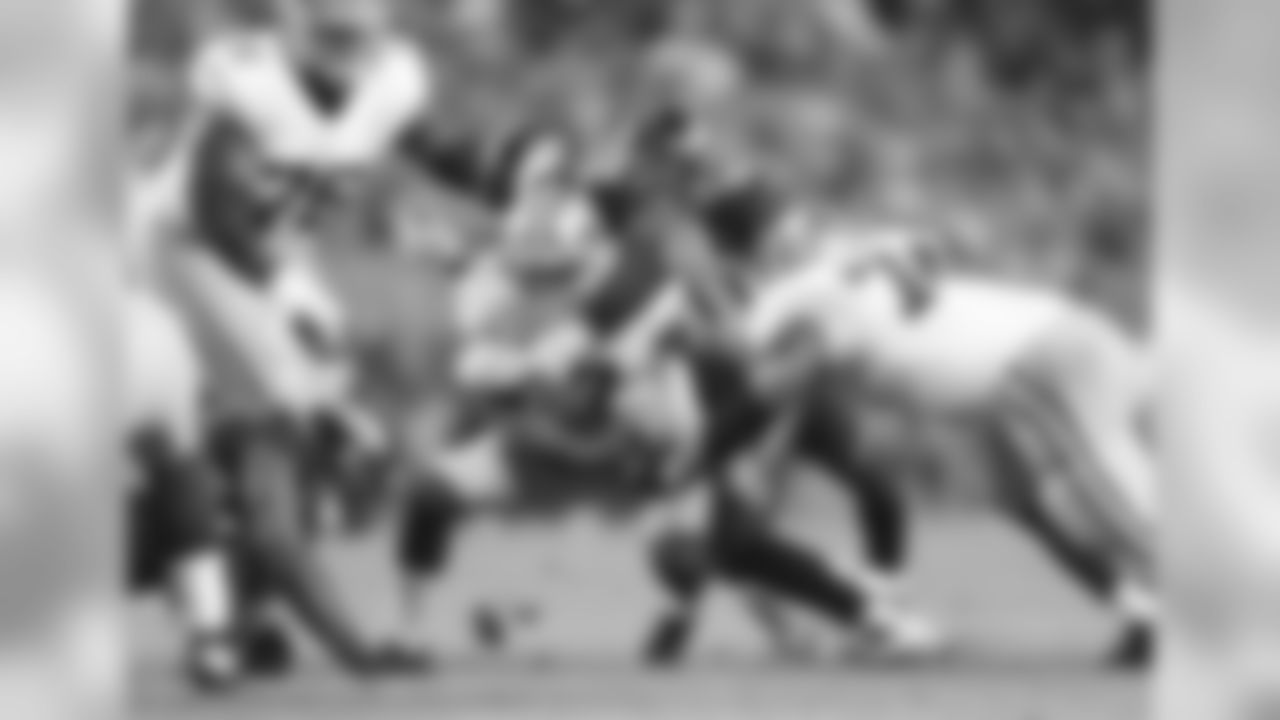
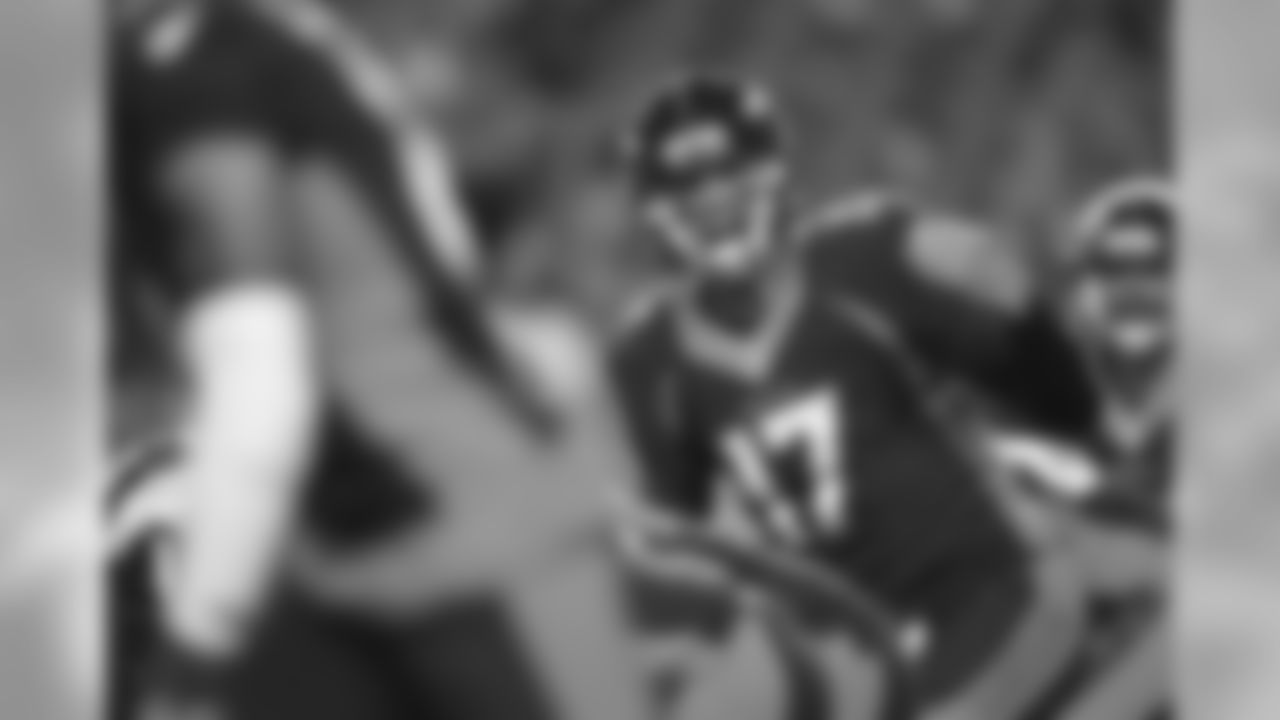

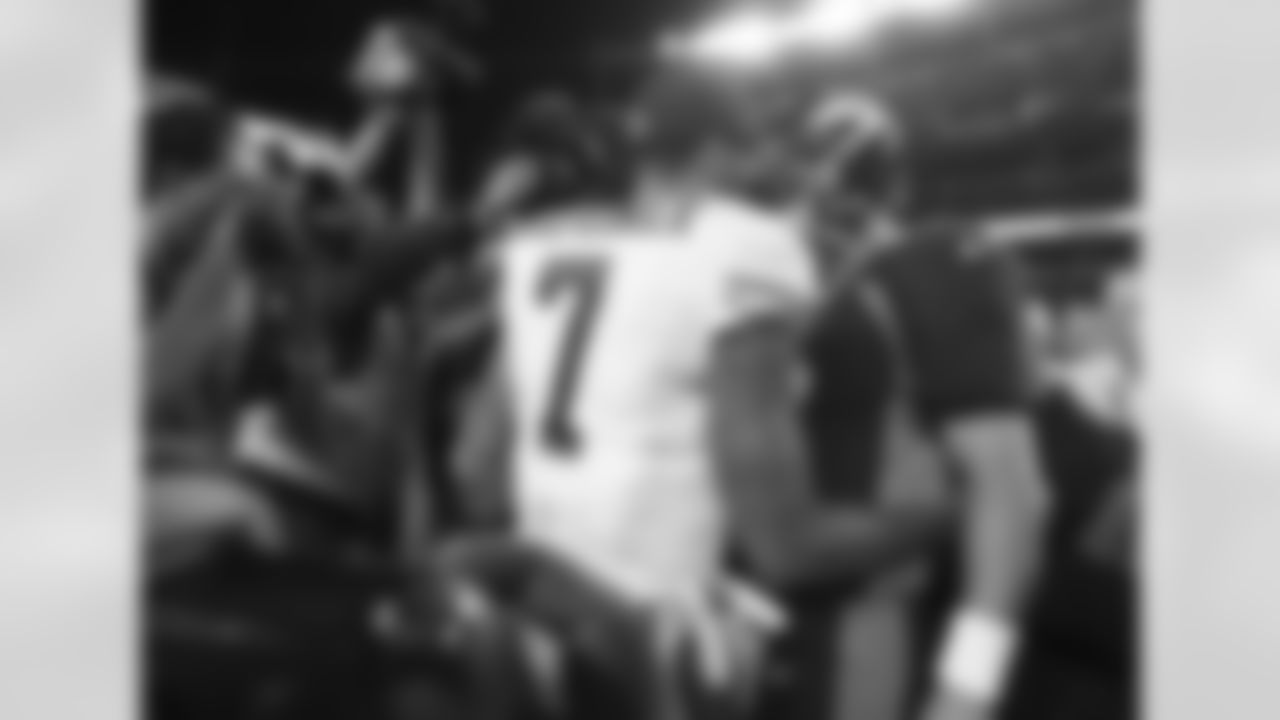
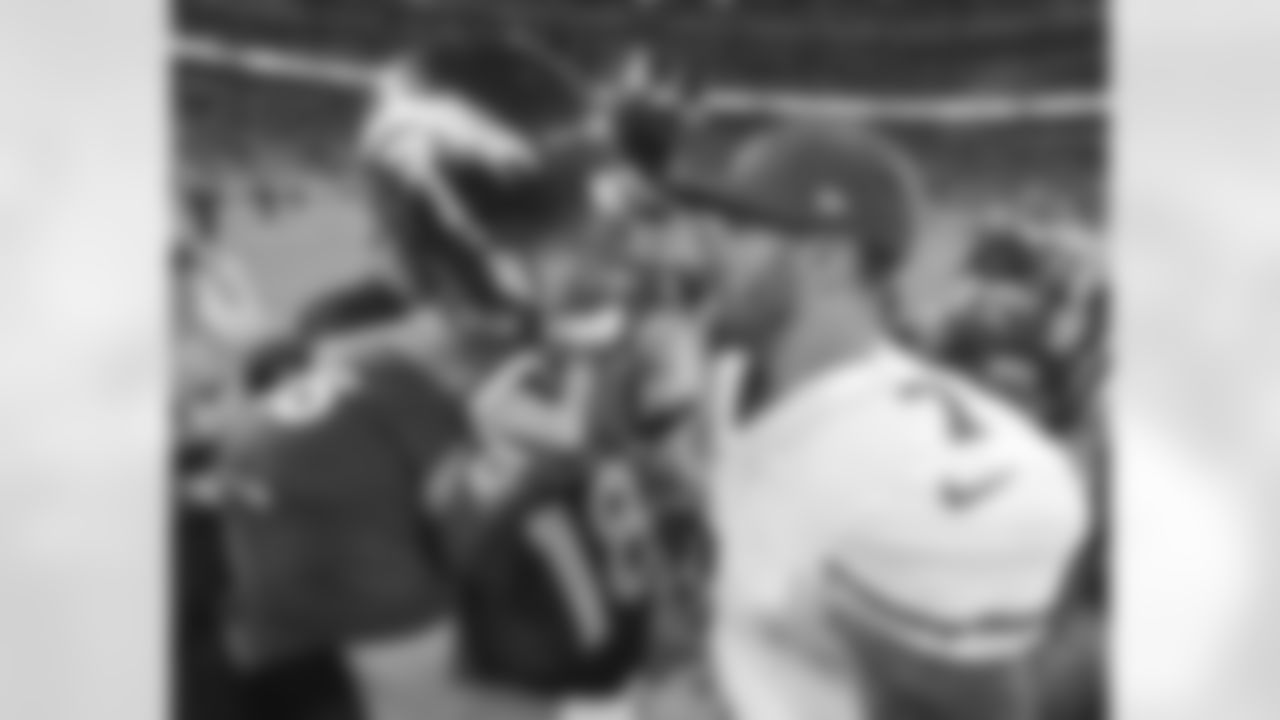
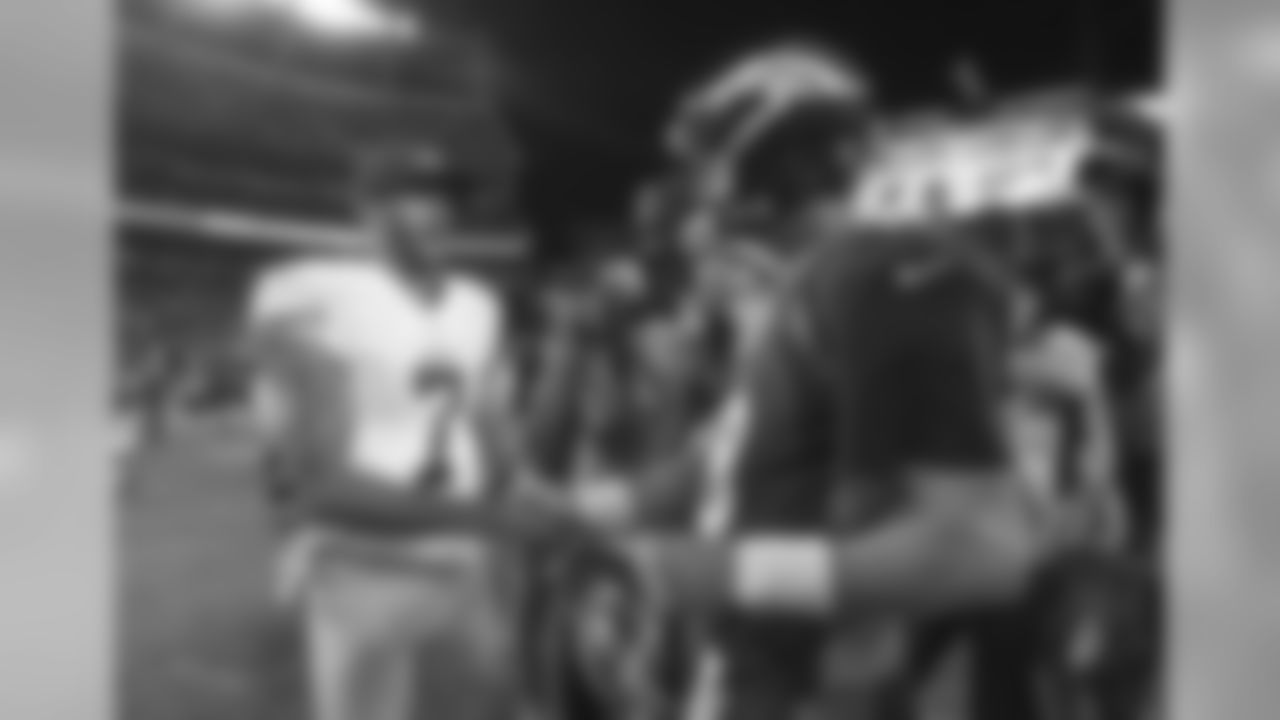
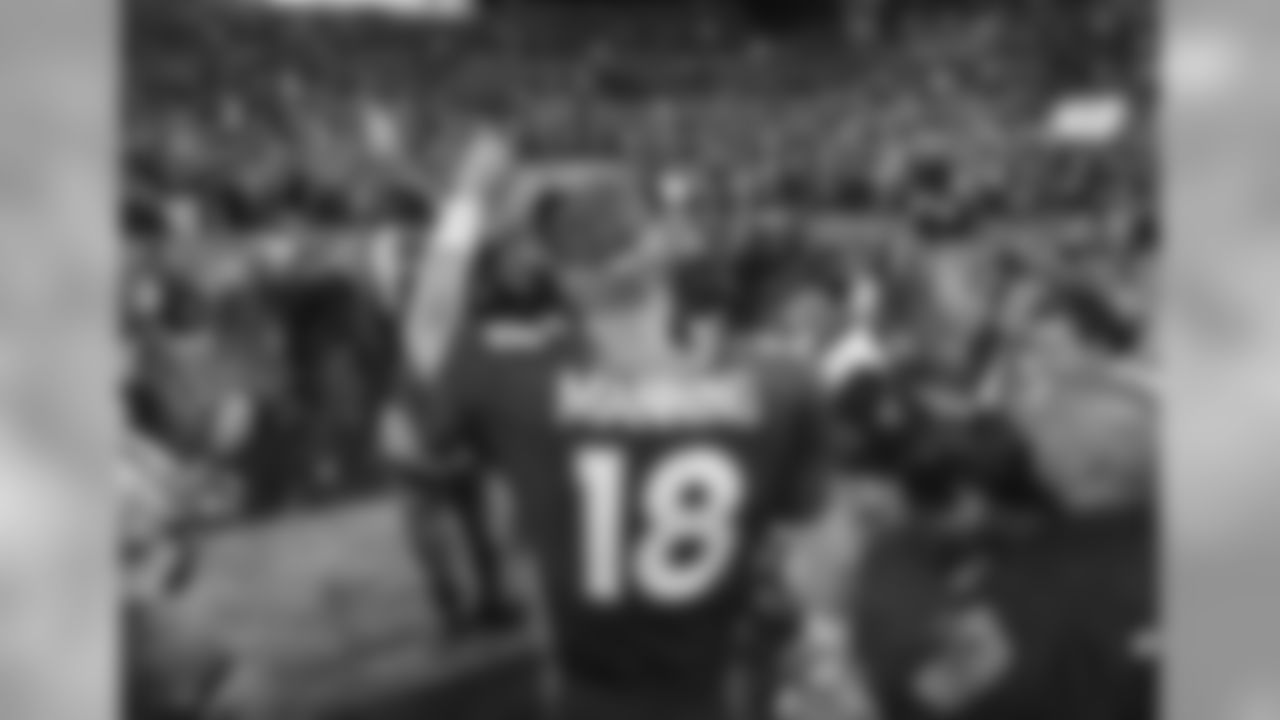


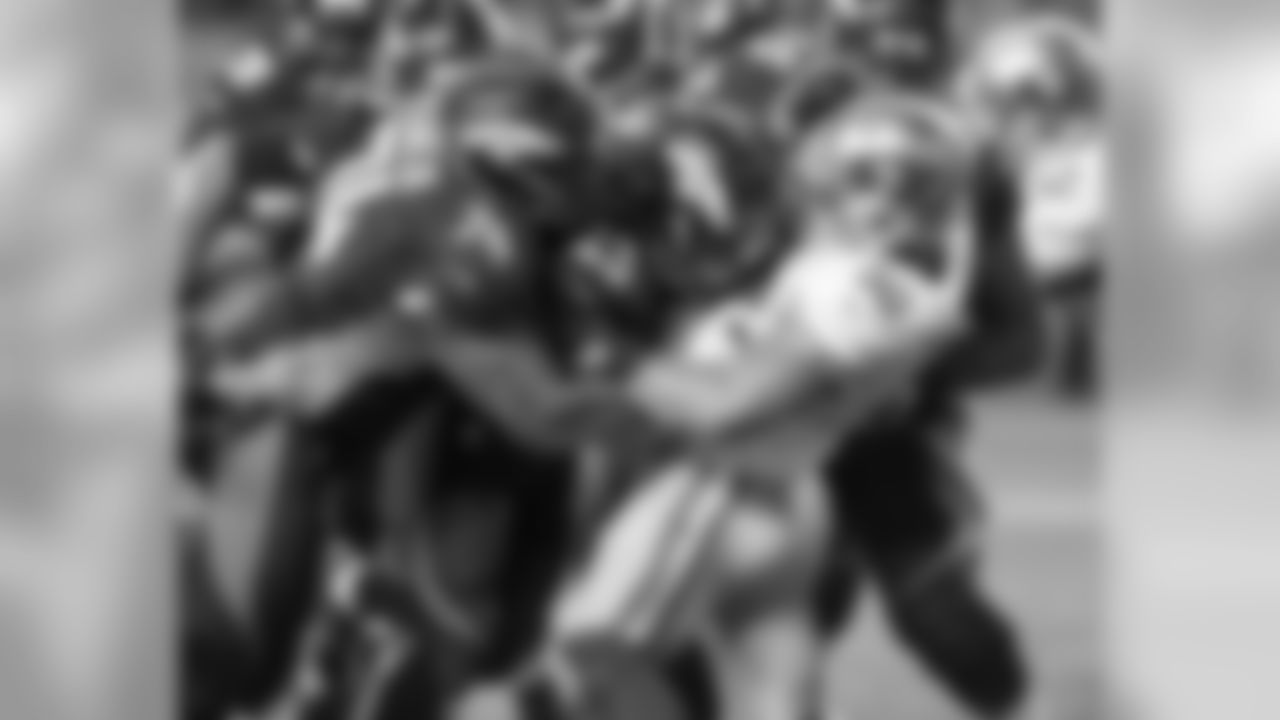
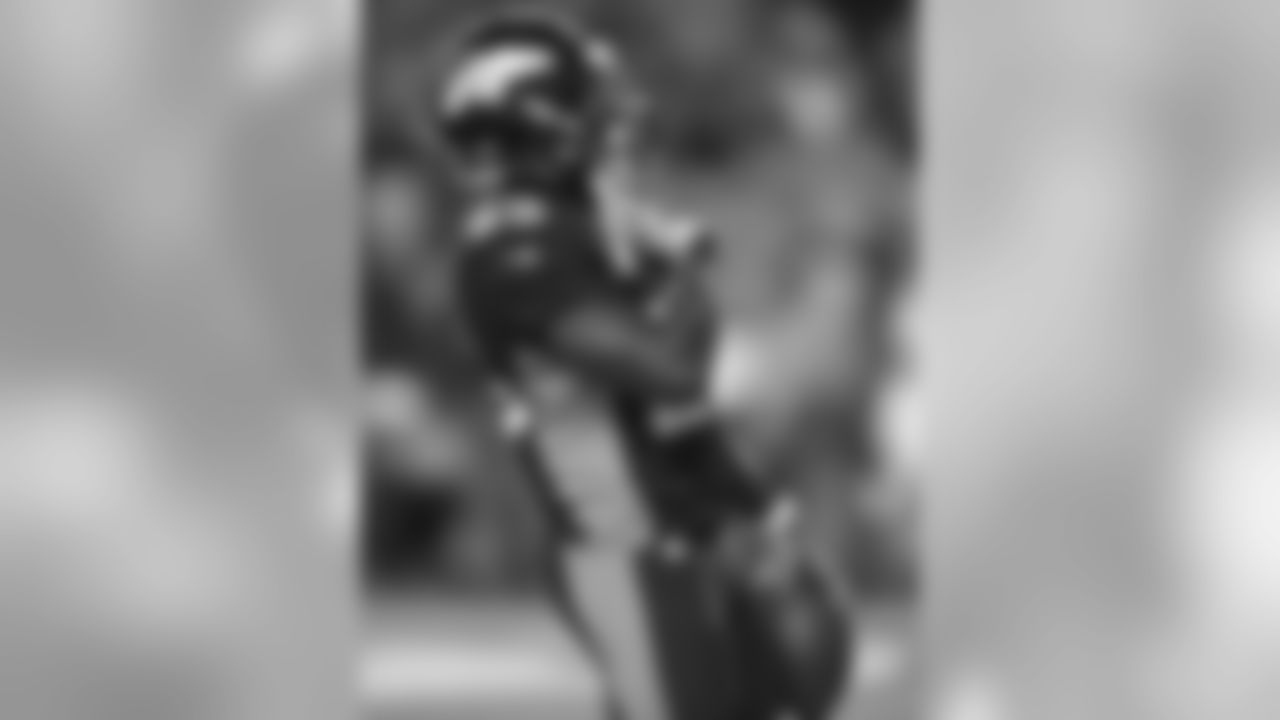
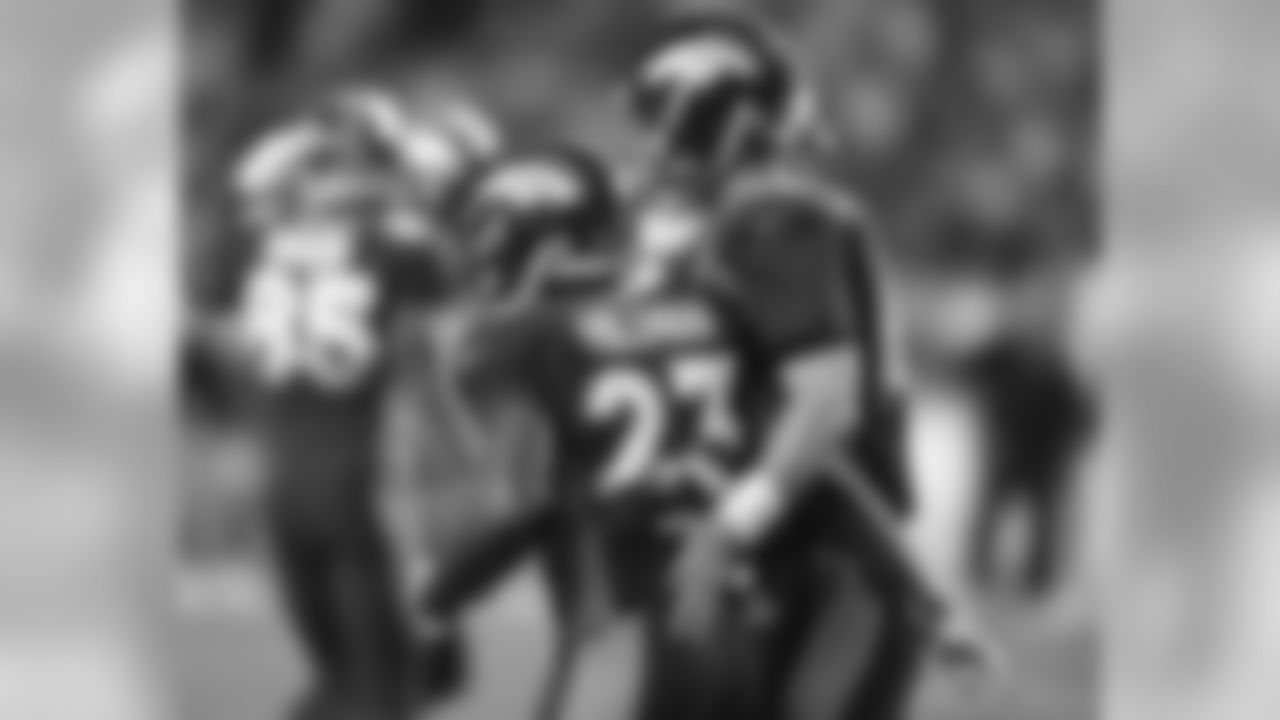
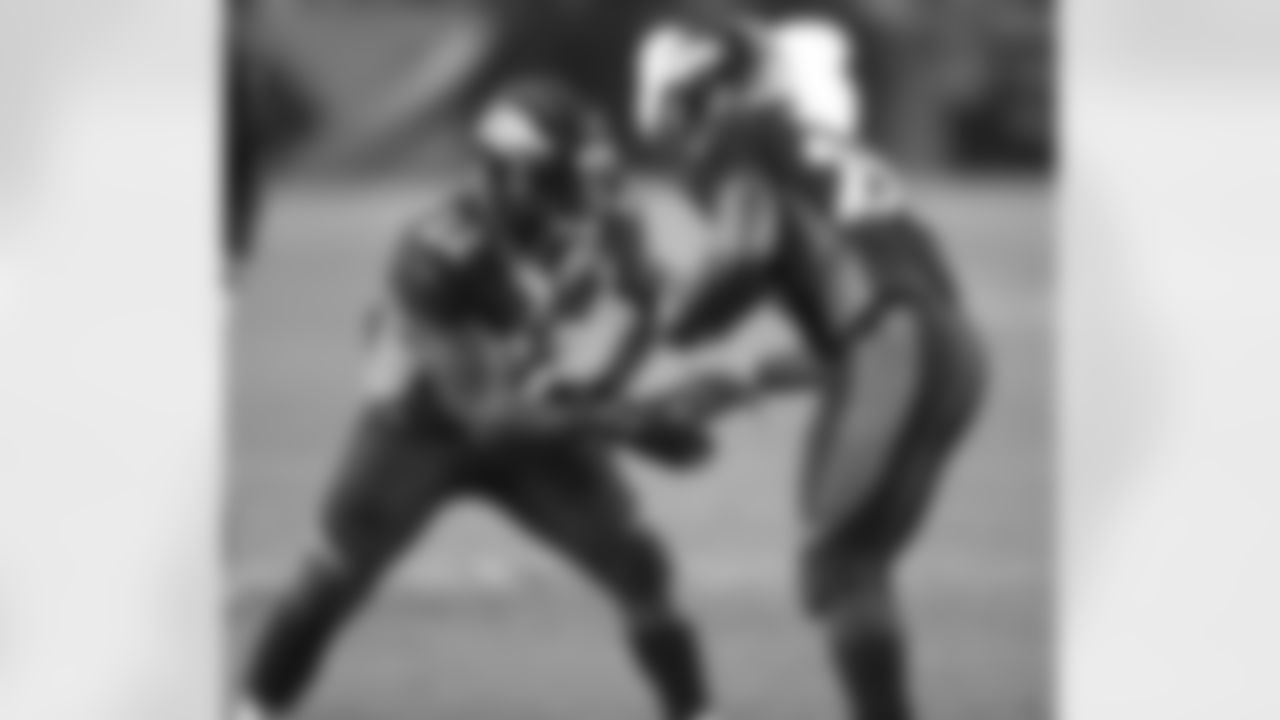
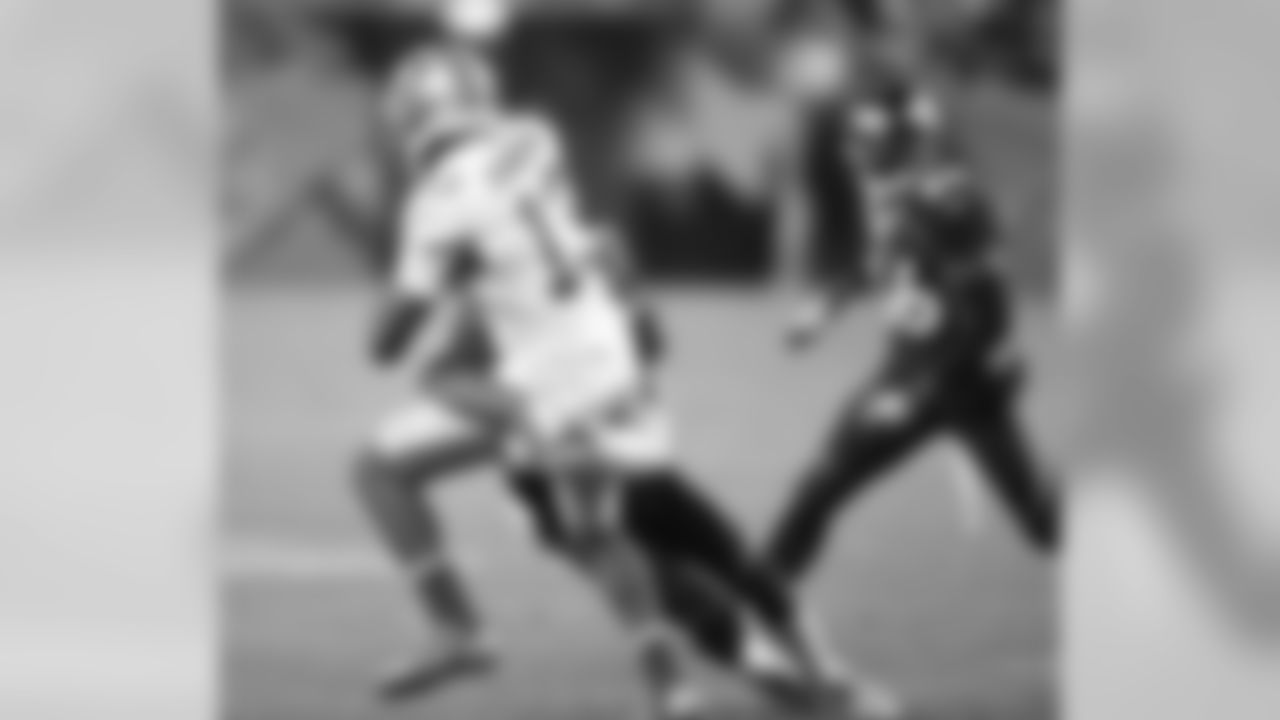
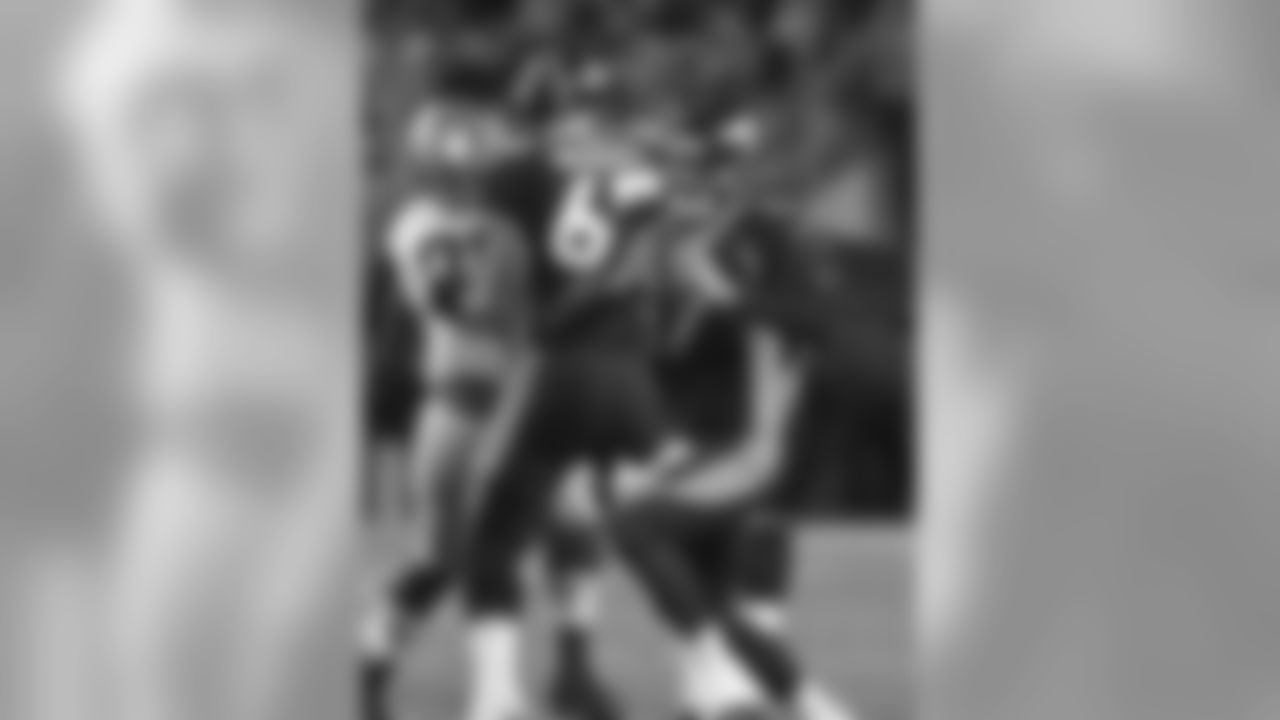
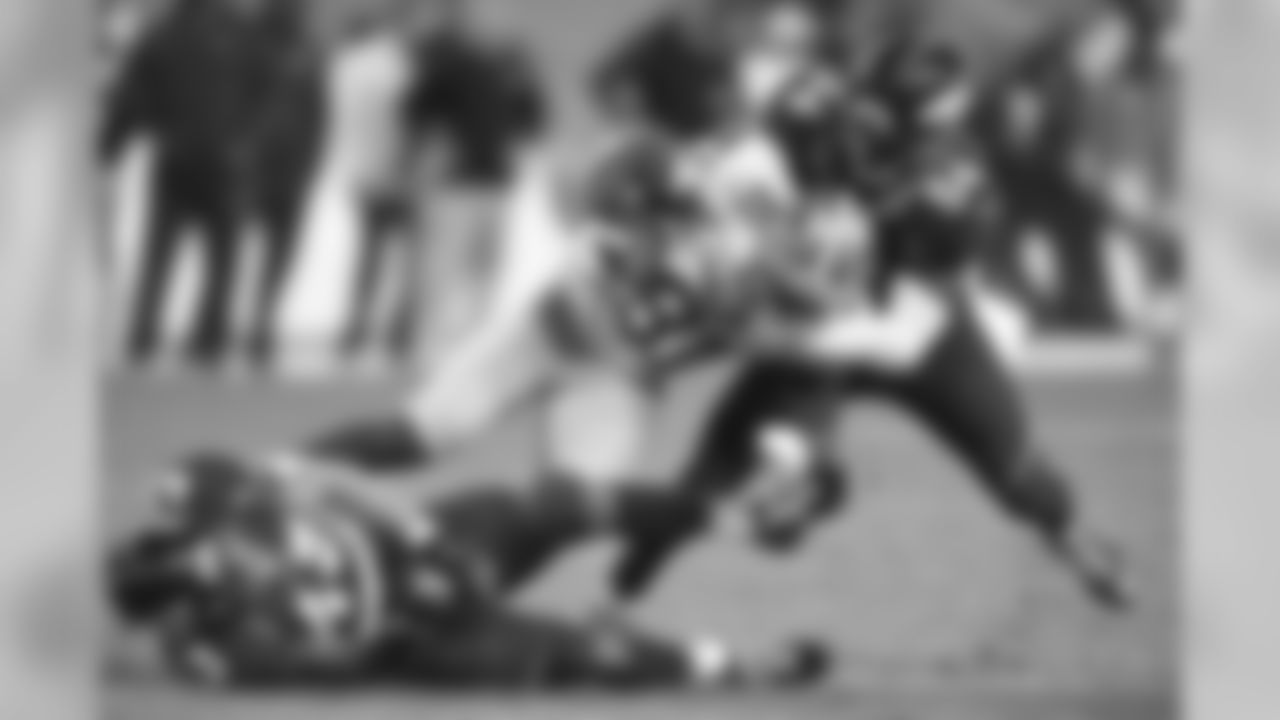
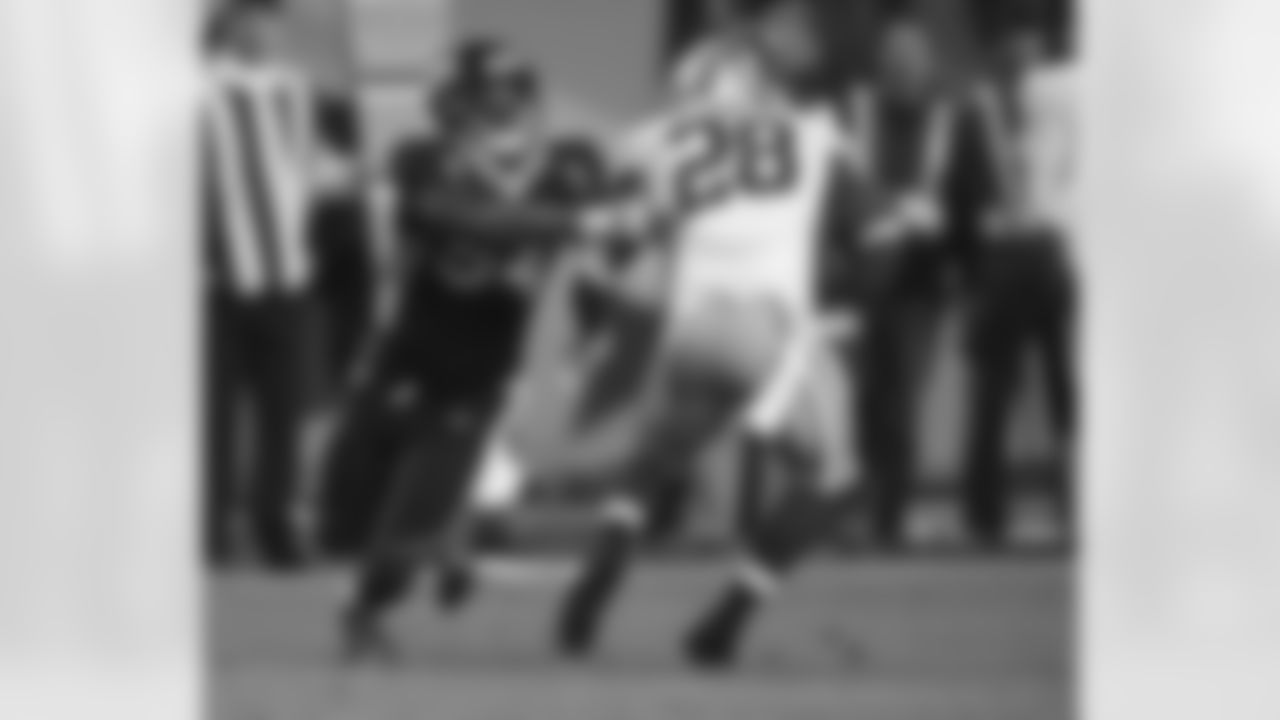
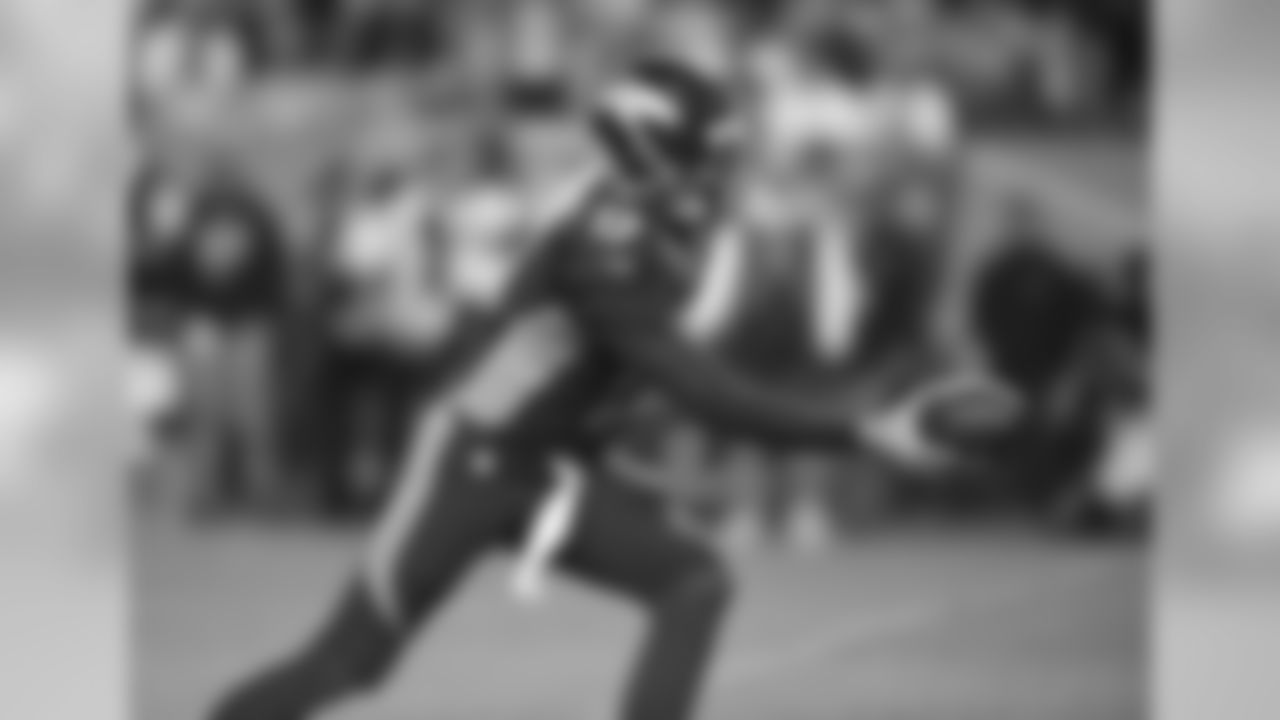
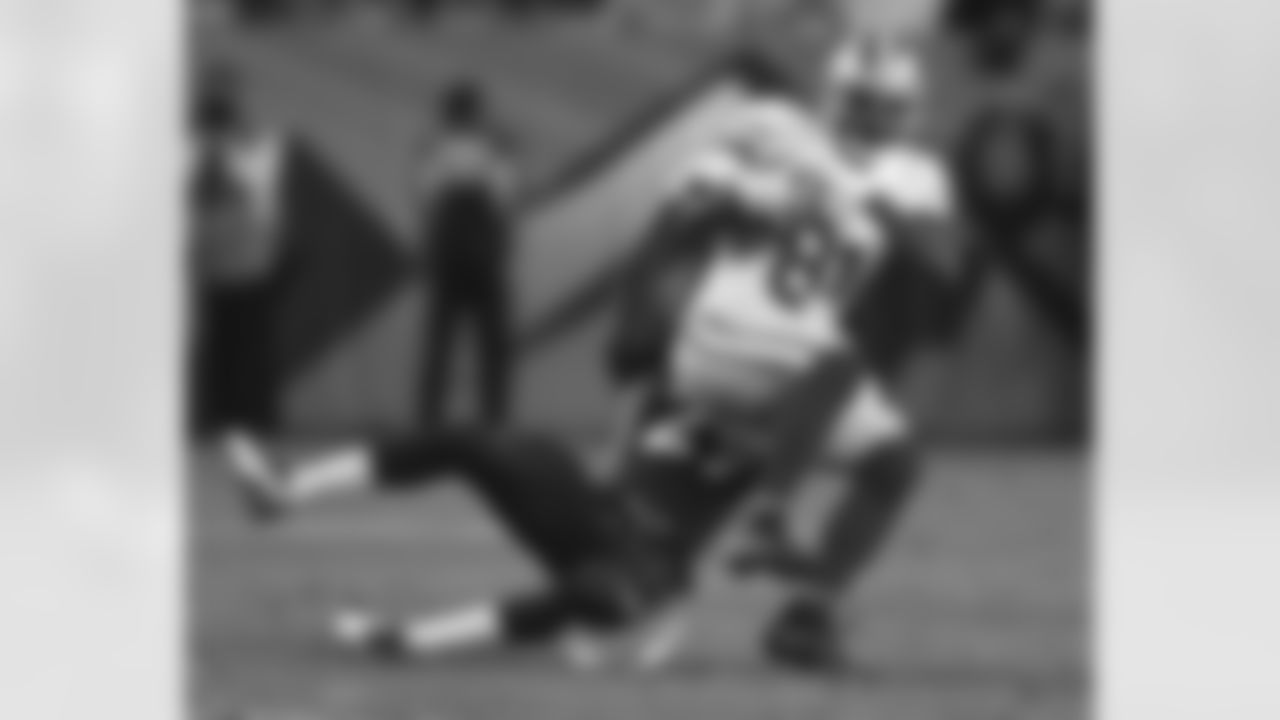
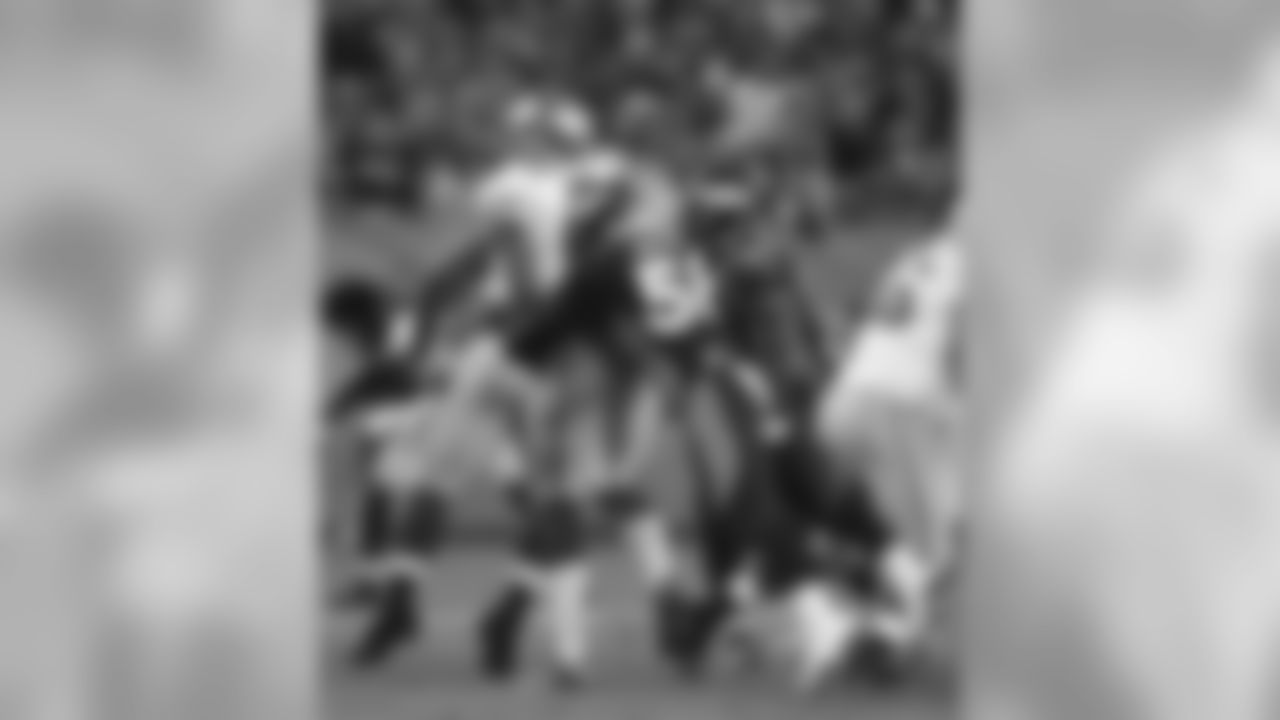
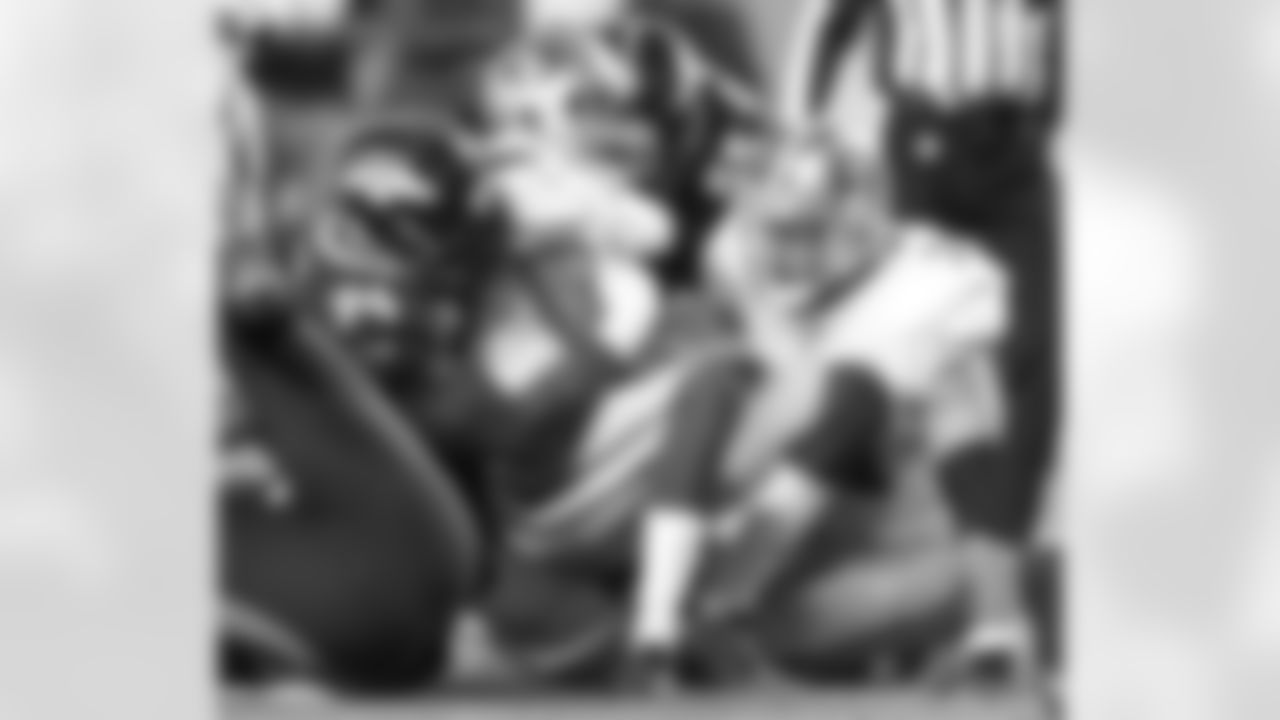
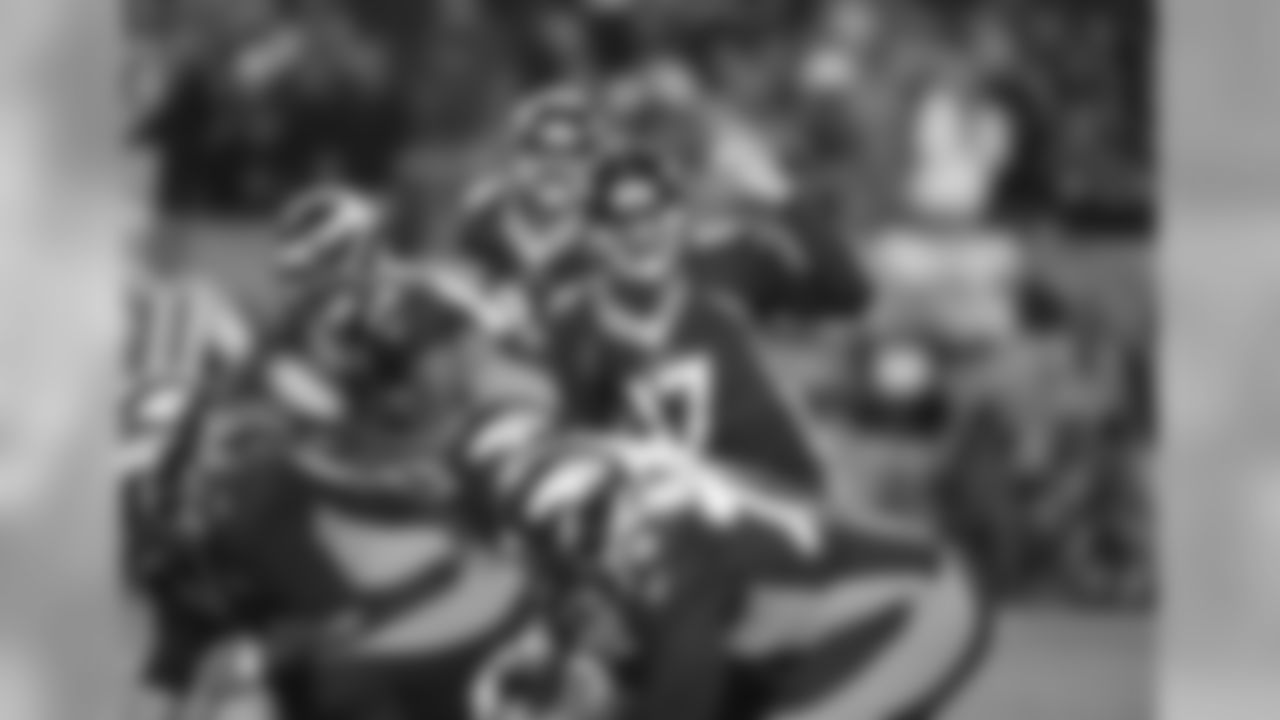
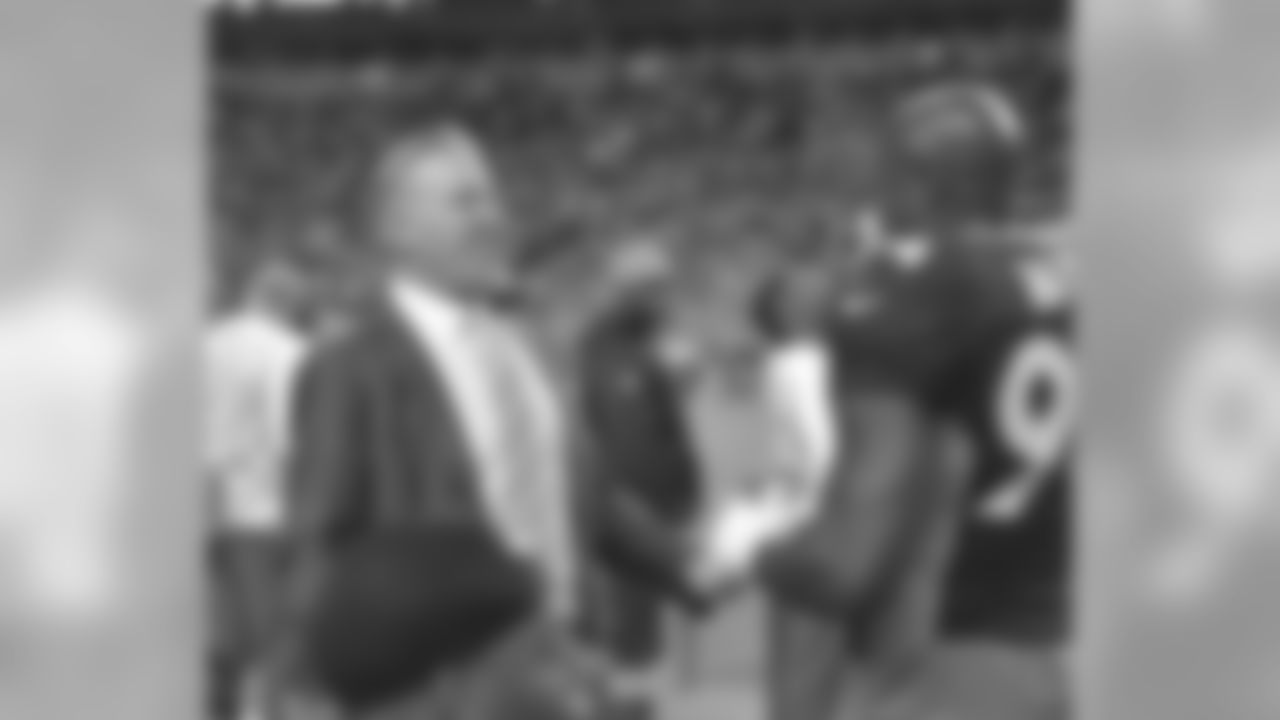
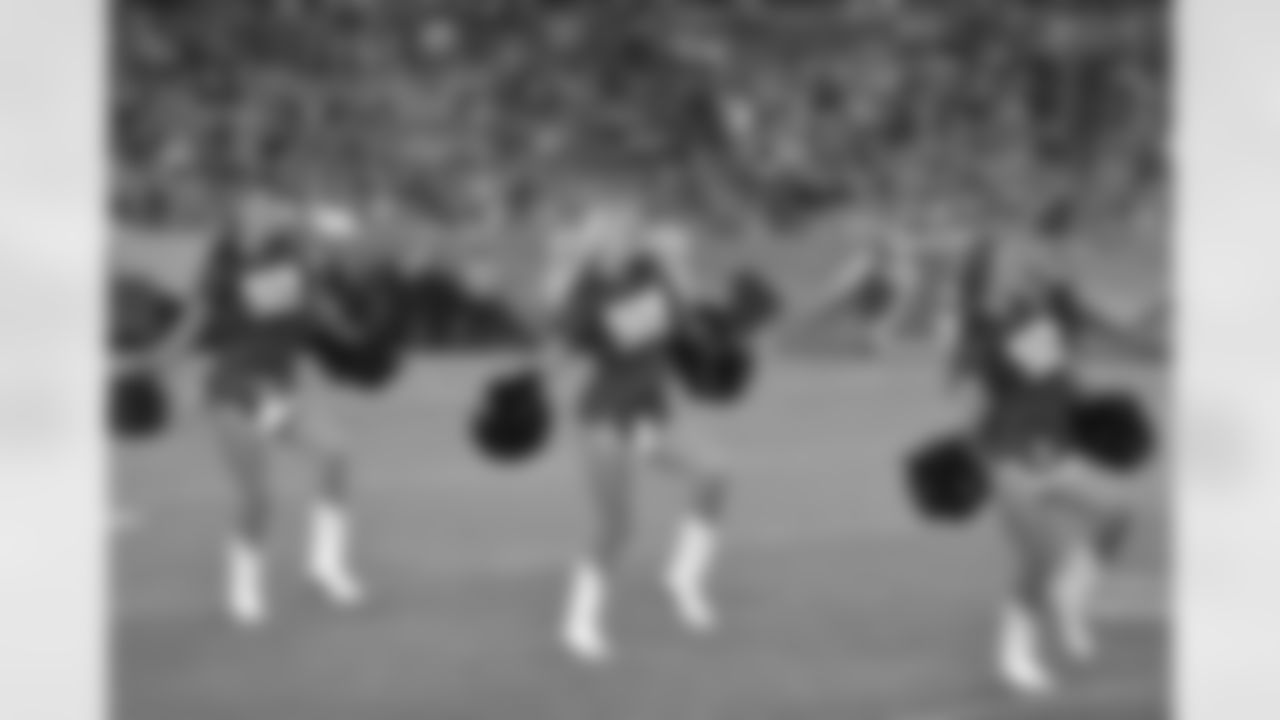
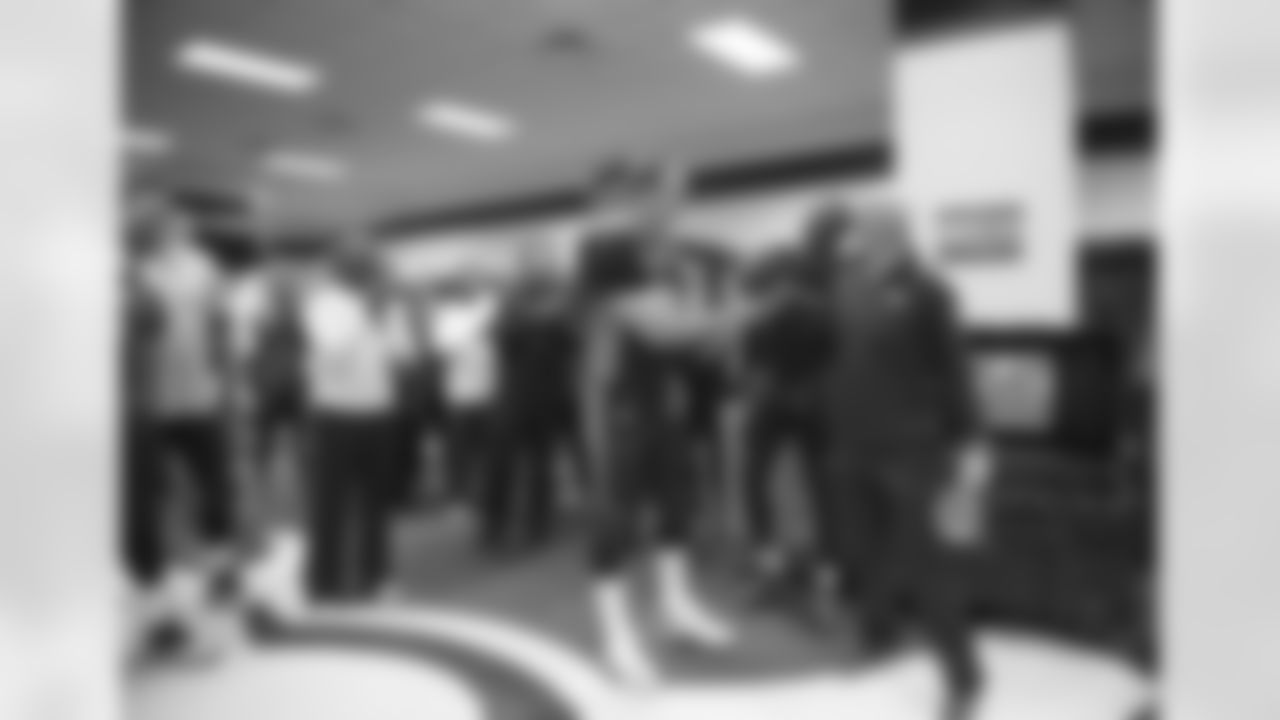


How did you get your start in the NFL?
"My first year in the league was 2003. I was a graduate assistant previously at the University of Arizona. One of the guys I worked with there got a job with the Niners and recommended me for a job there and that was the first time I had coached special teams.
Before coming to Denver you previously worked with Coach Fox in Carolina. What was it—maybe technique, maybe style—that you think endeared you to Fox to give him the confidence to make you Special Teams Coordinator?
"It'd be tough for me to answer that for him. I think everywhere I've been, I just try to do the best job I could, whatever the task was. Usually good things happen as a result of that. We're a very fundamental and technique-oriented team. That's something coach always teaches, what to do and how to do it and seeing if guys can do it under pressure, so those two philosophies marry up pretty decent.
People see kickers often as just plug-and-play players in that there need not be as much of an adjustment period for them, but what challenges were there in bringing in Brandon McManus as the kicker on short notice?
"In terms of other positions, comparing the kicker to a right guard or a middle linebacker or a nickel corner or whatever, their job description is relatively easy as it relates to knowing what to do: kick the ball with accuracy on time and with hang time if it's a kickoff. So that part of it is a plug and play type deal. The parts that make it challenging, that does take time, is the field goal operation. There is a lot of different ways to snap the ball. There's different ways to hold the ball. Matt Prater was a guy who liked it held one way; Brandon likes it held a different way. We're fortunate to have the same snapper and the same holder as we did previously so we're only changing one of the three parts, but those guys, it's a continual process and it'll be that way really throughout the season. The guys who are the best in the league usually have that operation together for a year, two years, five years, so we're still working on that."
What have you seen from rookie Isaiah Burse in punt returns as he gets more comfortable?
"I think that's also a process. Rookie returners in this league, it takes time to adjust to the way the NFL punter punts the ball. It takes time to get to know guys in terms of 'Is this guy a directional guy? Is he going to kick with a lot of hang time? Is this guy going to end over end, rugby-type punter or is he just a straight traditional punter?' So there's those factors and he's doing a good job learning all that stuff, watching tape and getting to know the gunner matchups. How do we match up against those guys? Do we have two players blocking one guy or is it a one-on-one situation? All the situational things that come along with it, he's working through and done a good job of learning that stuff, but him, specifically, the more times a guy's under the bright lights, the better he's going to get. Last week was really the first time we had multiple opportunities in terms of return stuff. I think his quickness shows up. That's something he did a great job in college, making people miss. Last week he did a good job with that and I think he'll continue to get better throughout the season."
How easy does a veteran and teacher like David Bruton make your job?
"We're fortunate to have several guys in that role: David and Jacob Tamme. Nate Irving has been in that role in the past. Really since I've been here, almost that entire 2011 draft class is still intact, minus one guy. And those guys kind of grew up covering kicks together and have grown, obviously, into more expansive roles. That draft class was Quinton Carter, Virgil Green, Julius Thomas, Rahim Moore, Nate. All of those guys, being able to advance into more offense or defensive roles, have been able to kind of mentor the young guys and say 'This is where I started, this is what you've got to do, here's how you can help our team,' and what I think all those guys figure out is if they can earn a role covering kicks, they find their way on the field offensively and defensively. If you're inactive, it's not like you can go back in the locker room and put the pads on; you're out for that game. David is our captain, David is definitely the leader of that group. But those veteran players who have been in that role for multiple years, all those guys kind of share that burden."
How difficult is it teaching offensive and defensive players the other sides: tackling or blocking?
"A lot of our practice, even now, is fundamental work, and I think you continue to get better throughout the season. All these guys are great athletes and all enter the league being All-Conference players, All-American, whatever their respective positions are. So special teams, itself, is usually foreign to those players, but they're all great athletes. They're smart players who, whatever jobs we give them, it's important for them to do well, so they just continue to work on it. Usually it takes about four to five weeks into the season before those rookies really get a grasp of it. Our guys have really come on a little bit faster than some of the other groups we've had. There's five or six rookies playing every week for us on fourth down, so they've embraced it.
Like you were saying earlier, special teams work can be a way for players to get their foot in the door in the league and then prove themselves to earn bigger roles on offense or defense. What's the biggest rags to riches story you've seen?
"Well, specifically for our team, Chris Harris. Chris entered the league as an undrafted free agent in a lockout year, so he shows up, we're a new coaching staff, there's a real limited amount of tape on him from college, he's ninth on the depth chart at gunner, and that's ninth at left gunner, so there's 16 guys ahead of him, and that's just at gunner. He happened to get thrown into a game early in preseason and I believe he made eight tackles that year in the preseason out of, like, 16 coverage plays or something. He was a dominant gunner for us, really for the first half of the season in 2011 and he made so many plays special teams-wise, that the defense kind of took notice and started playing him in some sub nickel situations and he's starting for us later on that year, and that's hard to do. It's hard to enter the league as an undrafted guy and be starting at corner in the NFL in less than a year.
When Rick Upchurch was here a little while ago, he said he sees punters these days are more trying to get distance on their kicks and that back when he was playing, there were more coffin corner types. What's changed?
"Well certainly in plus-50, you don't see it as much, and the reason why is regarding that field position, you see a lot of pressure stuff. In order to put the ball on the sideline, you've got to walk and turn your body that way. Now there's ways to combat that, but if the best part of your protection is in the middle and you're walking toward the edge, you're bringing those rushers closer. What guys have figured out now is if they punt the ball with extreme hang time, they're going to have players down there in the returner's face to make him fair catch the ball or to even get to the goal line themselves and then catch the ball when the returner has decided he's not going to. Jeff Feagles was really the last guy who specialized in the technique of trying to put the ball out of bounds in a plus 50 area. Now I'd say 80 percent of the guys punting now are directional punters in the minus area. They're punting the ball for the minus 20, minus 30, minus 40. Most of the guys are directional punting toward one sideline or the other. That isn't what I'd consider coffin corner, and I'm sure that's probably what he was referring to."






